University of Iowa
Iowa City, IA
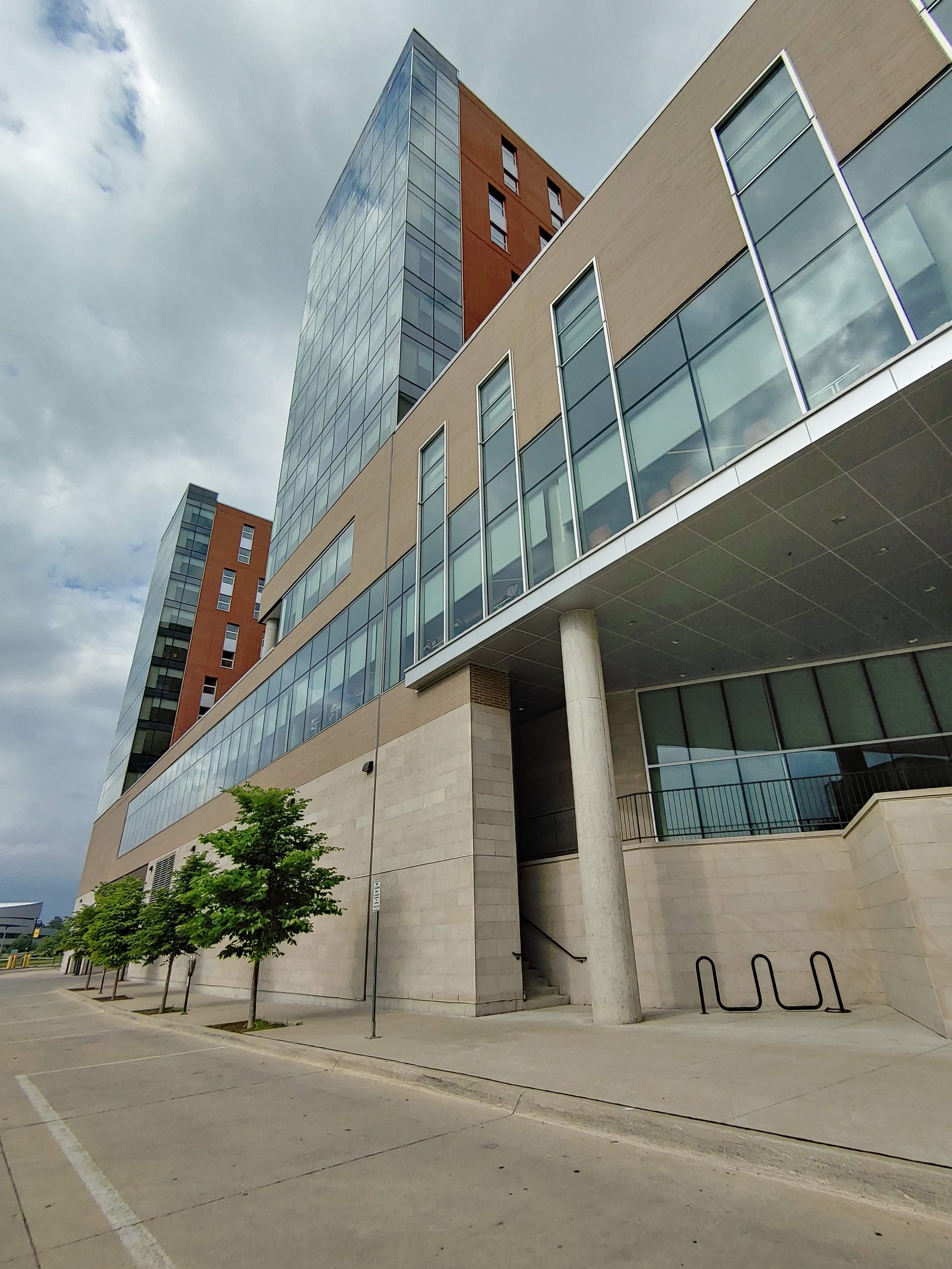
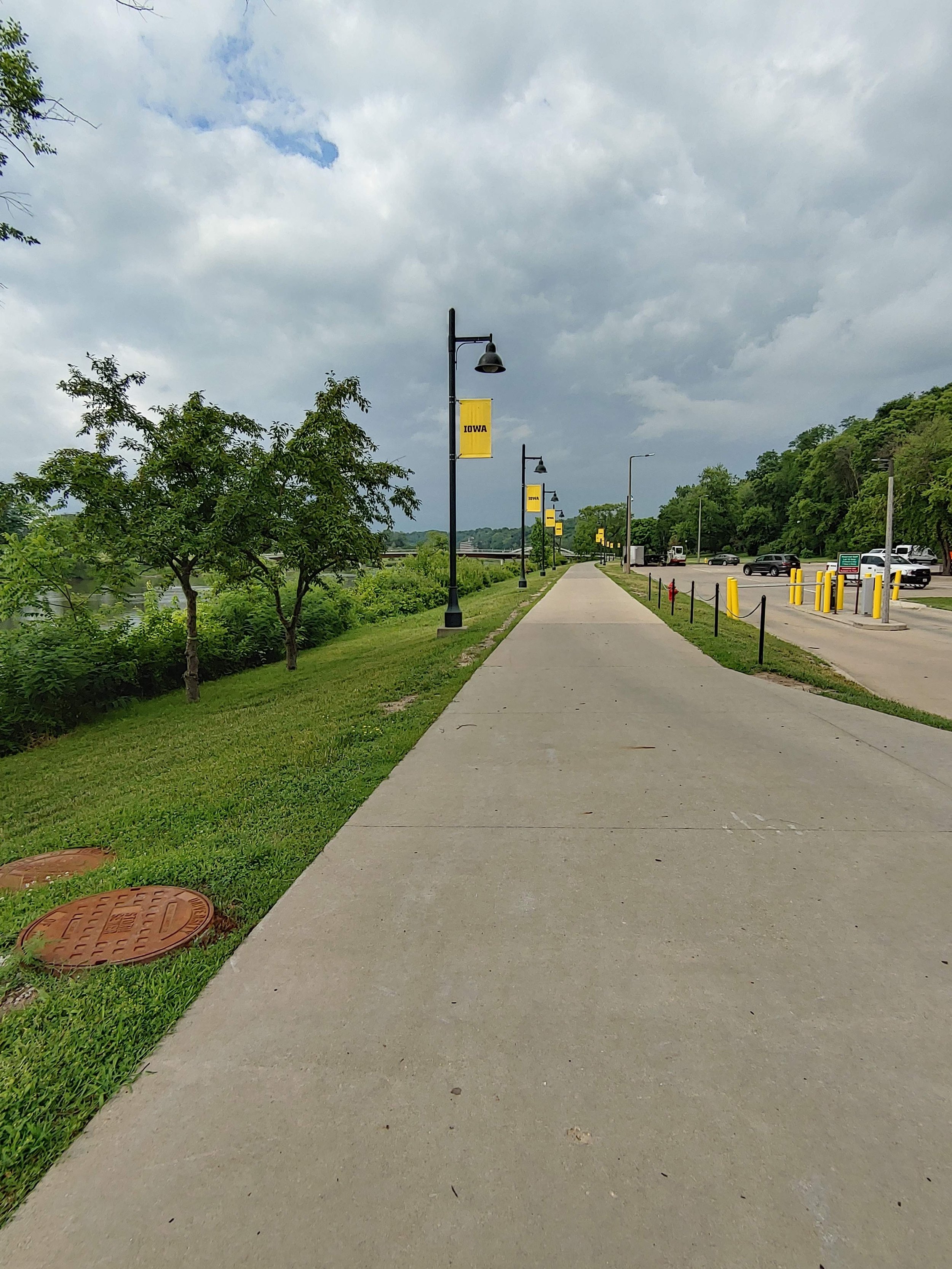
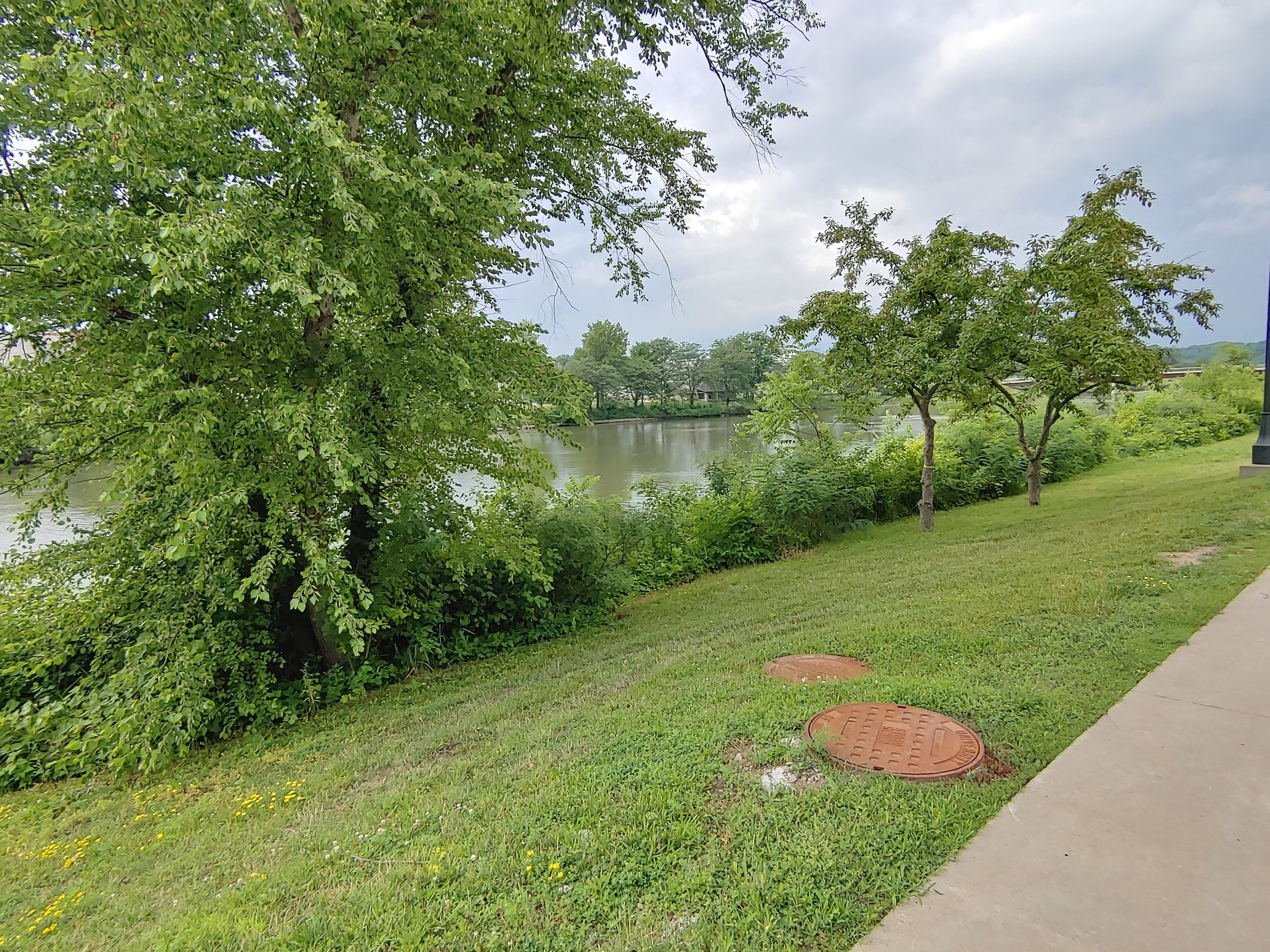
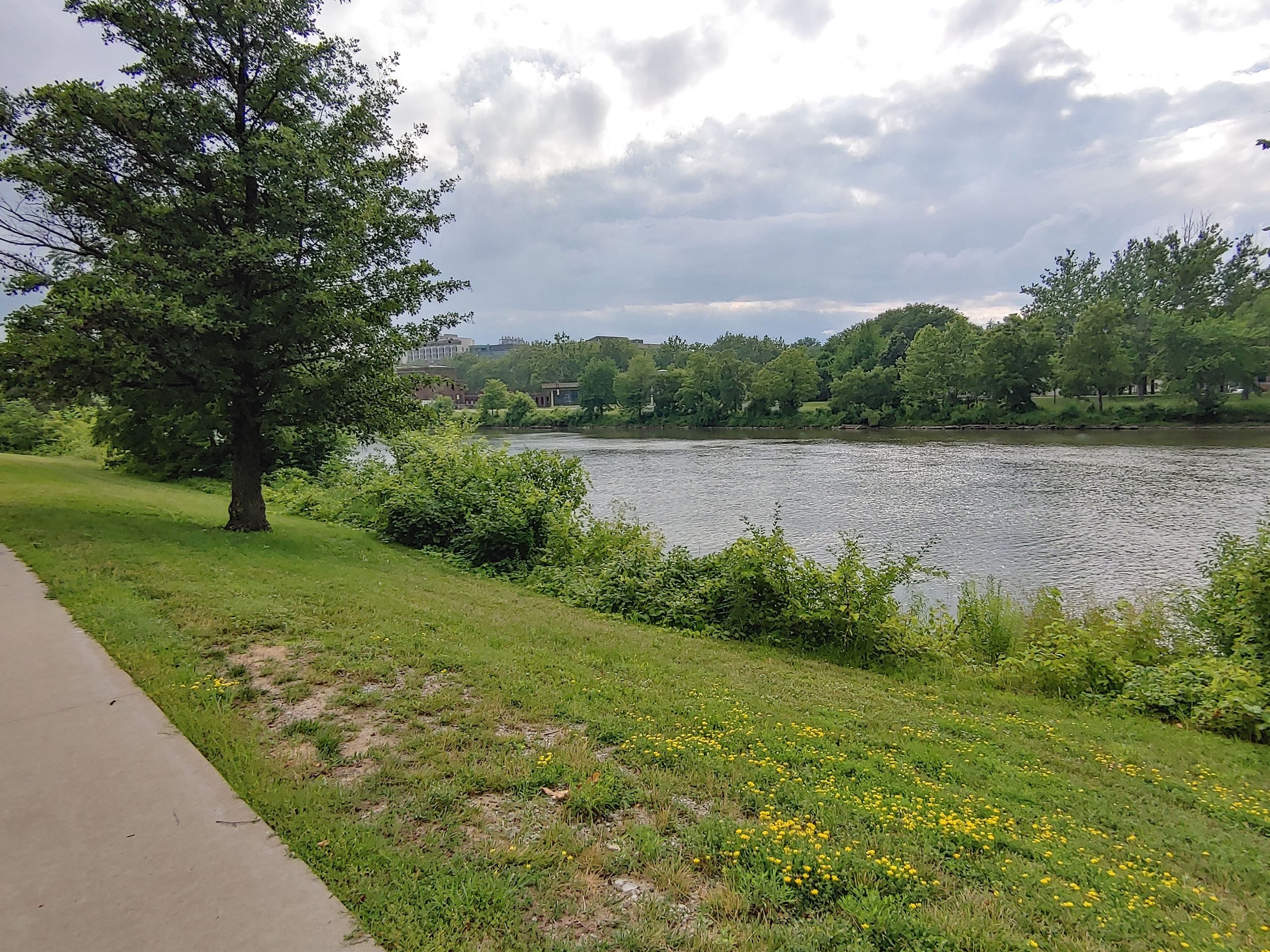
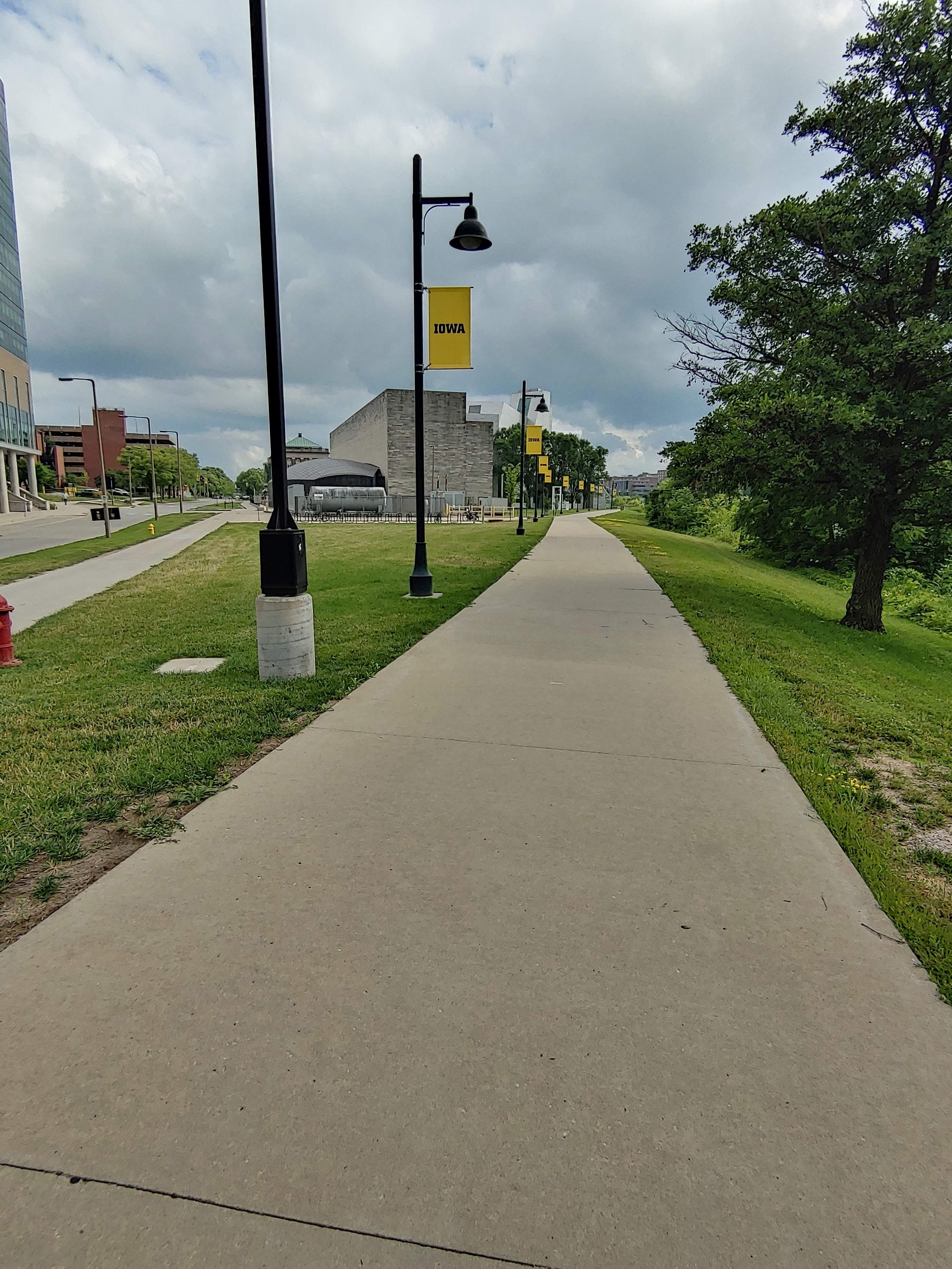
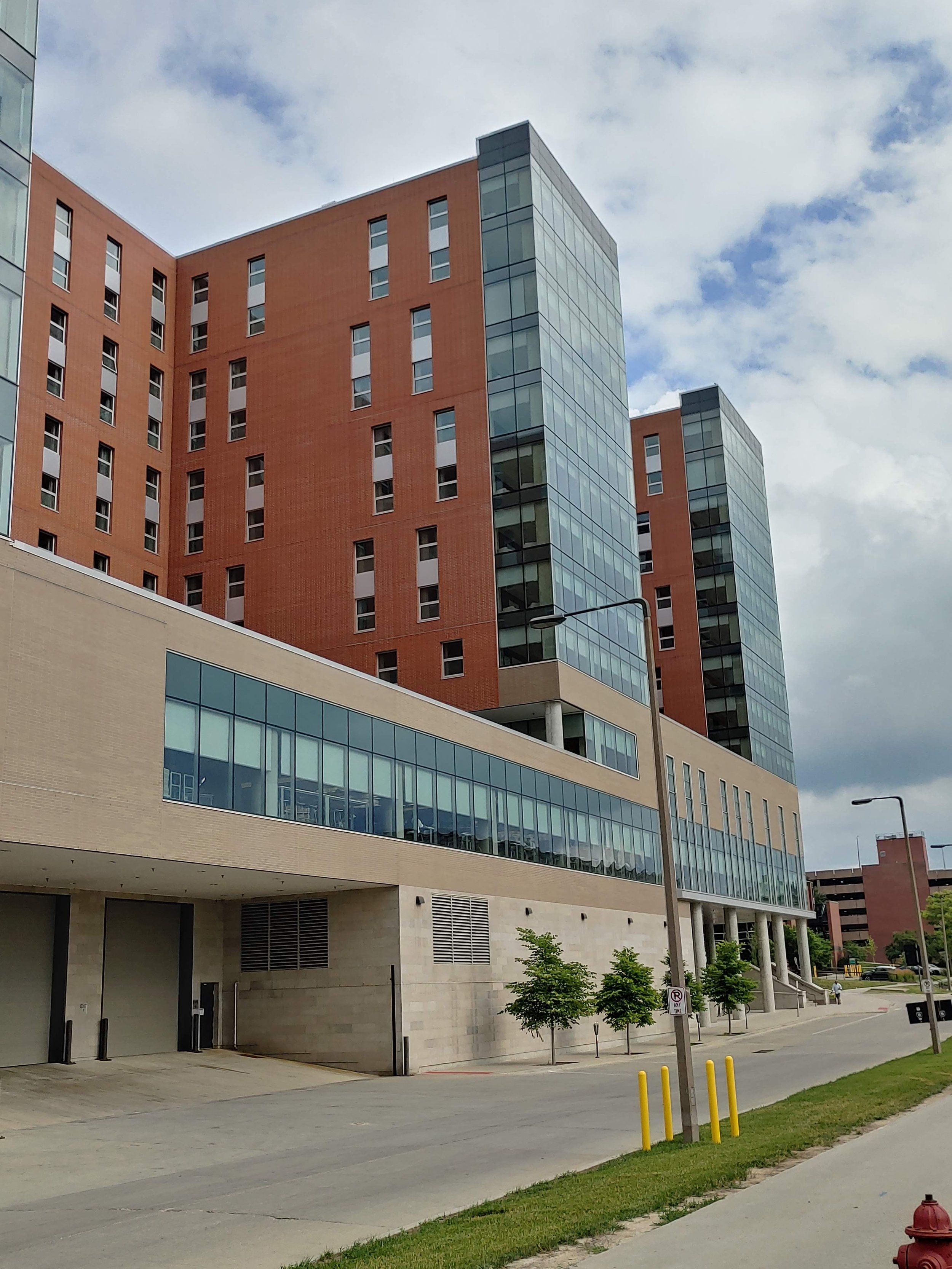
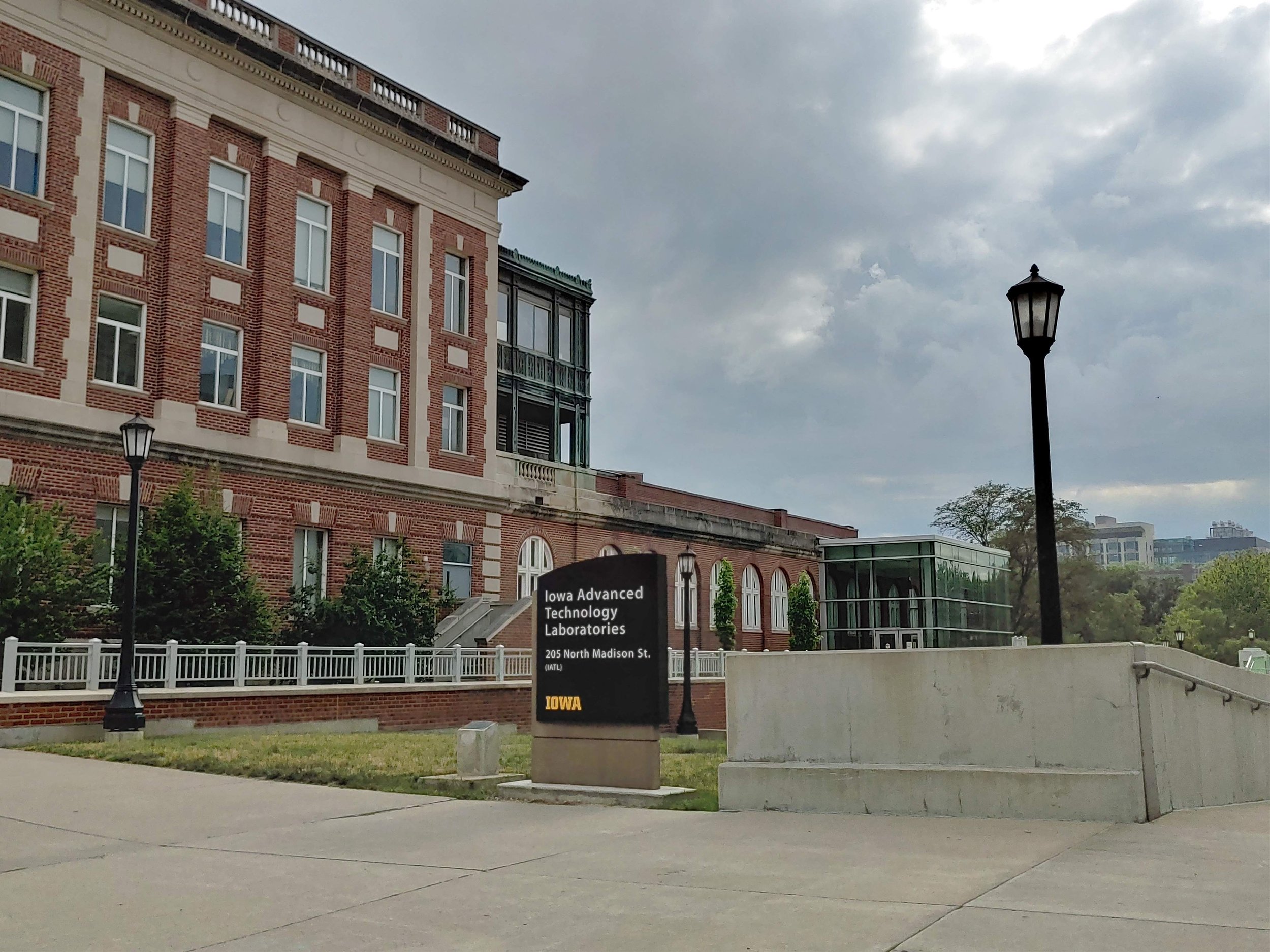
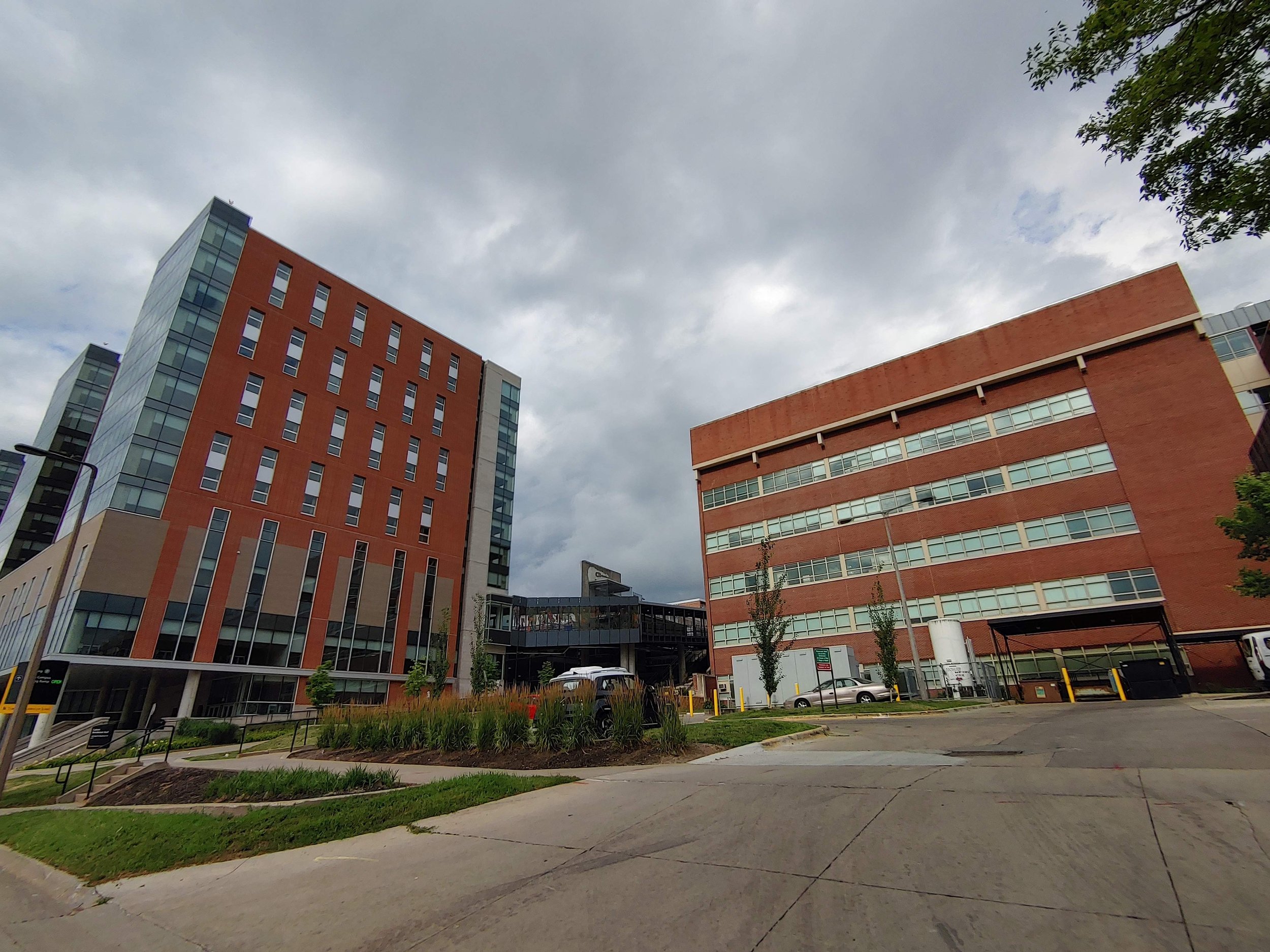
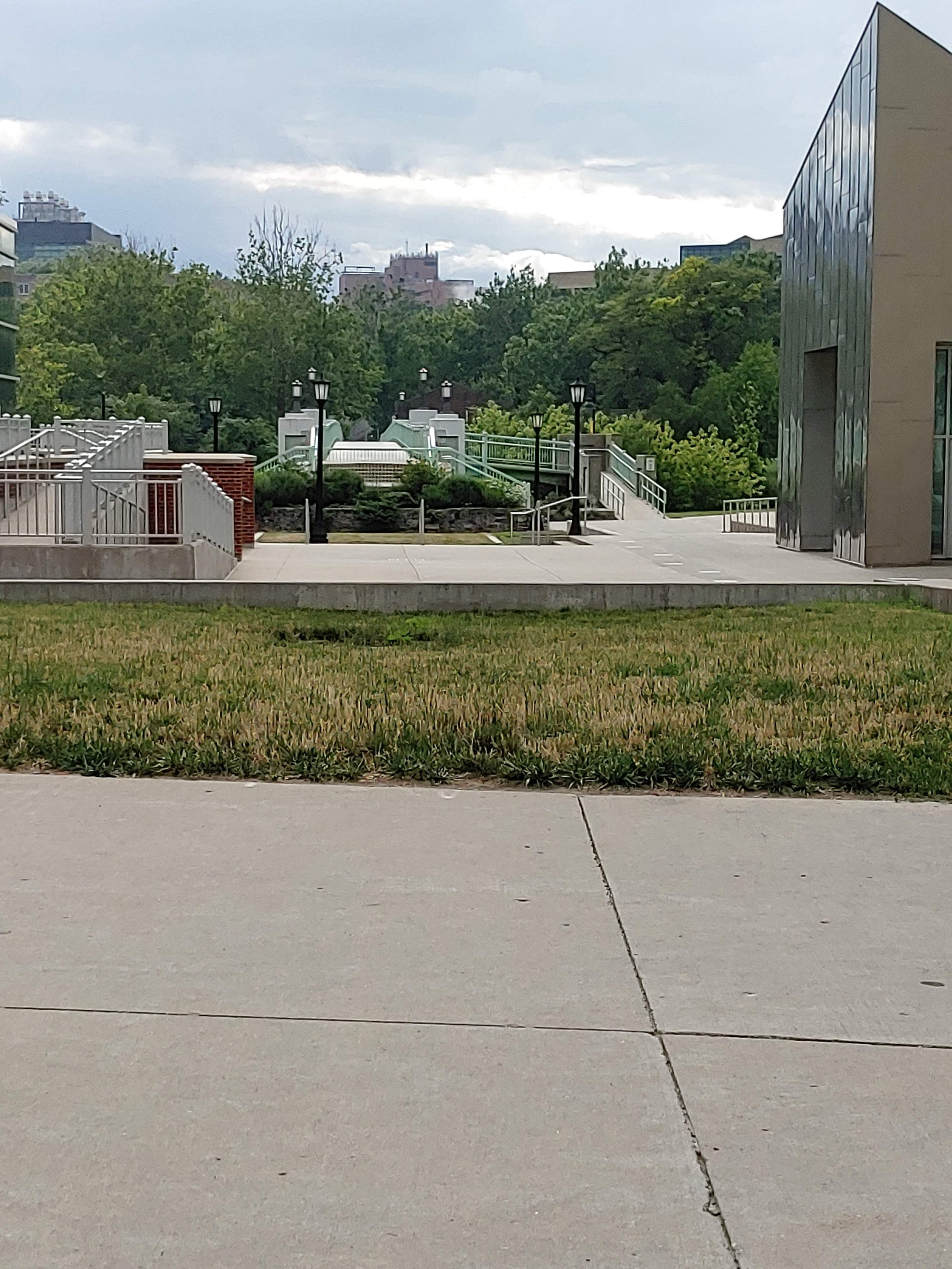
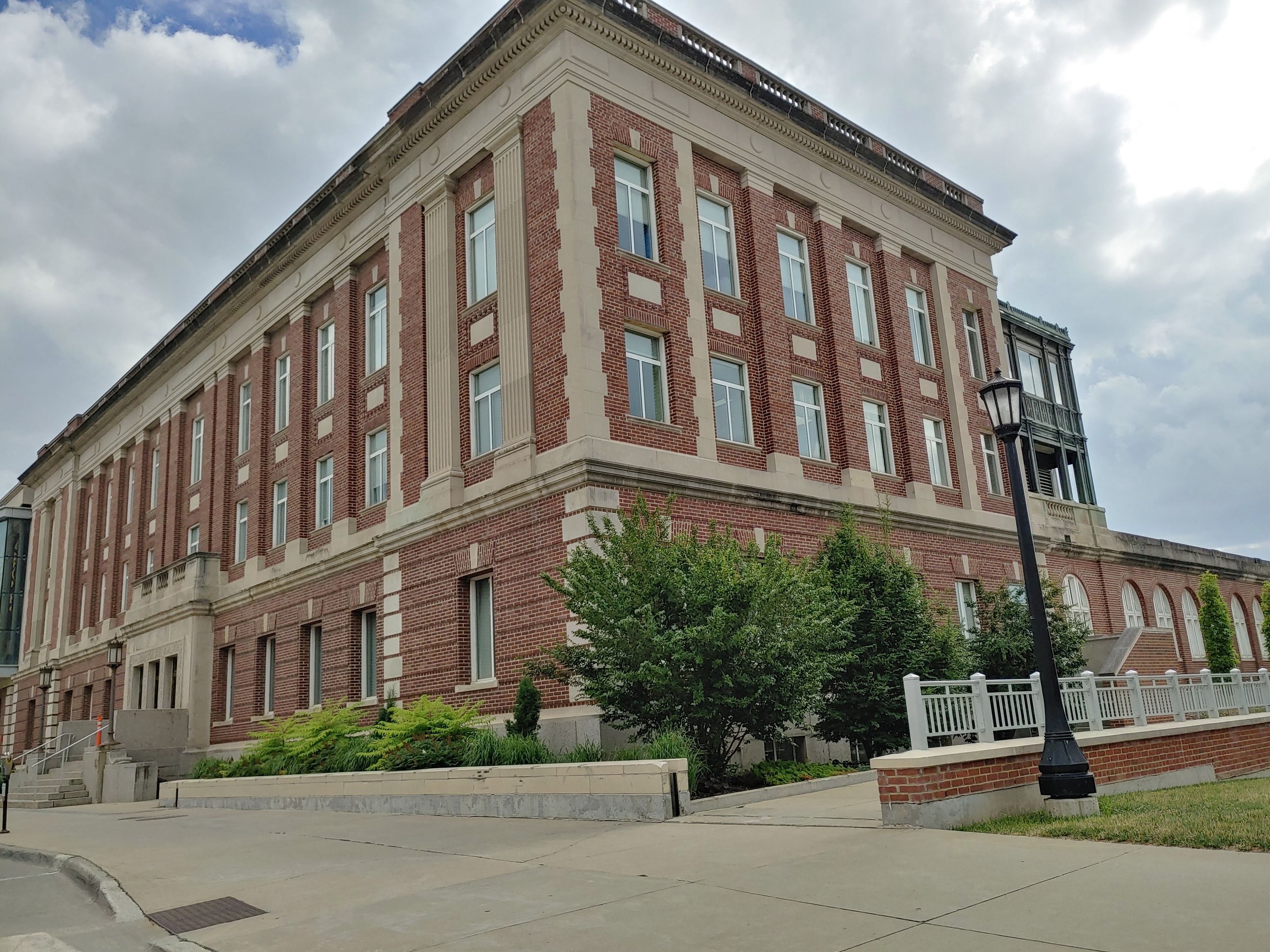
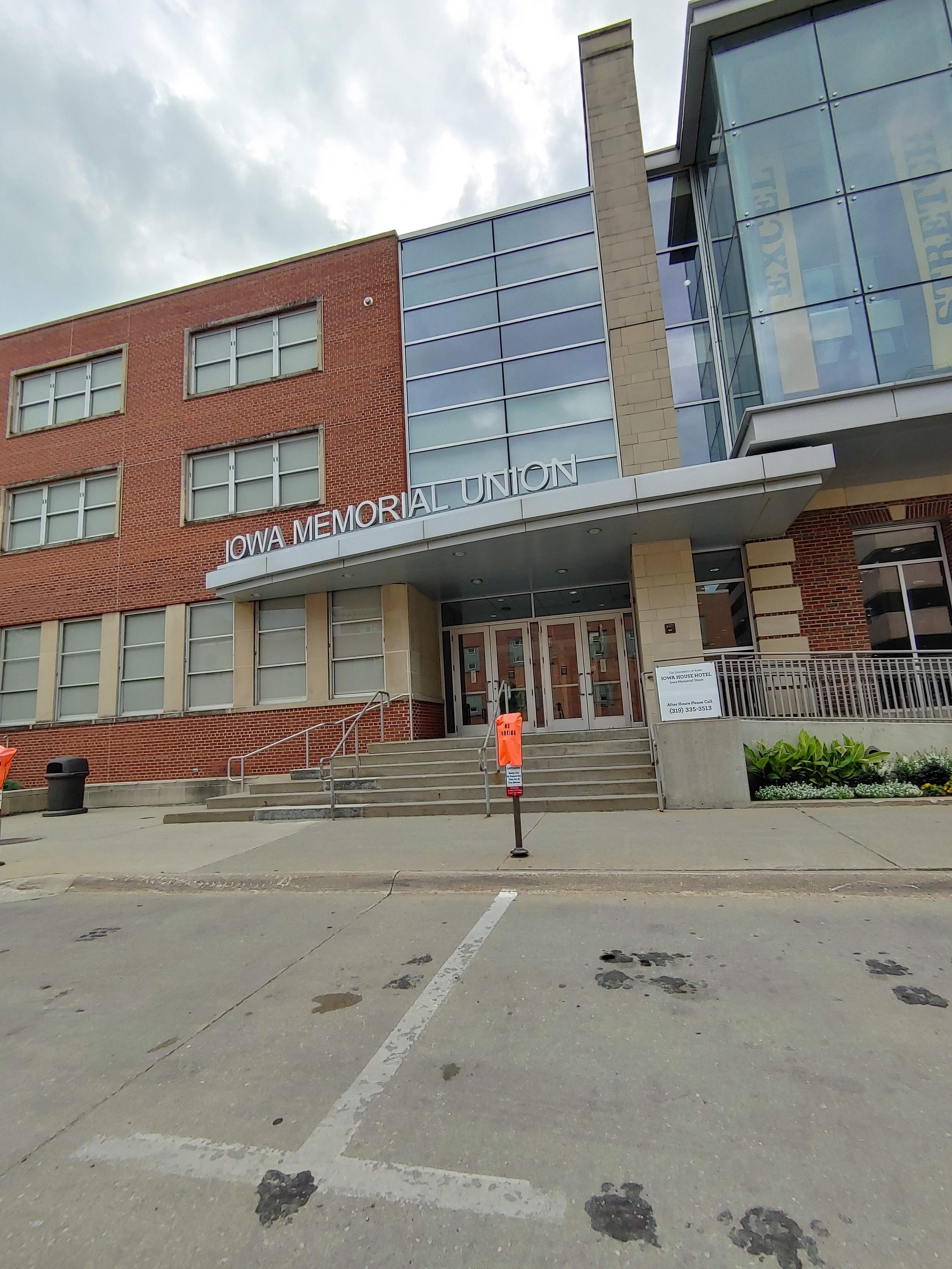
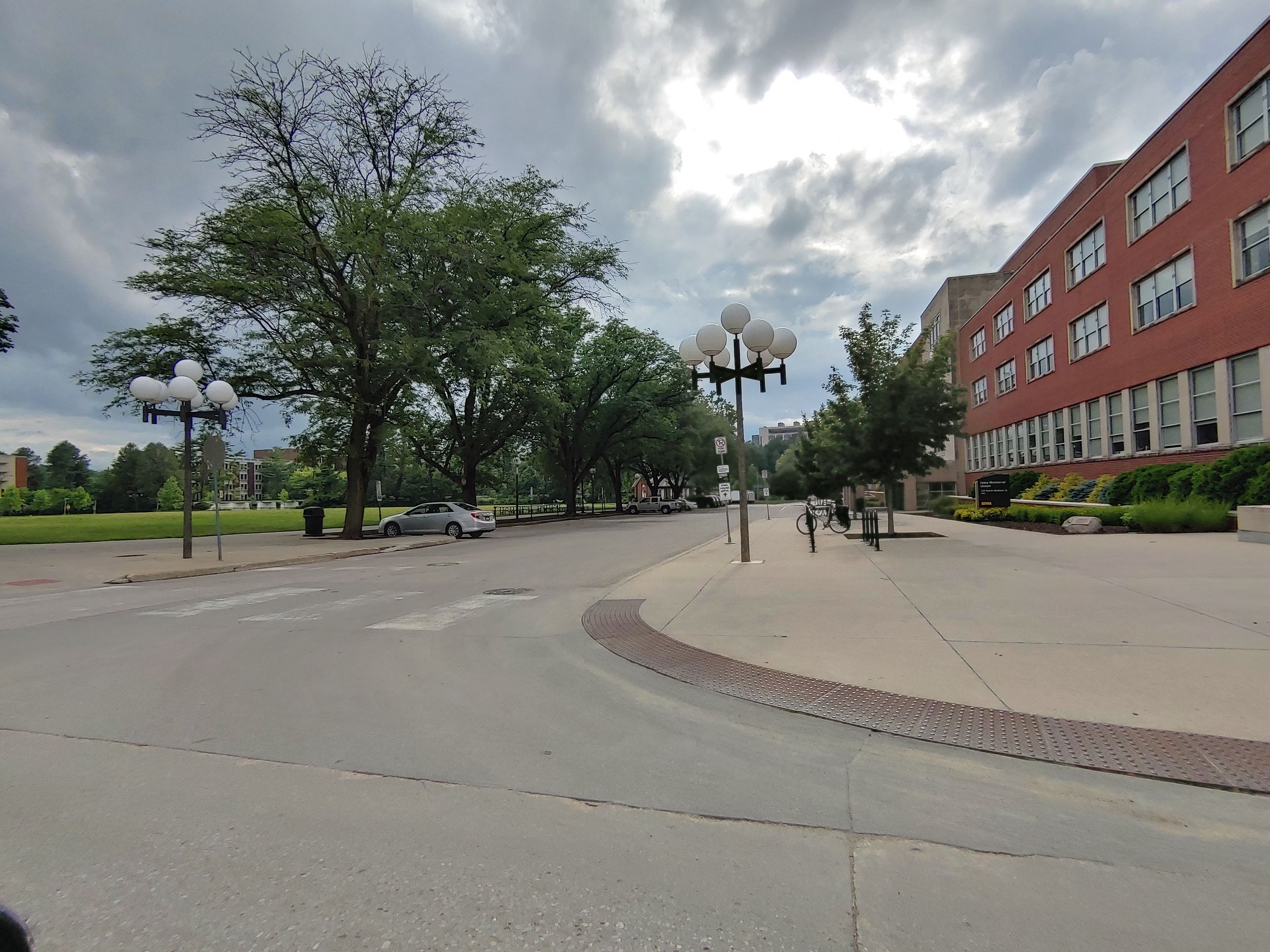
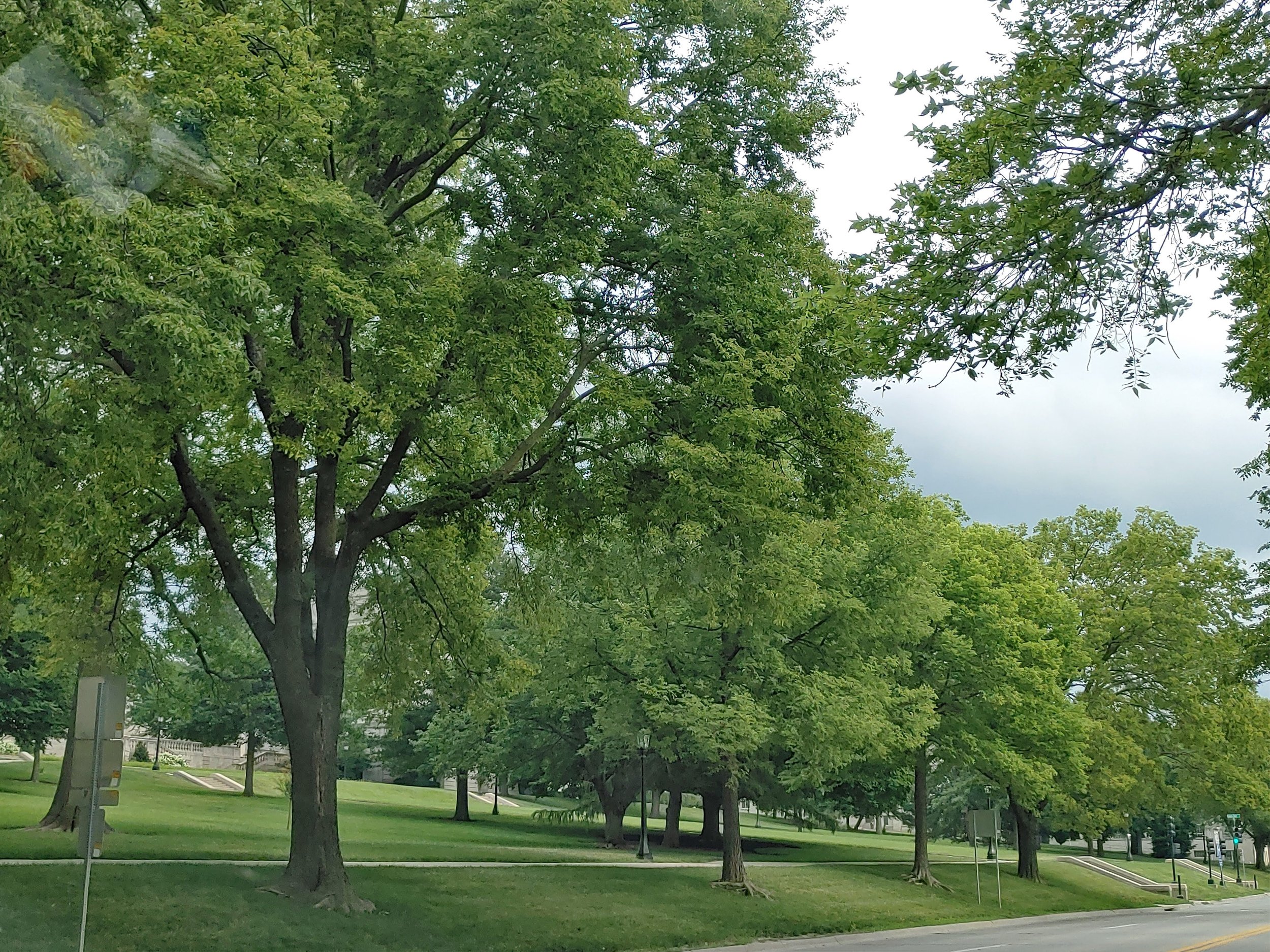
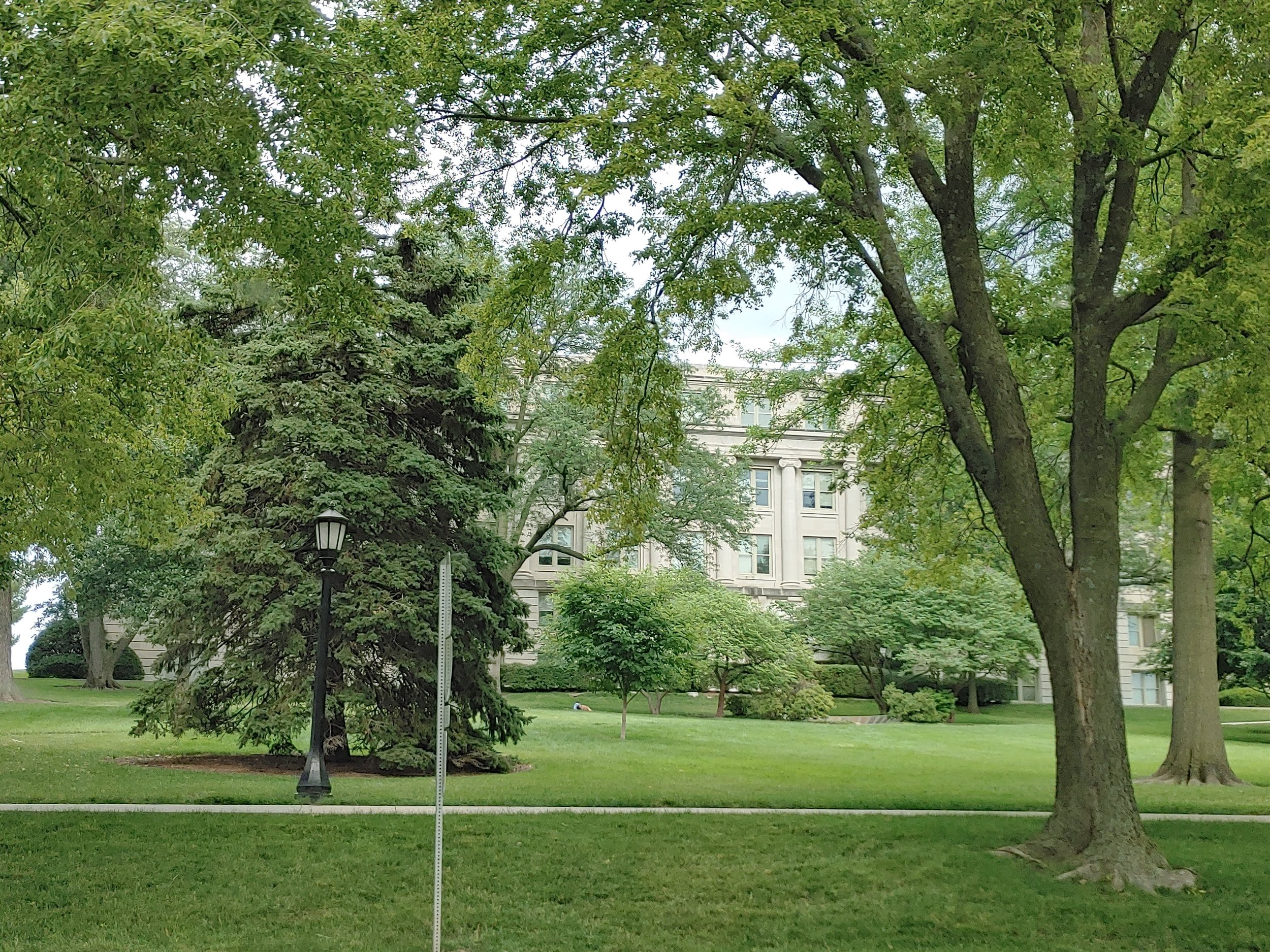
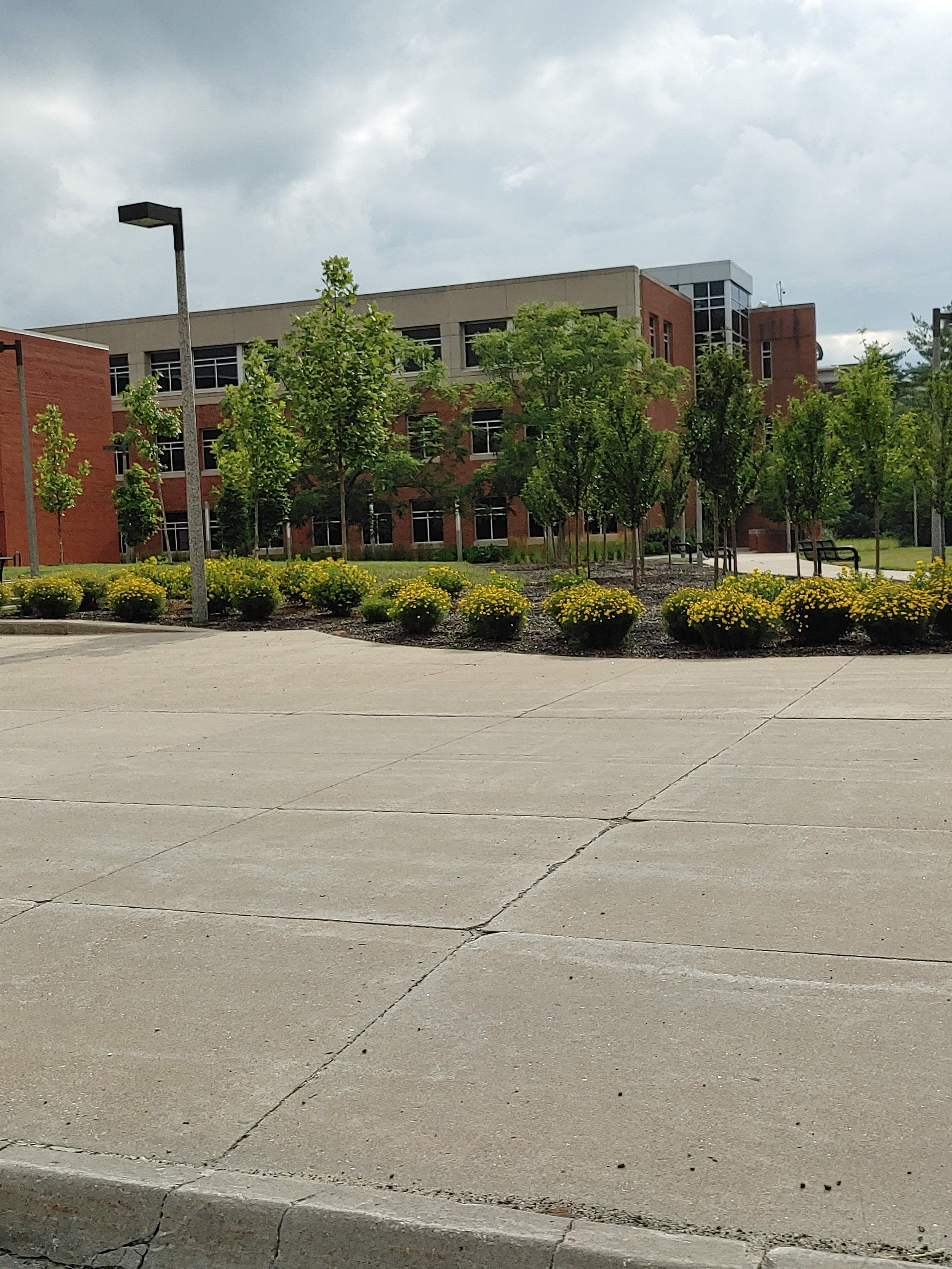
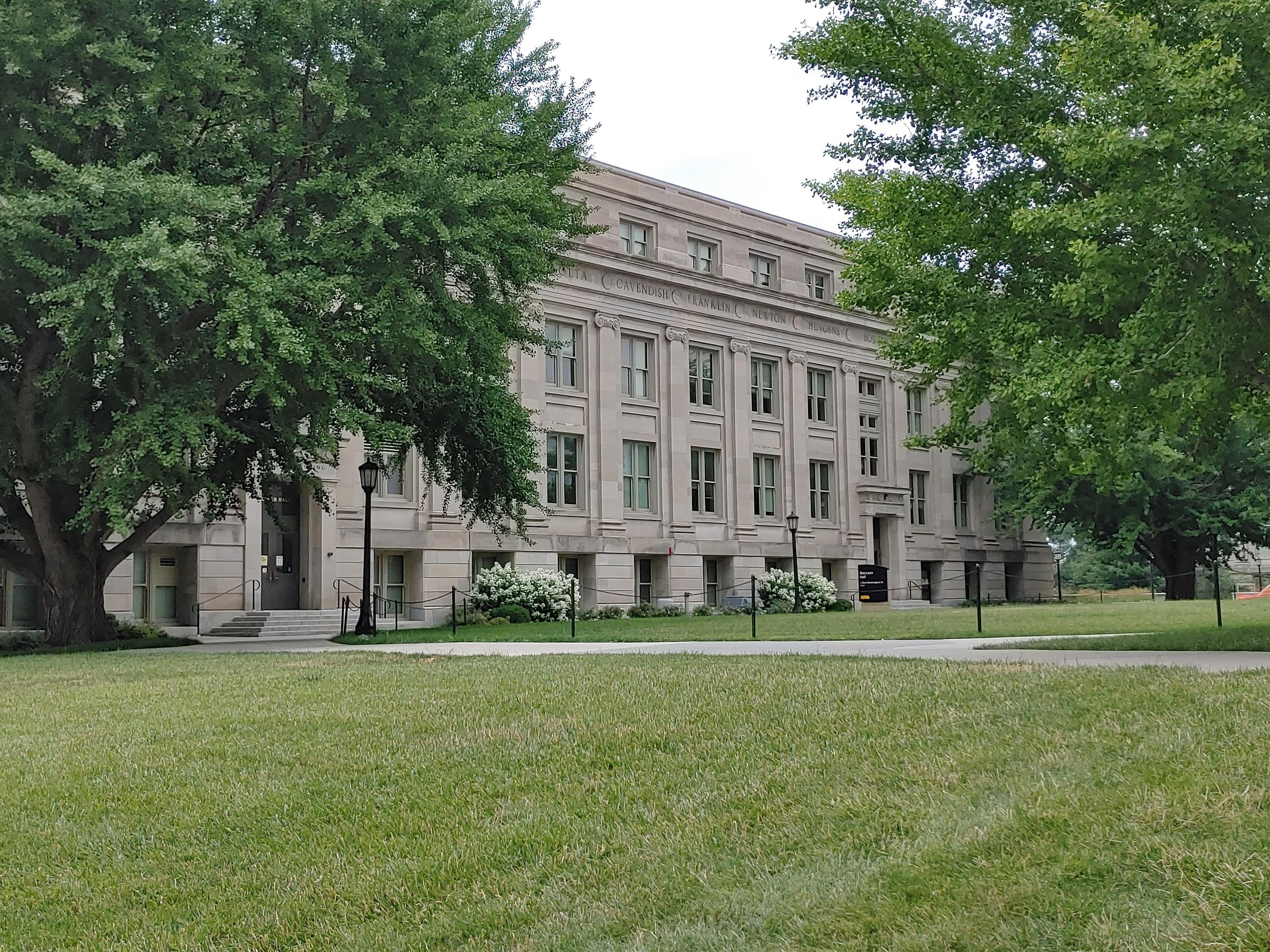
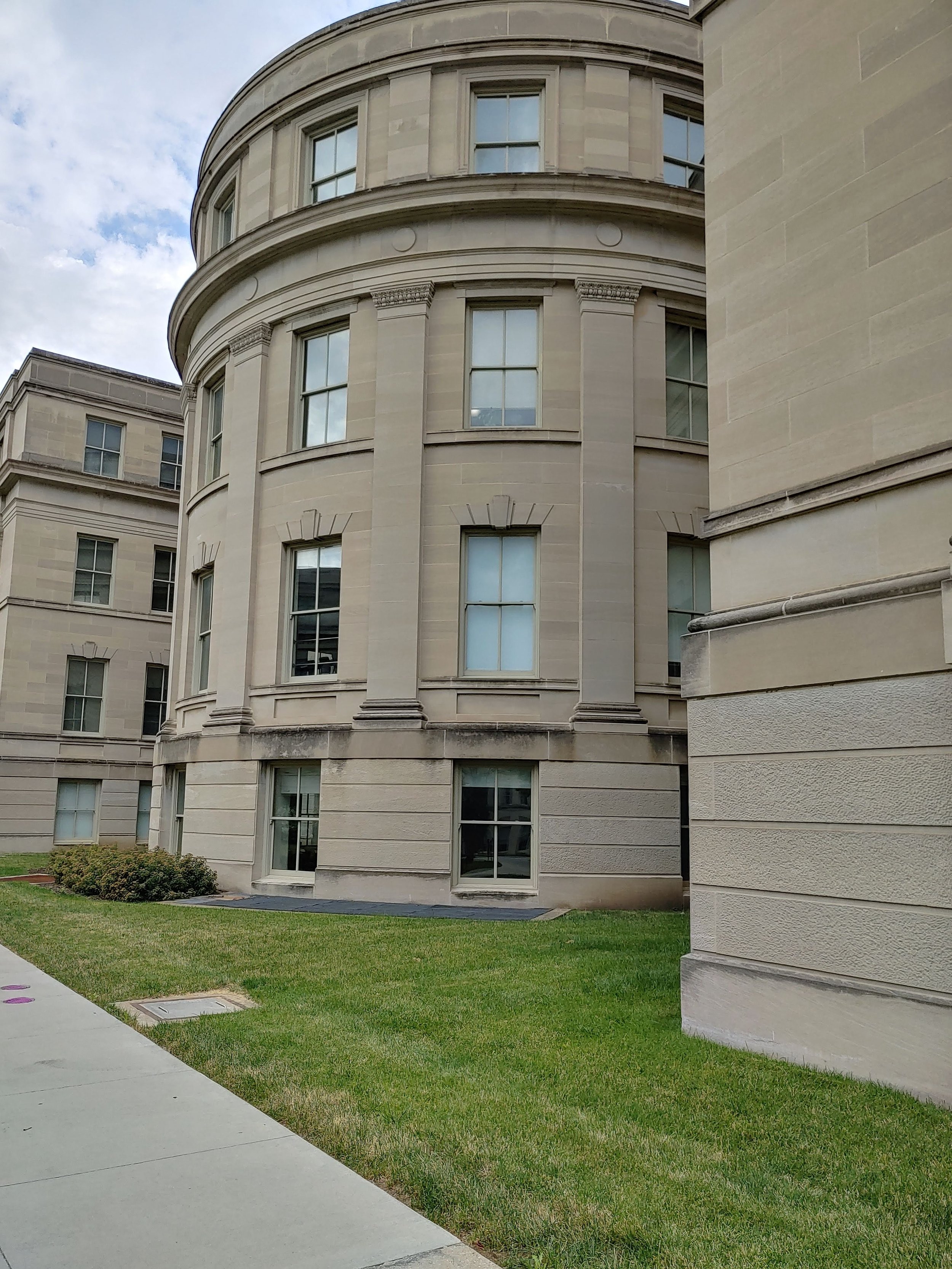
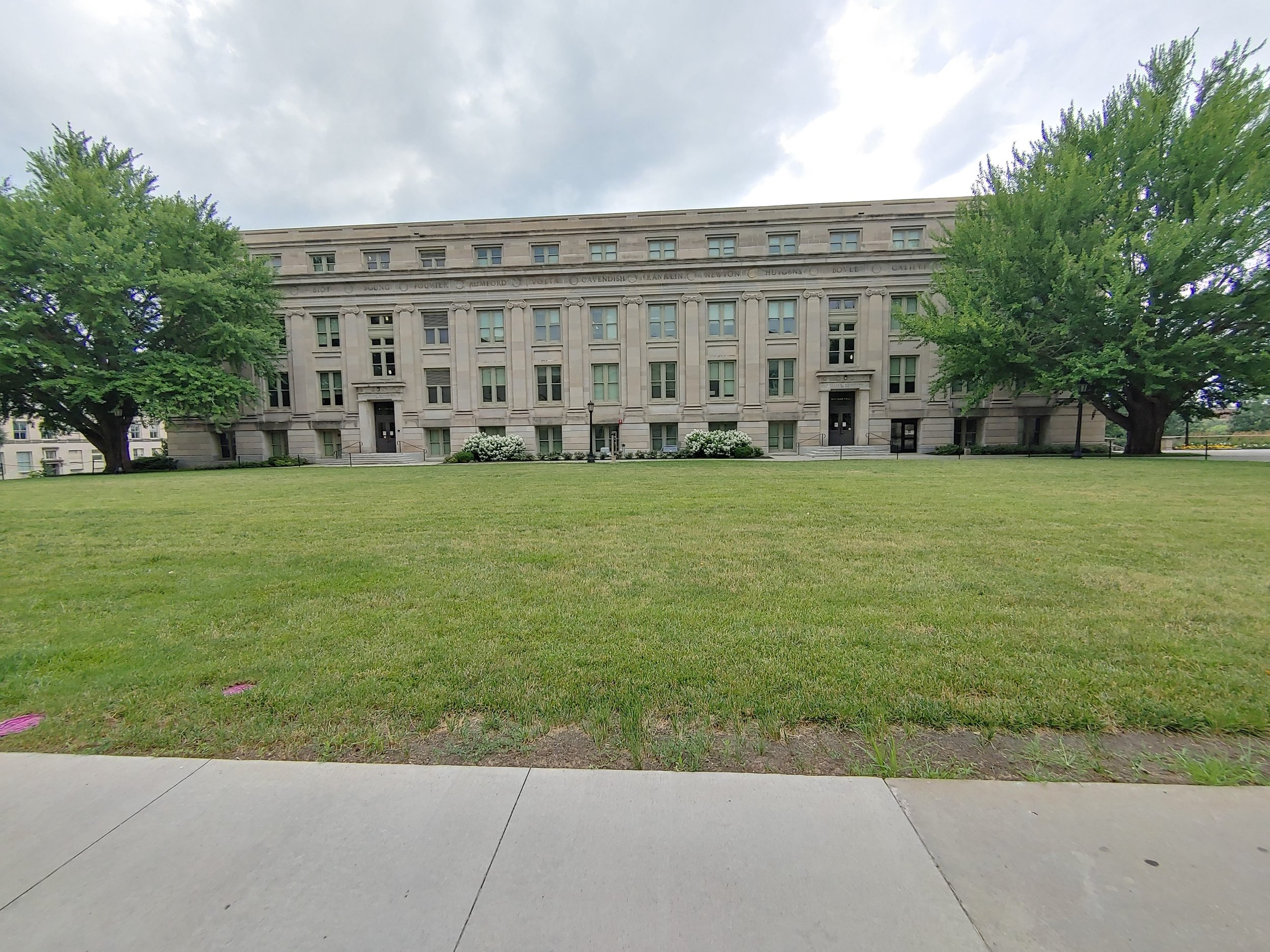
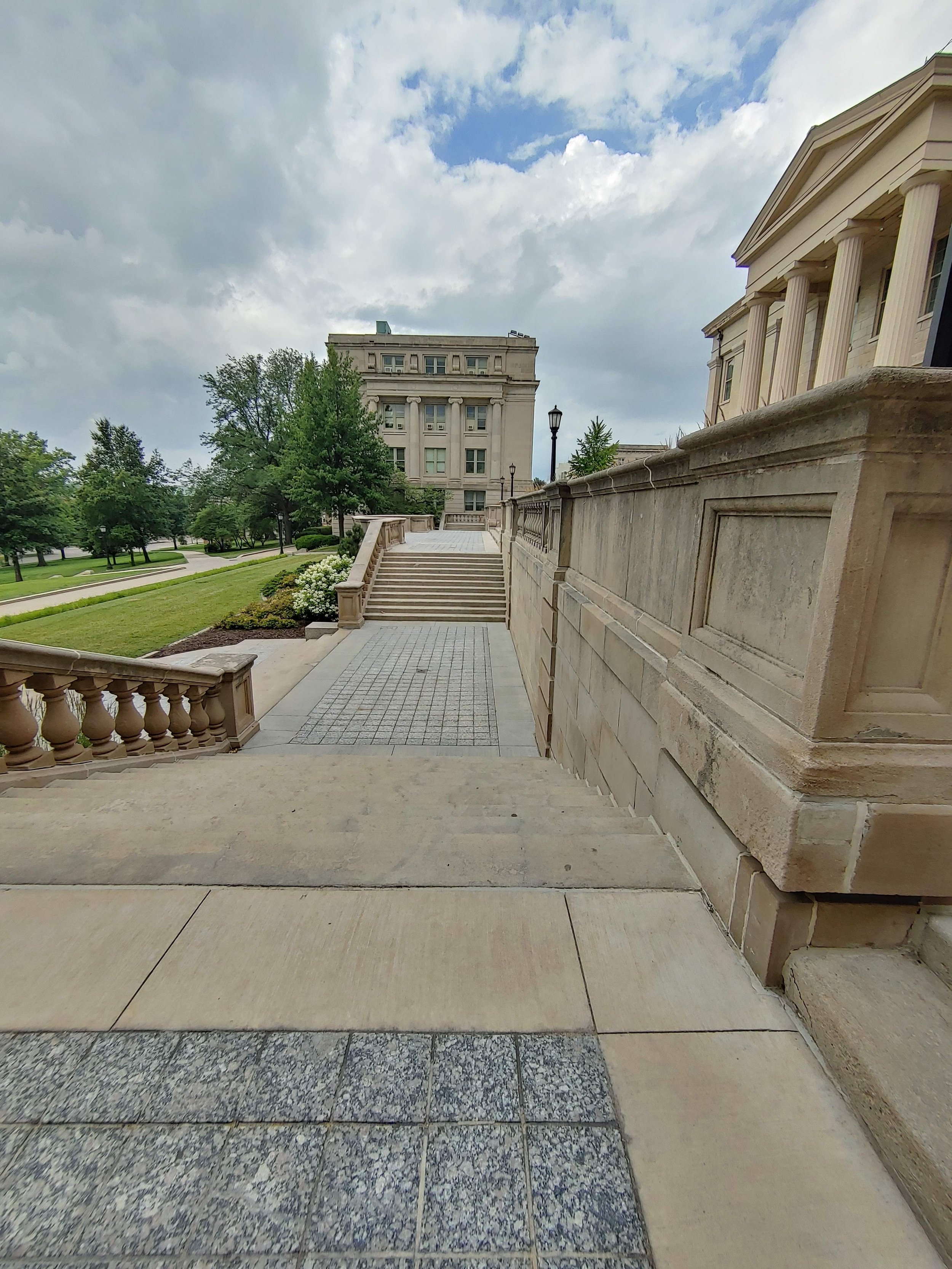
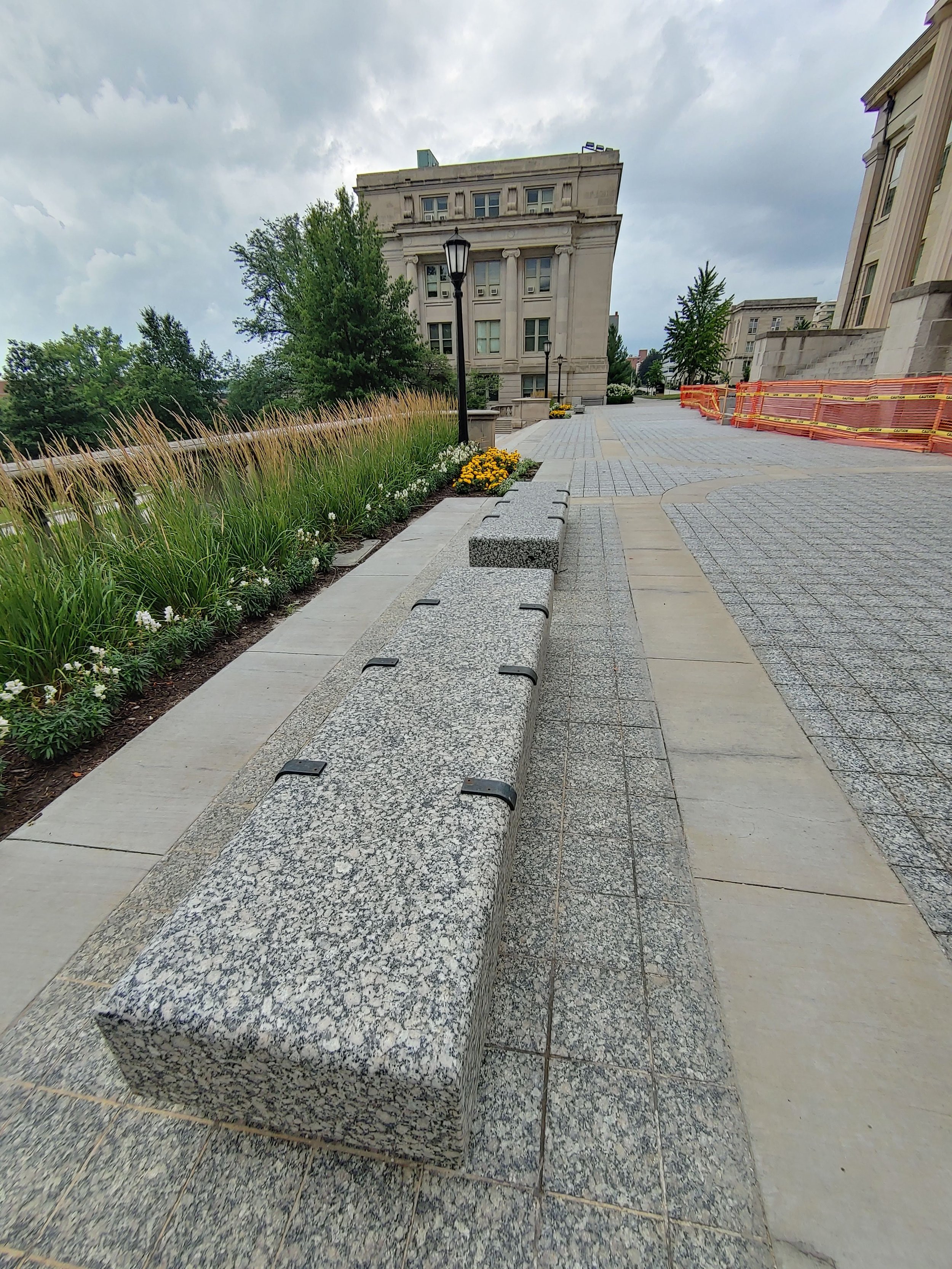
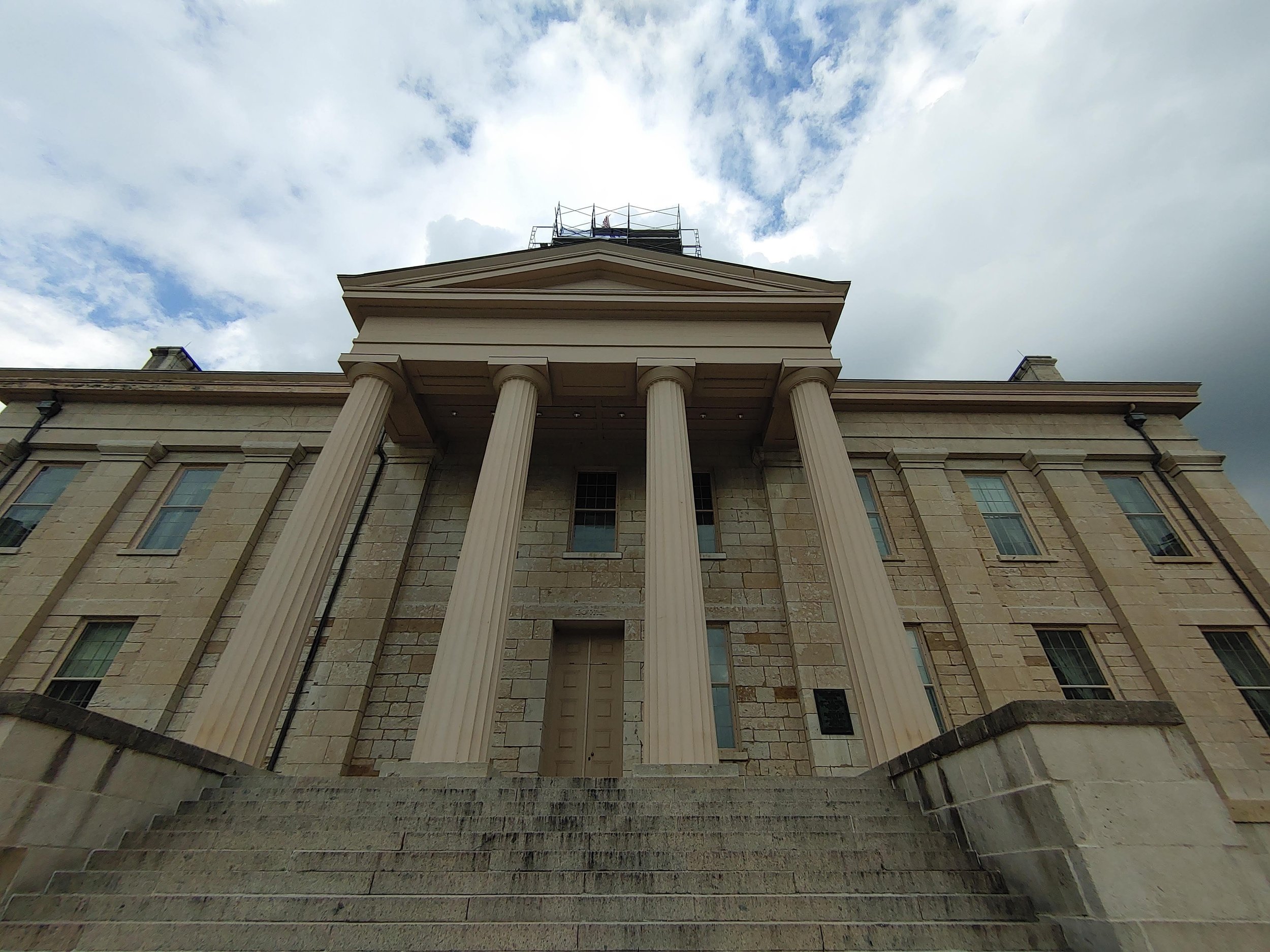
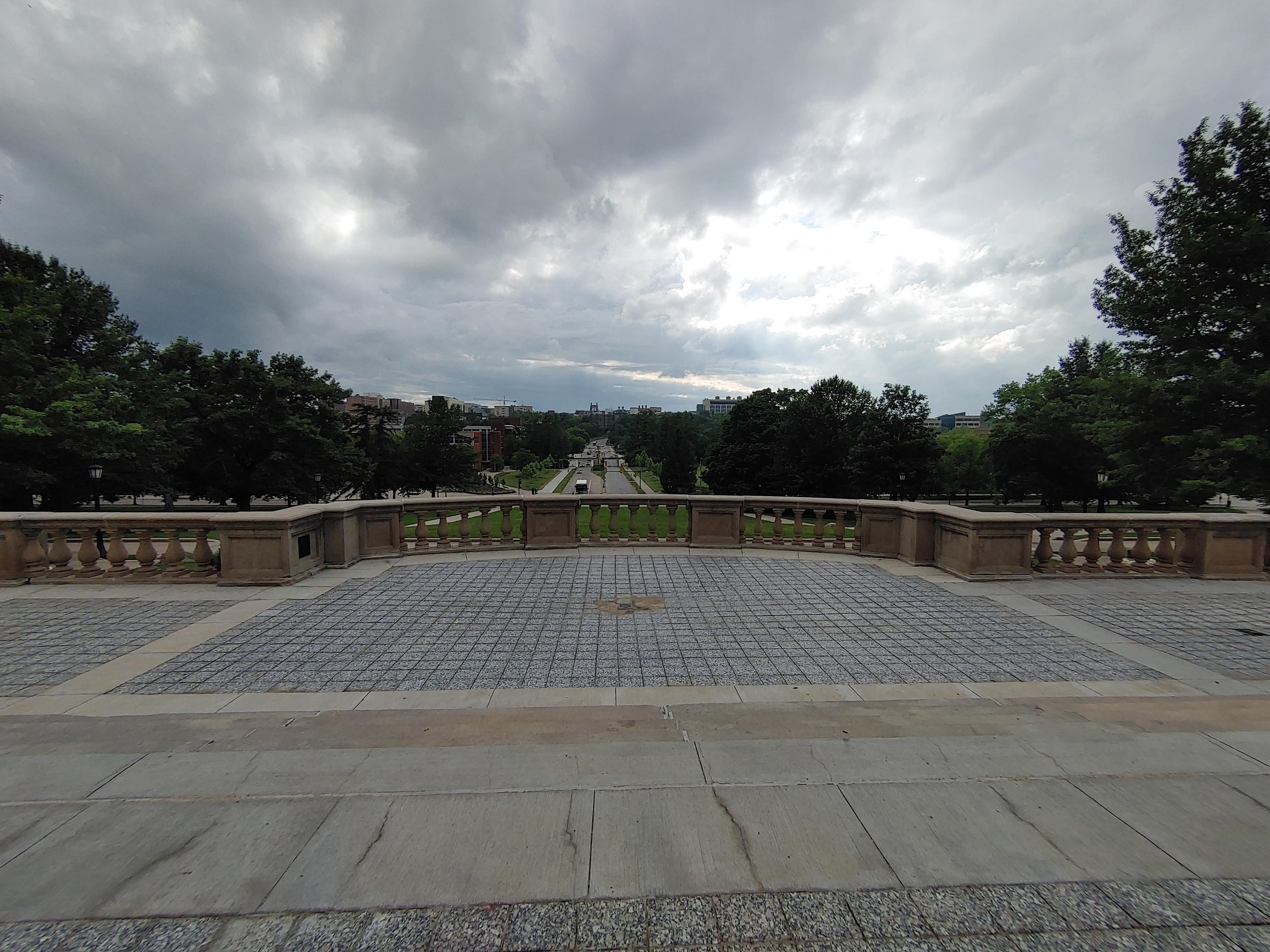
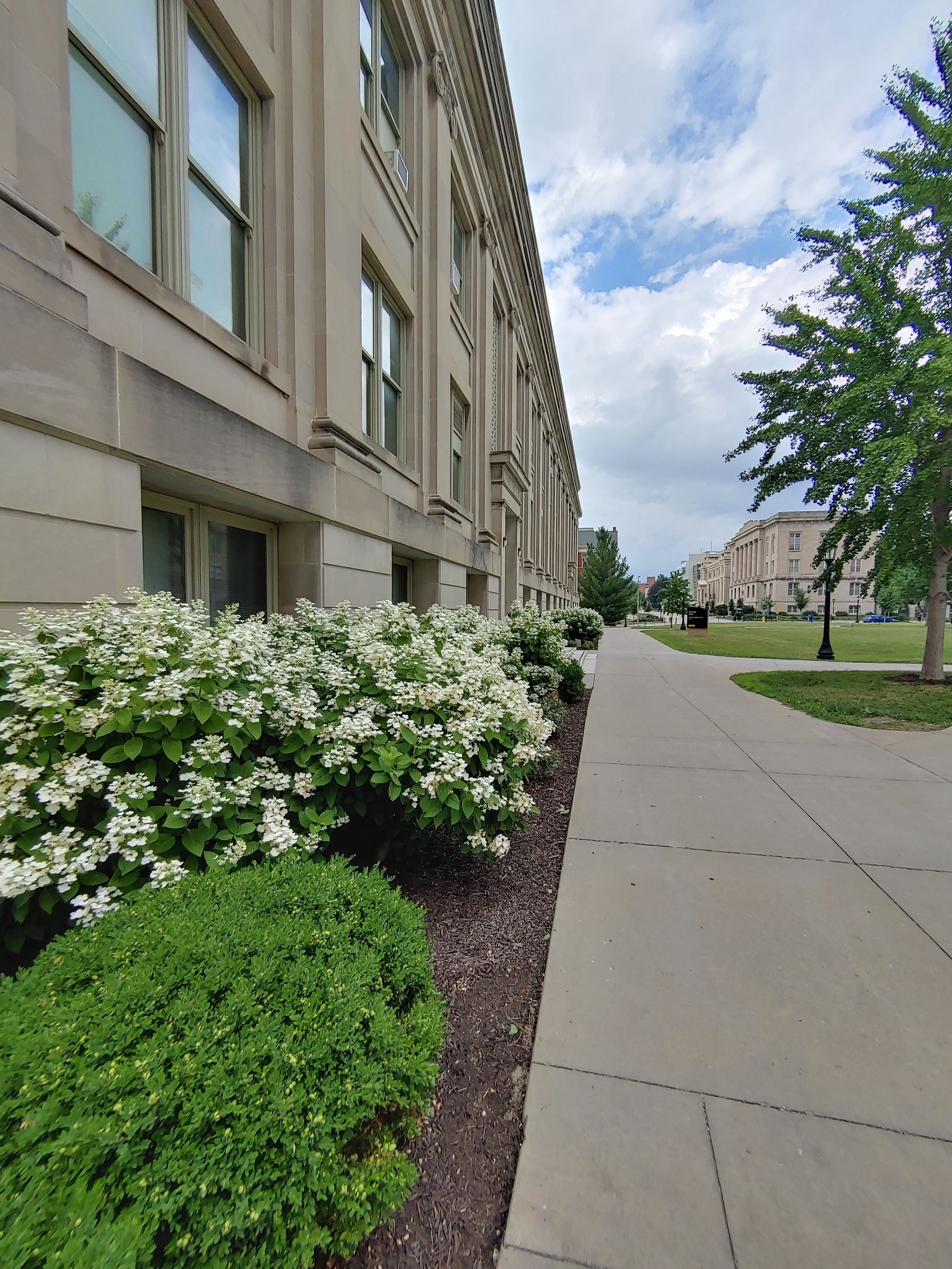
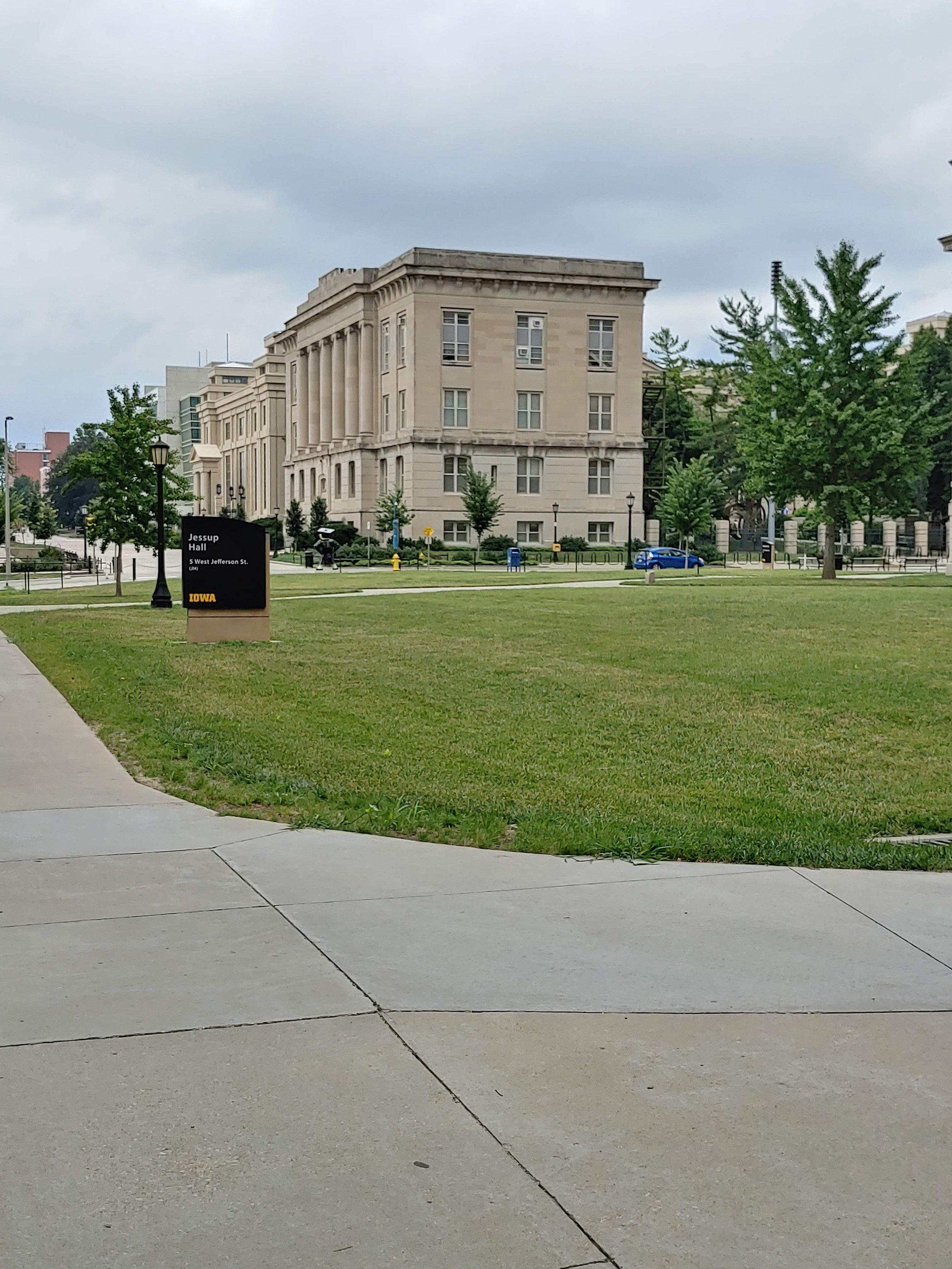
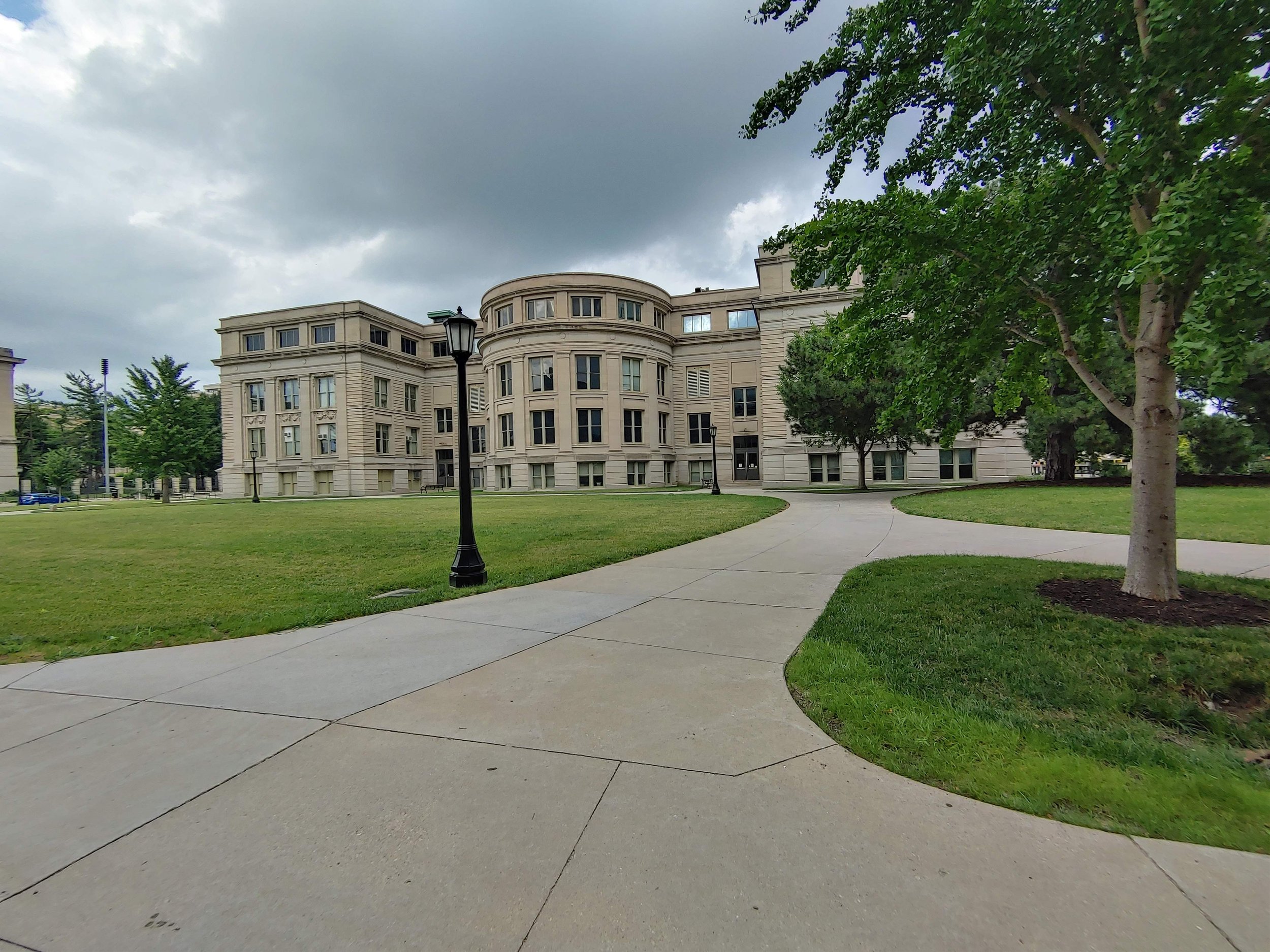
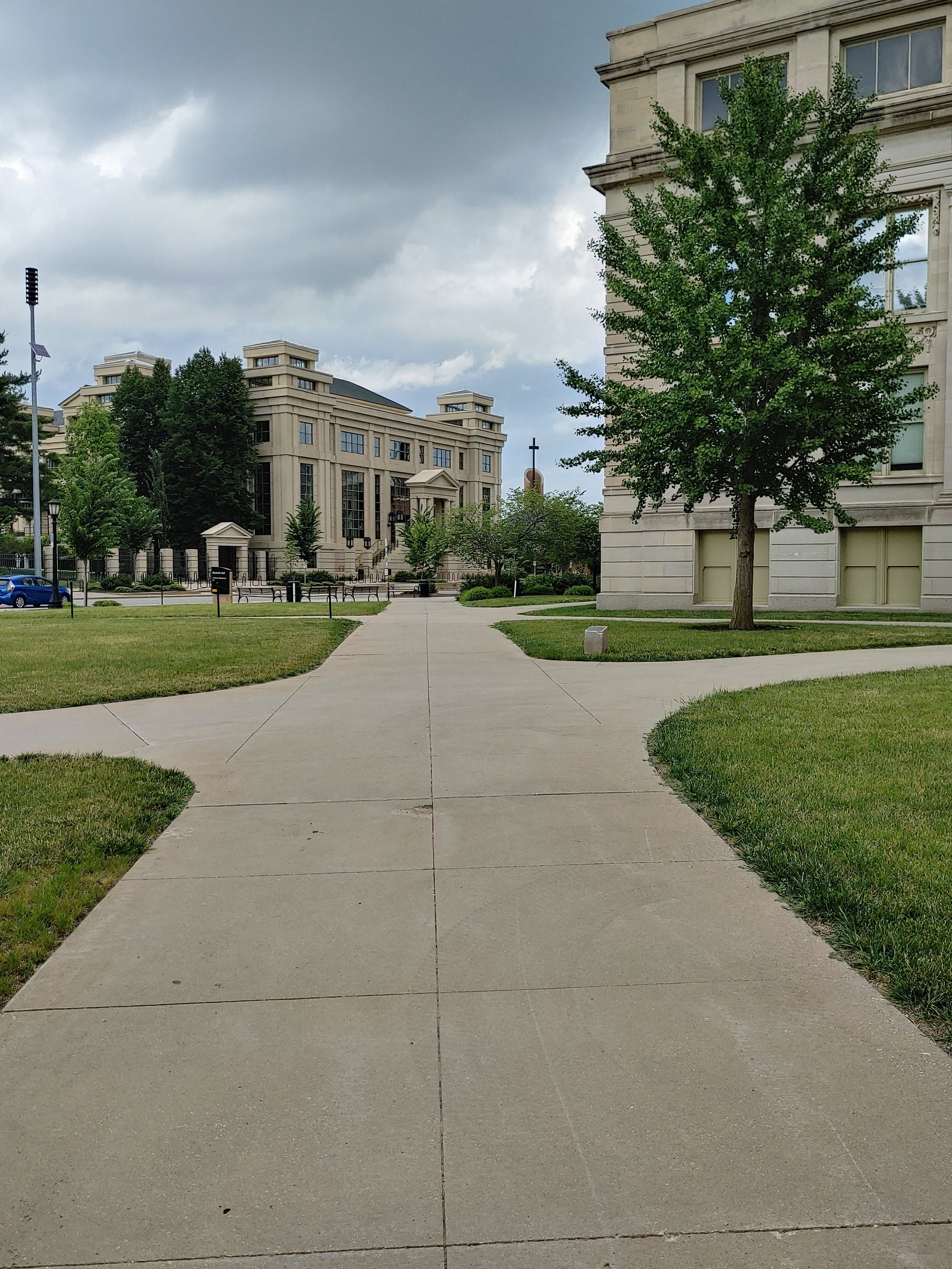
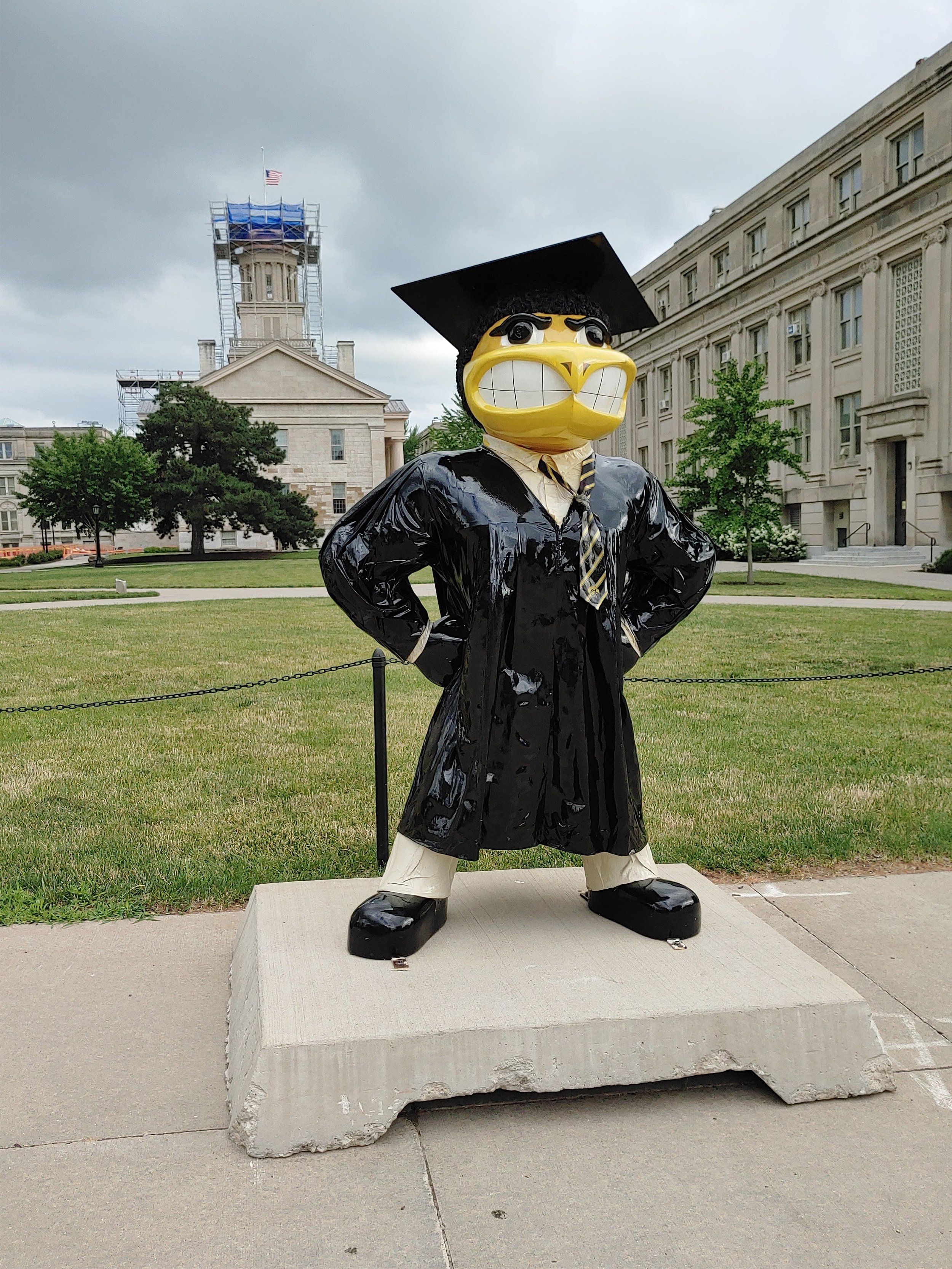
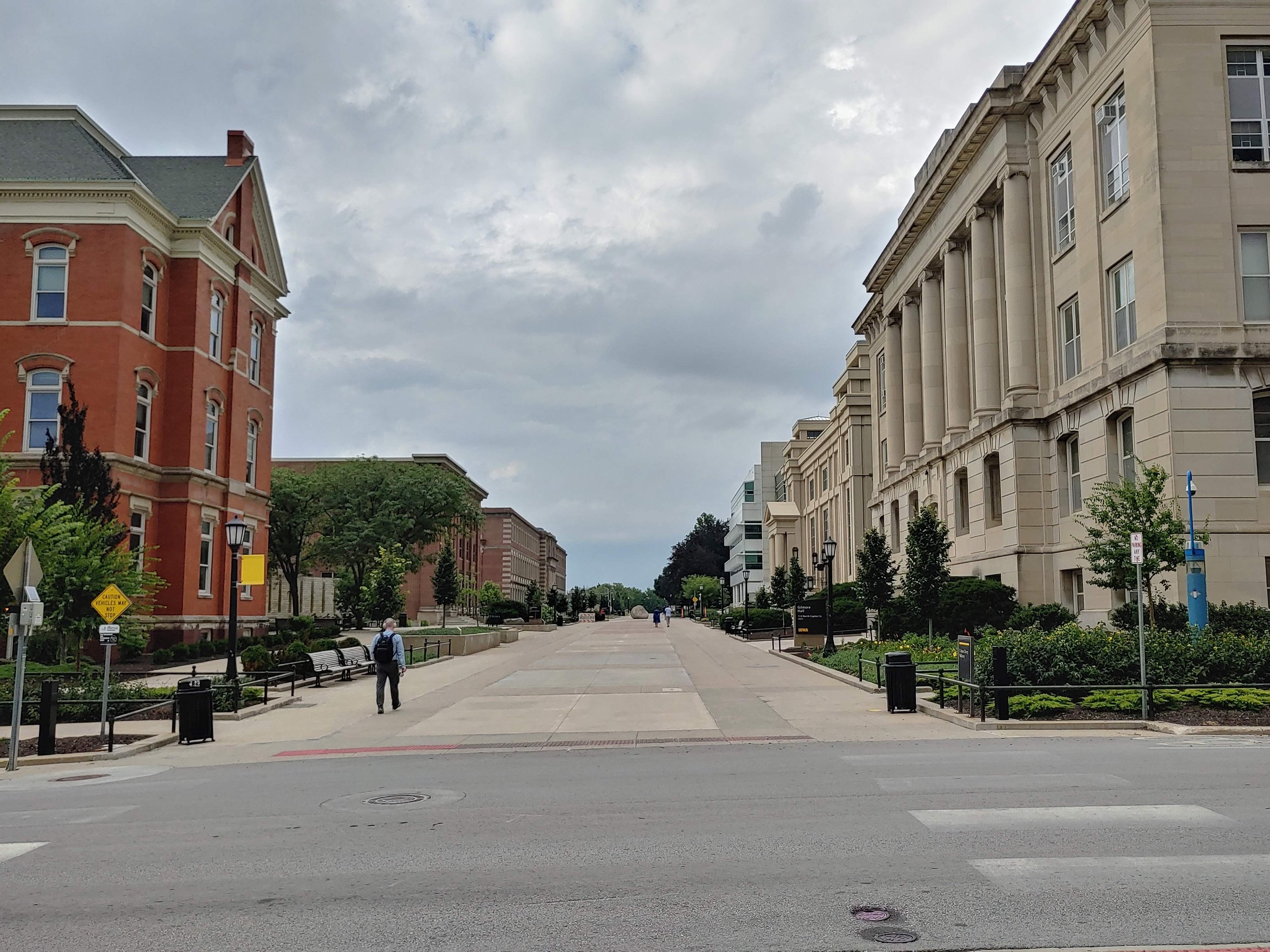
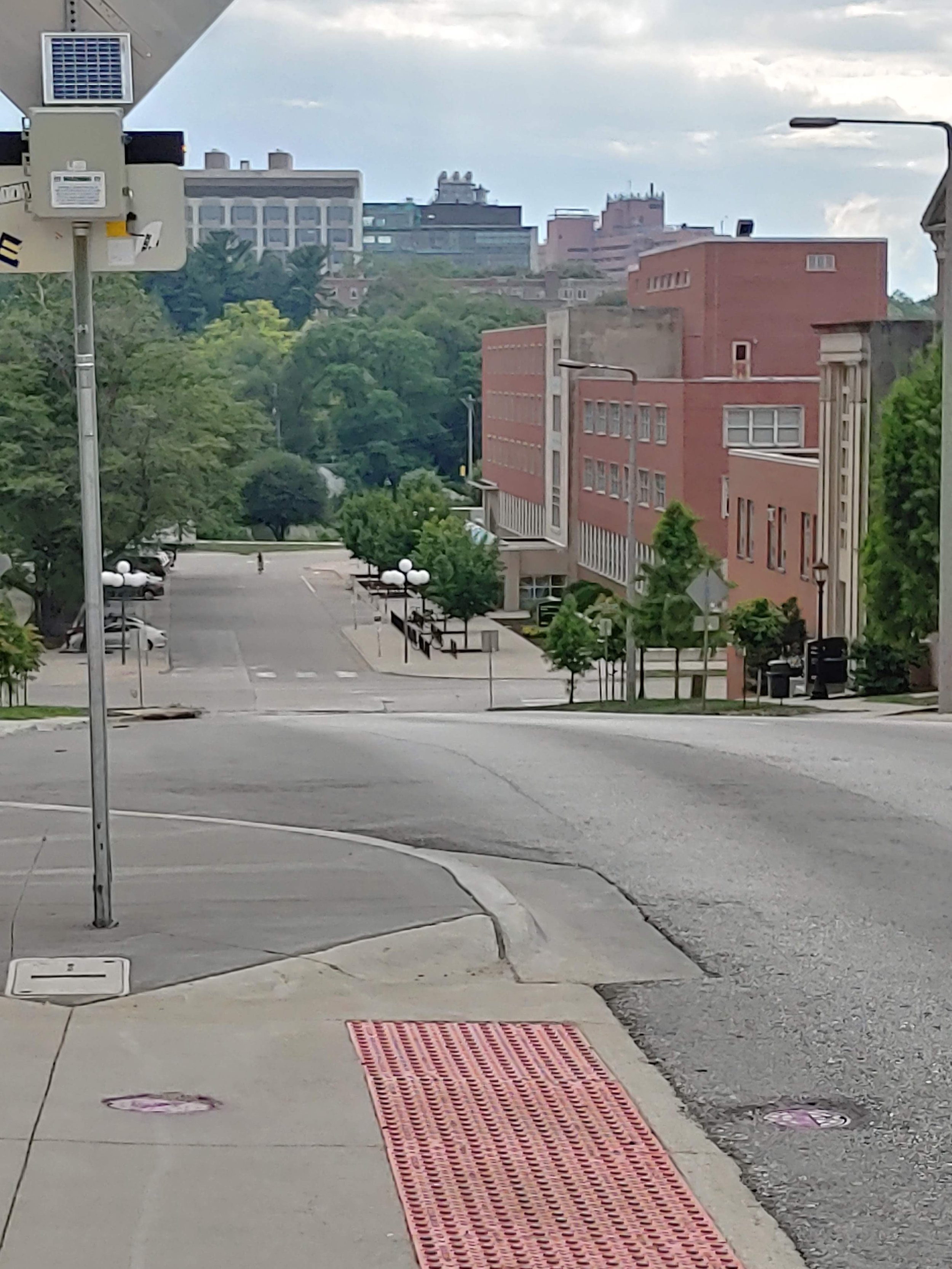
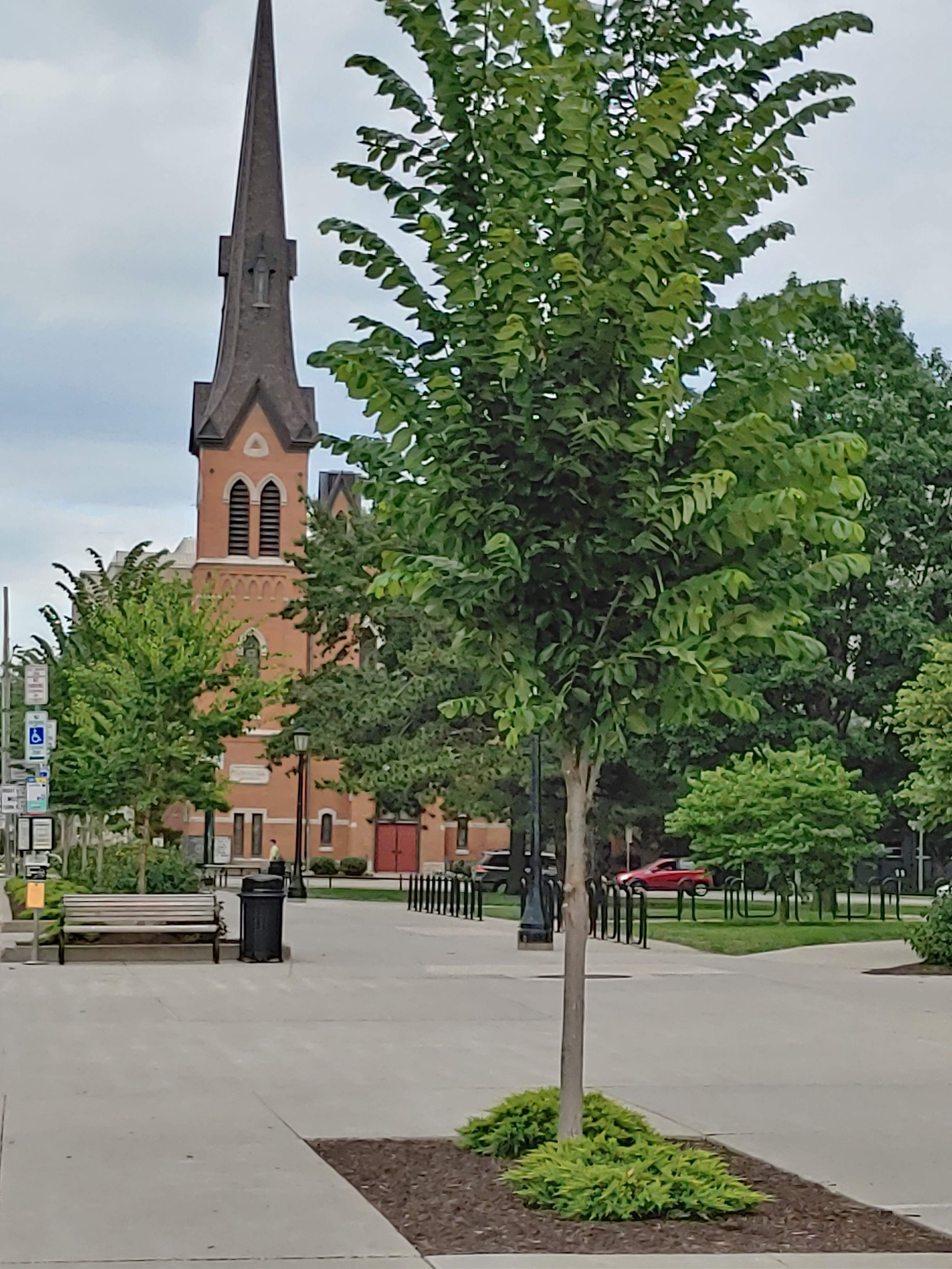
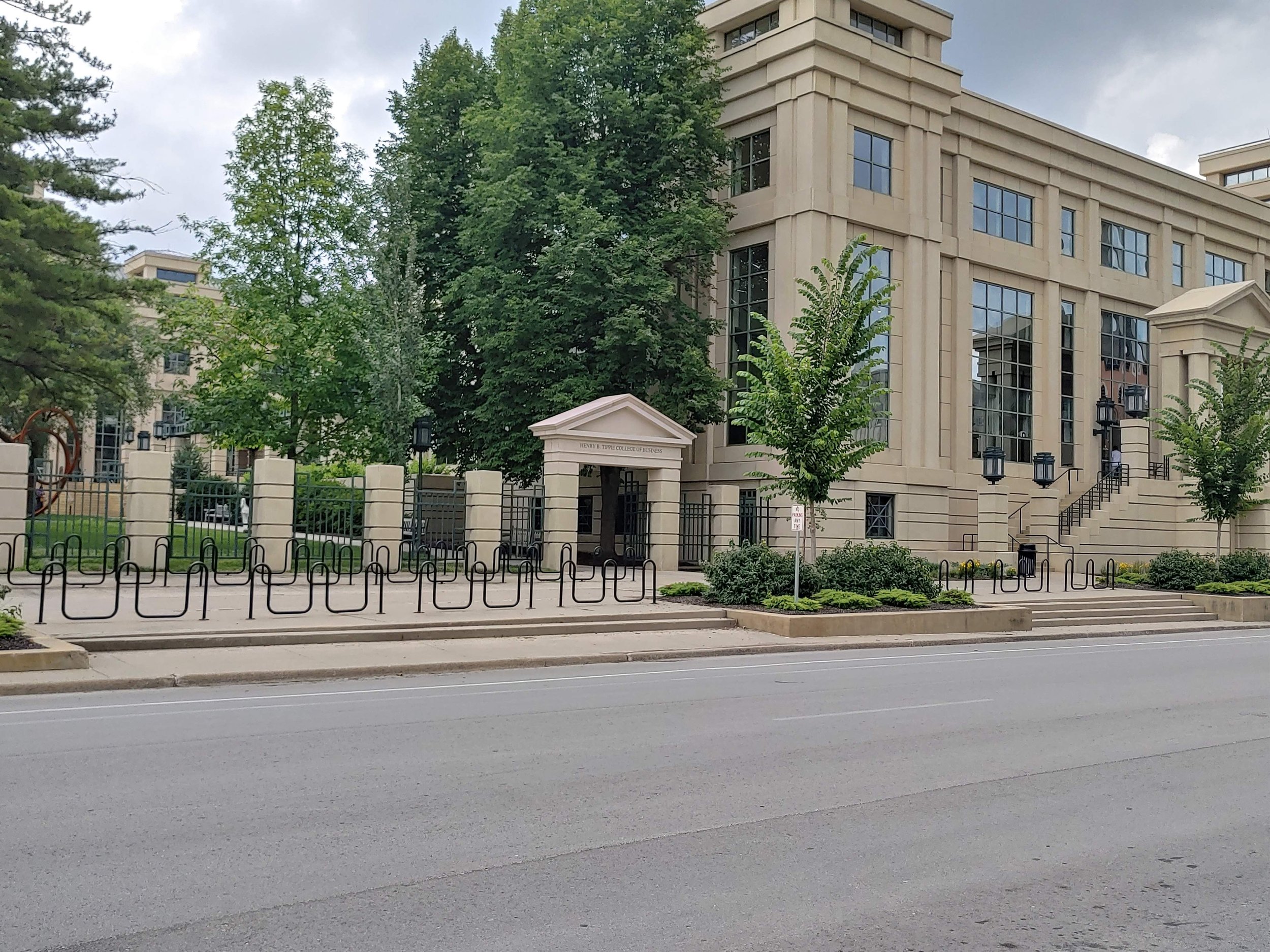
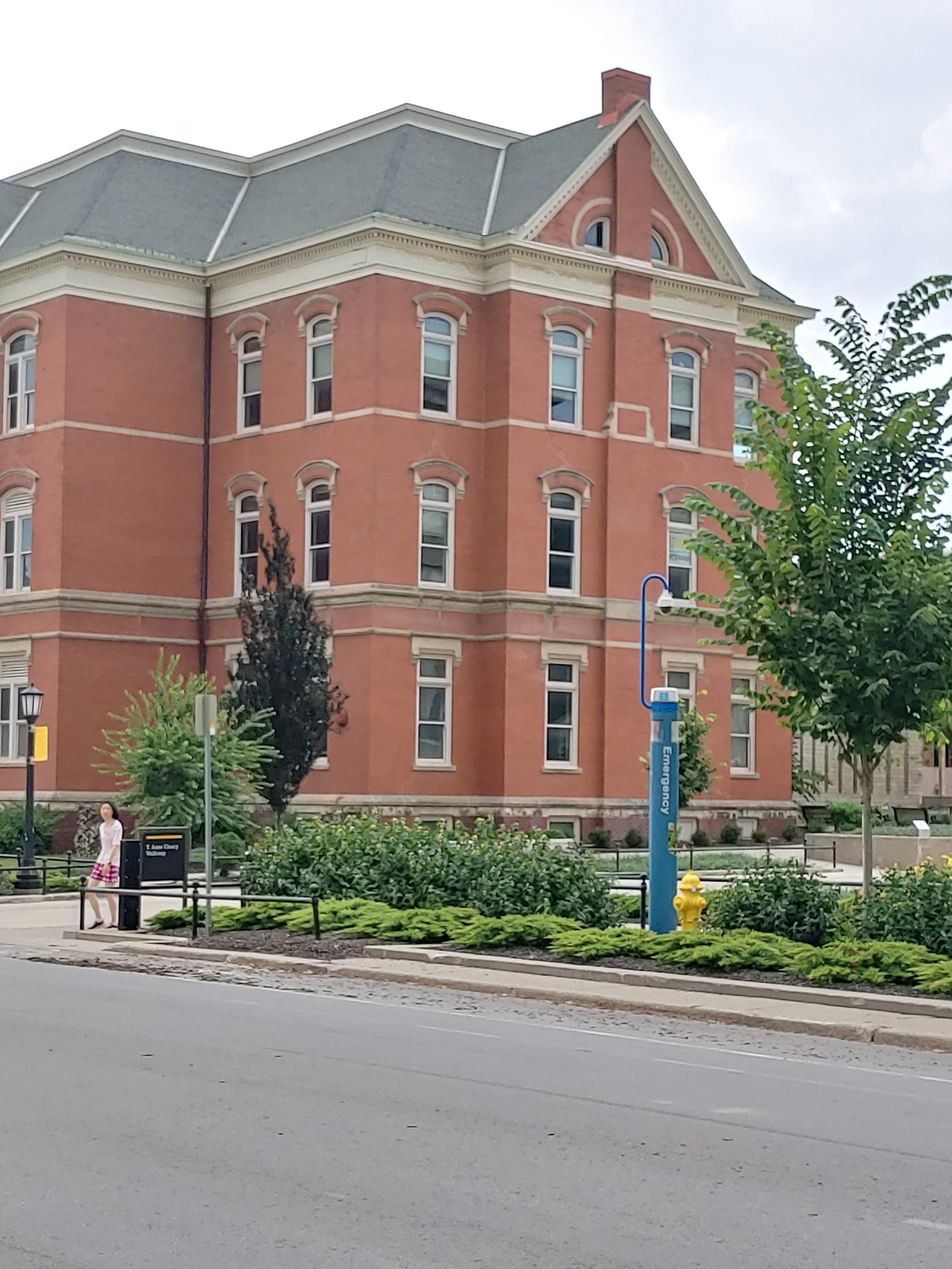
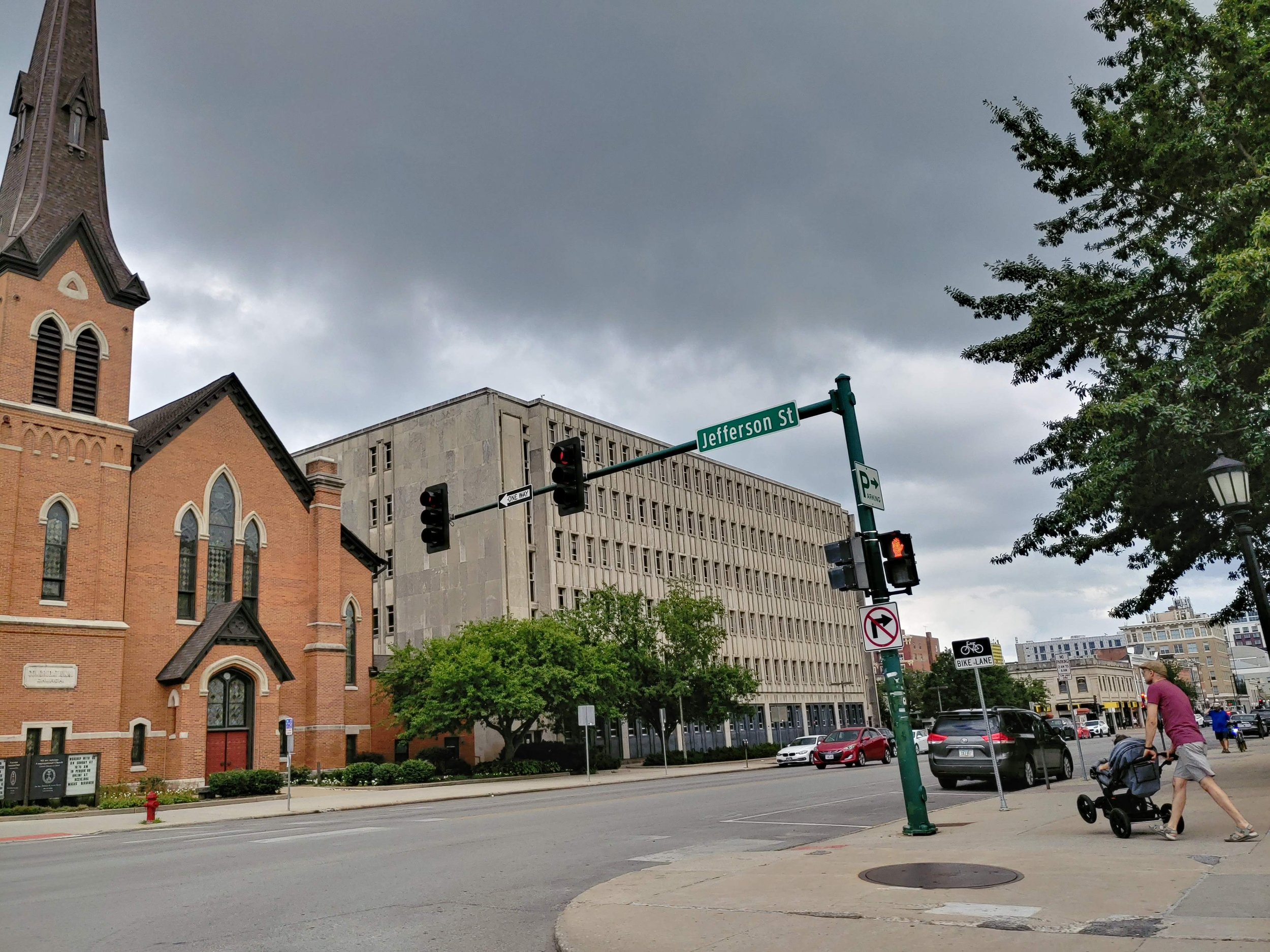
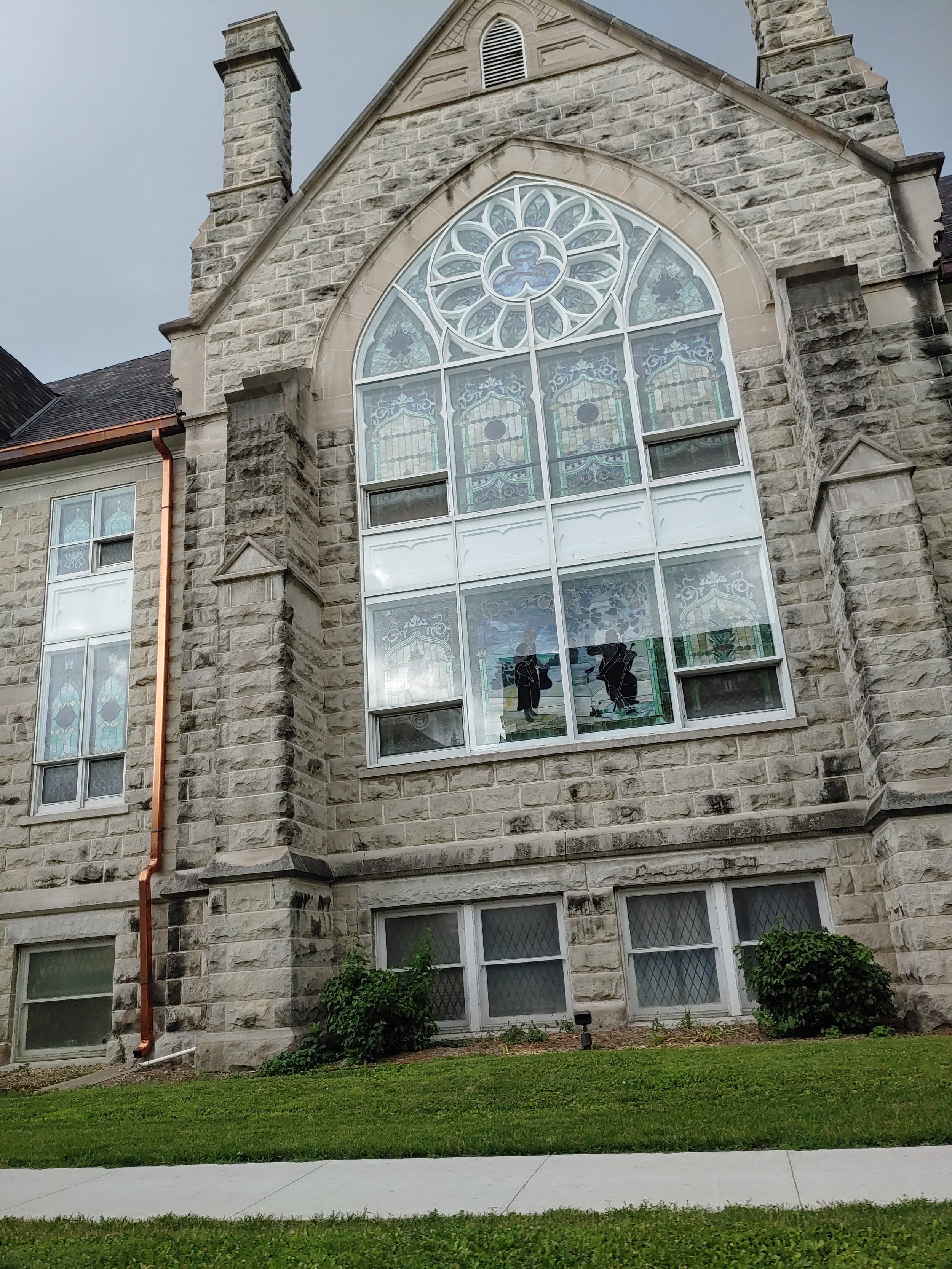



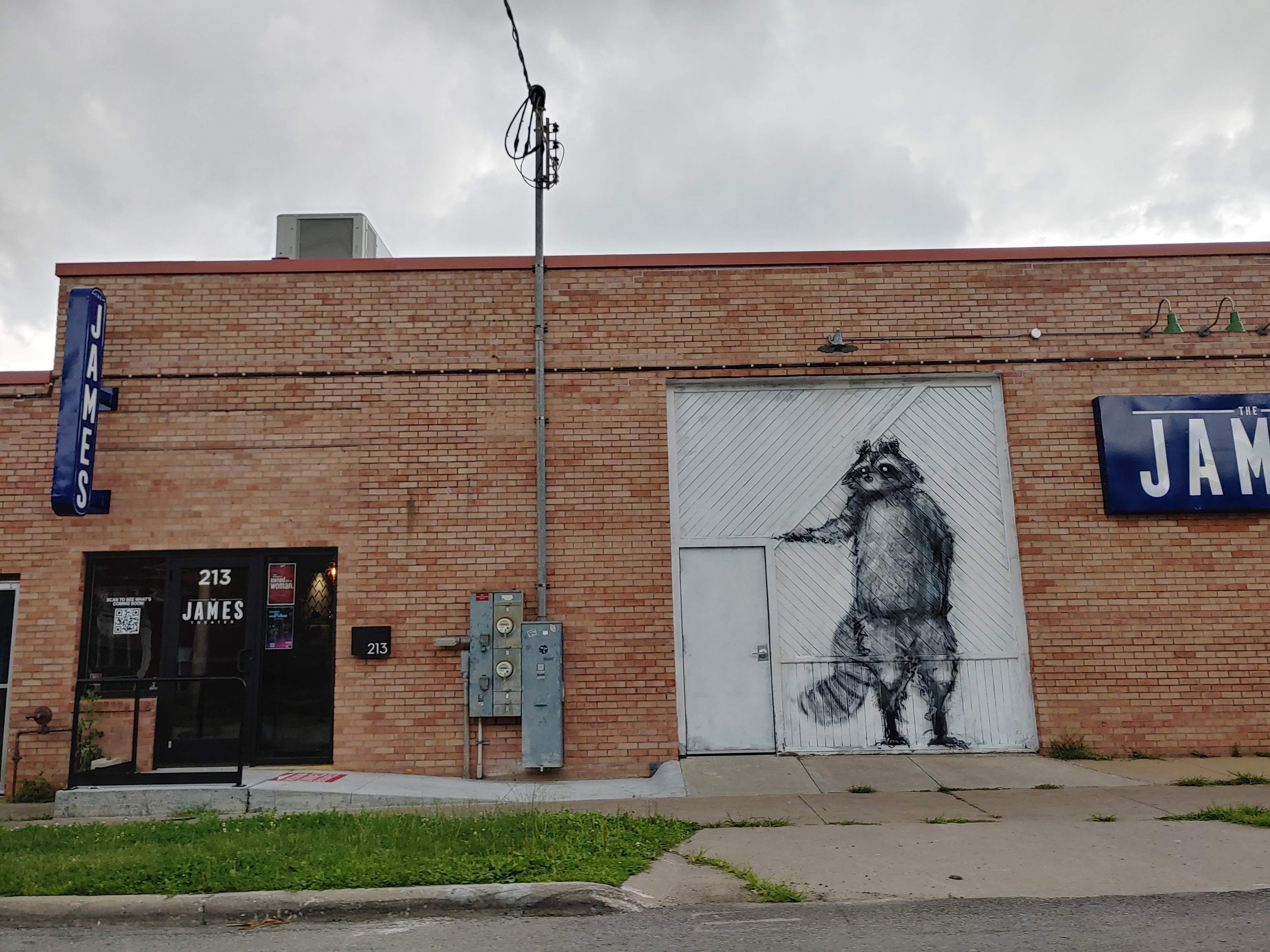


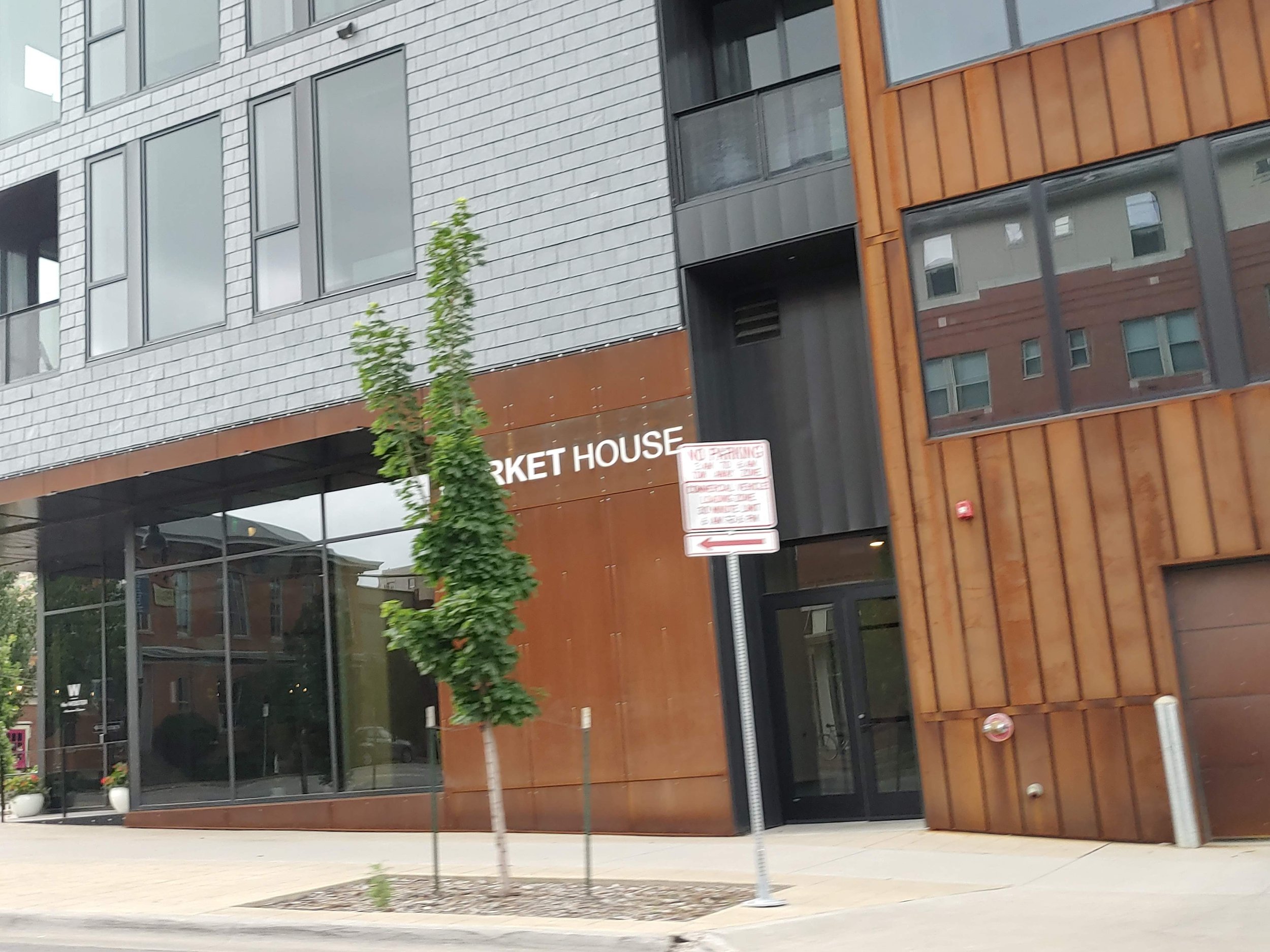


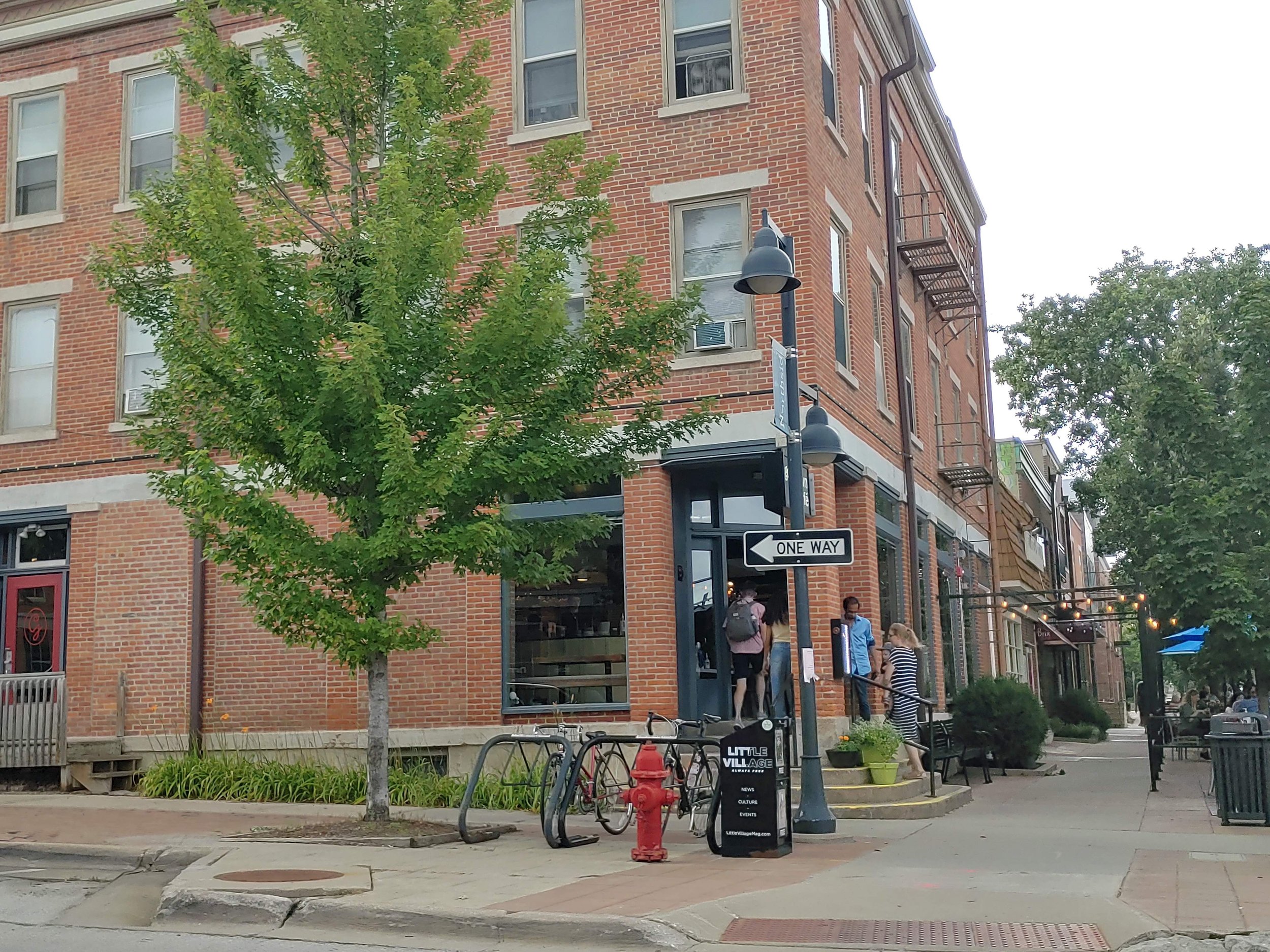
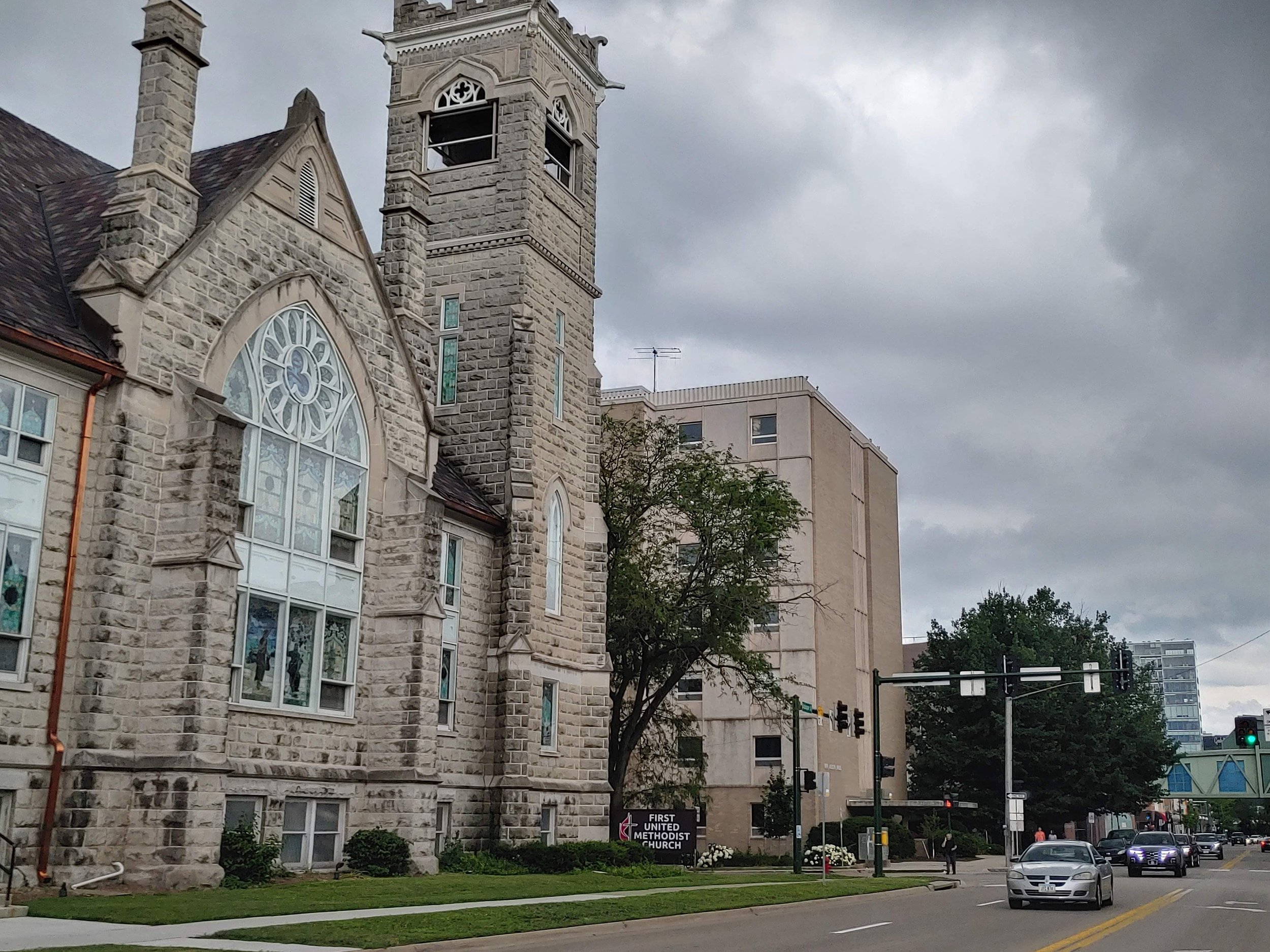
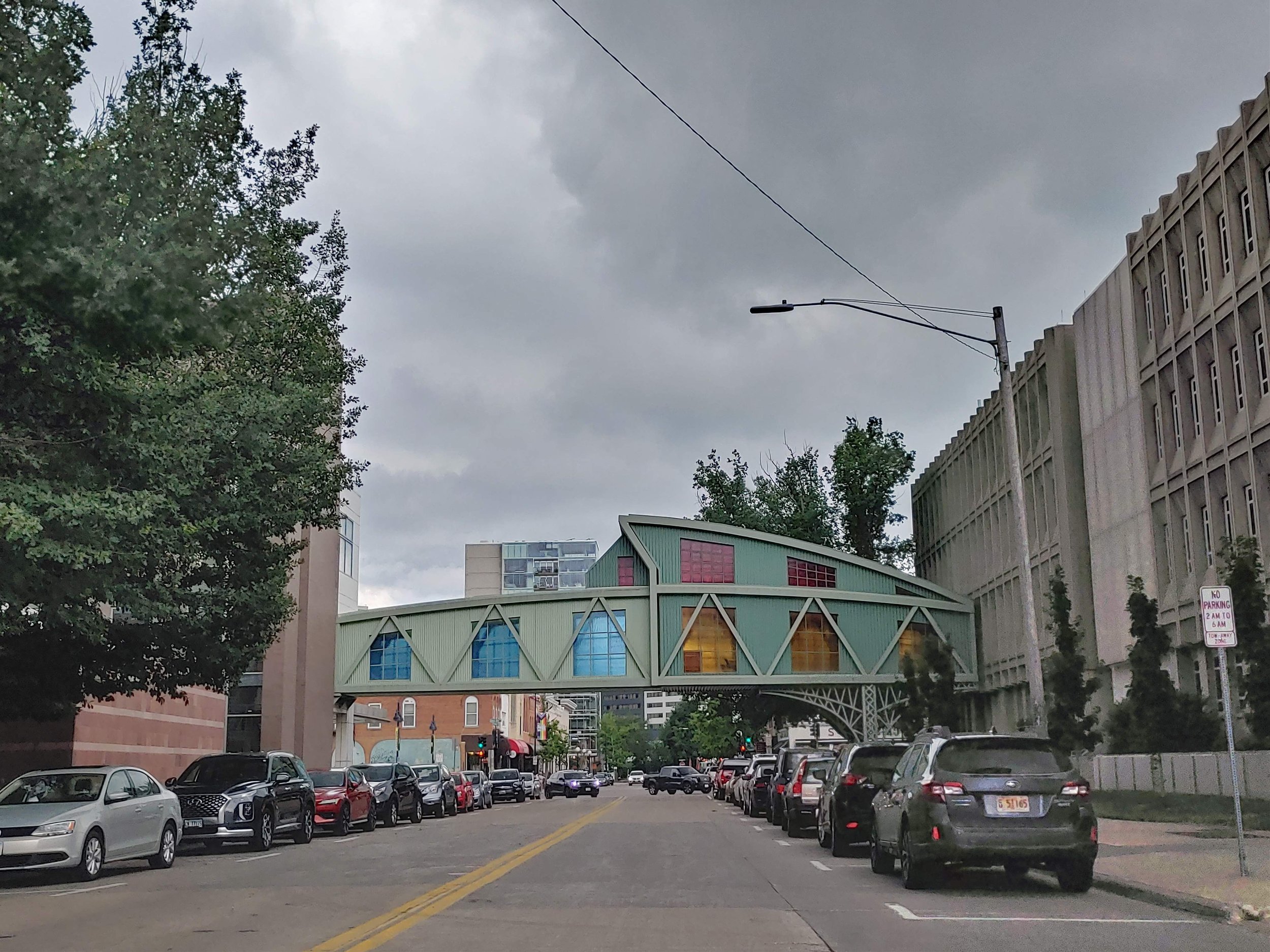
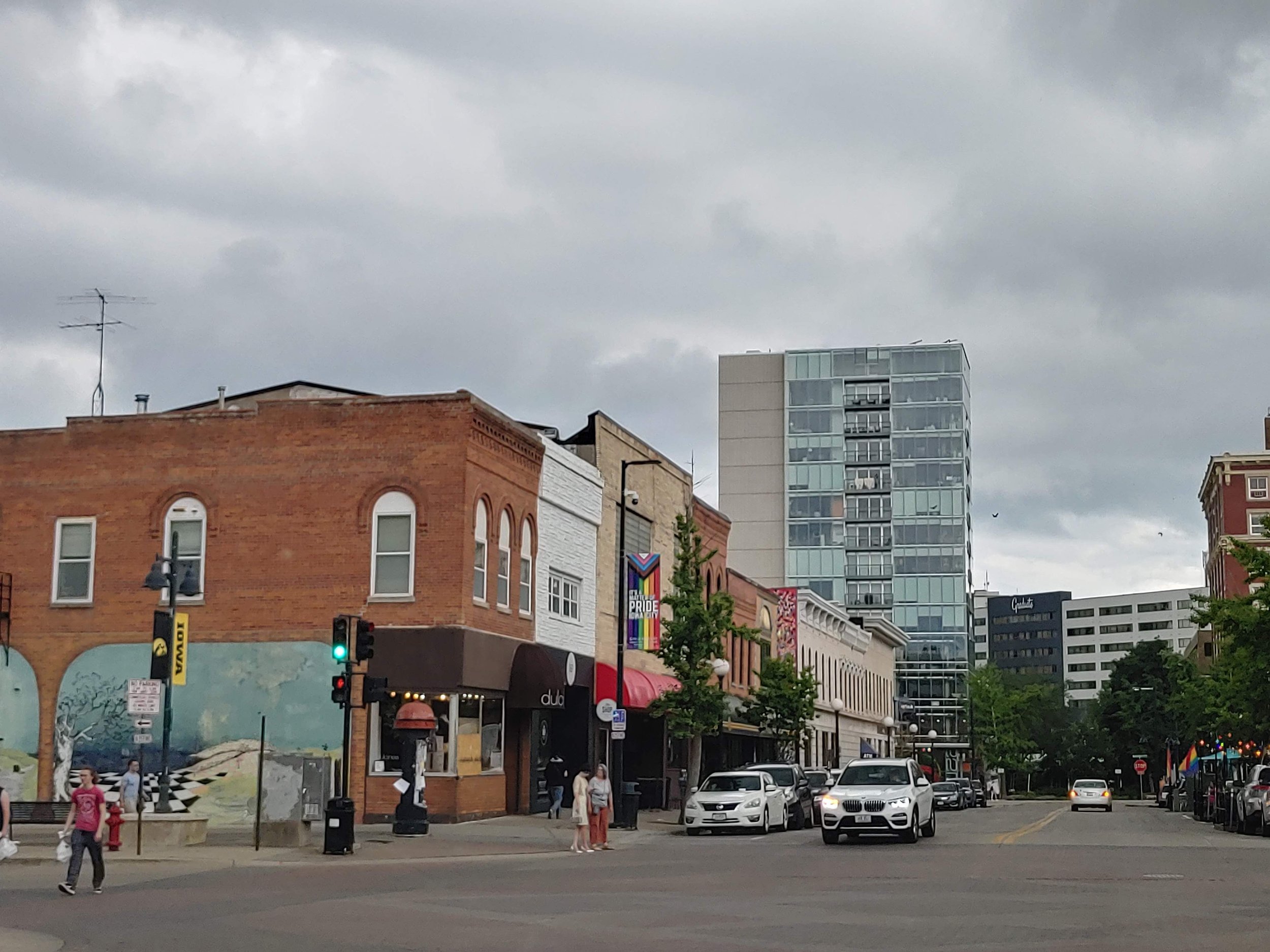


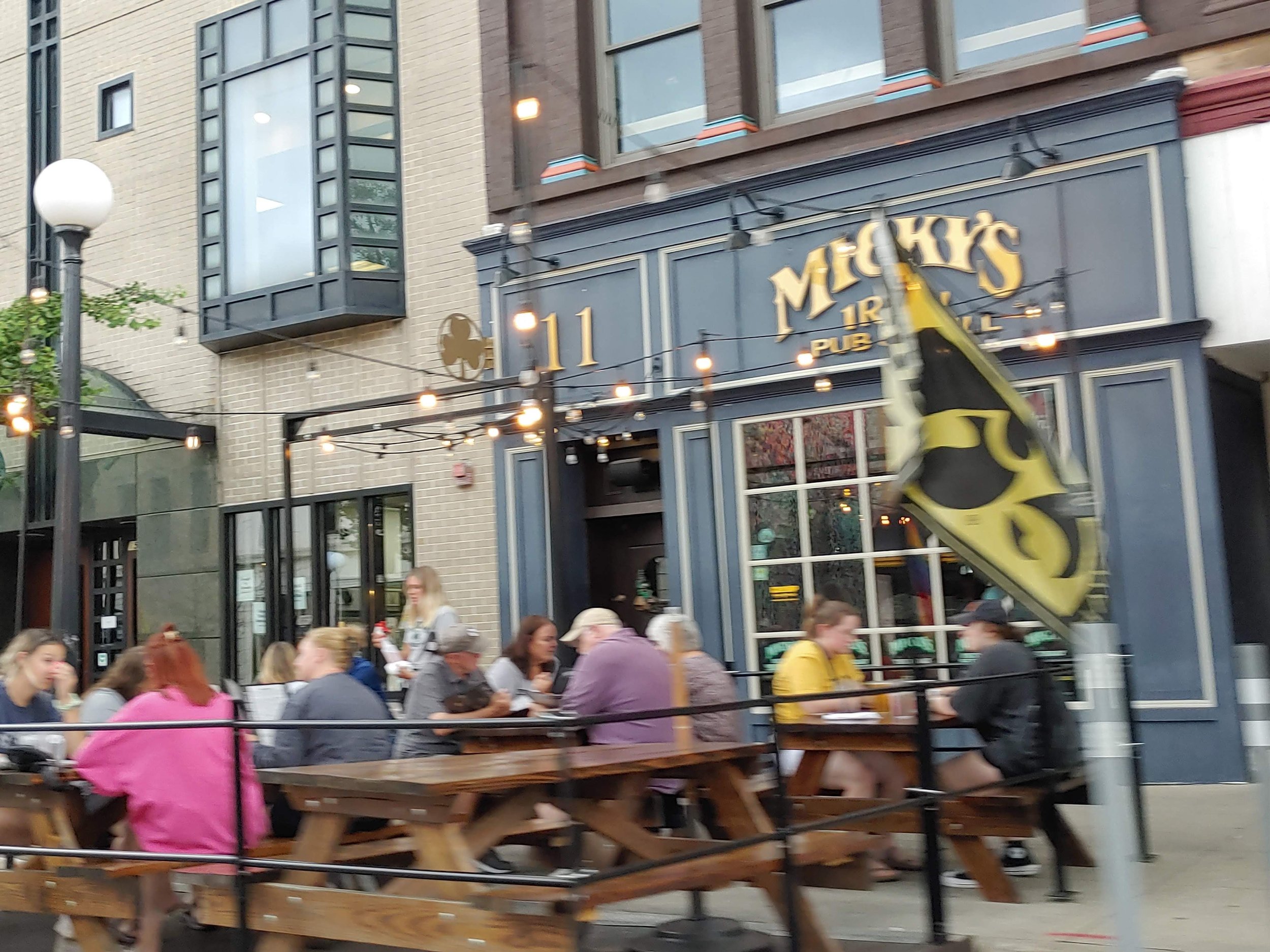
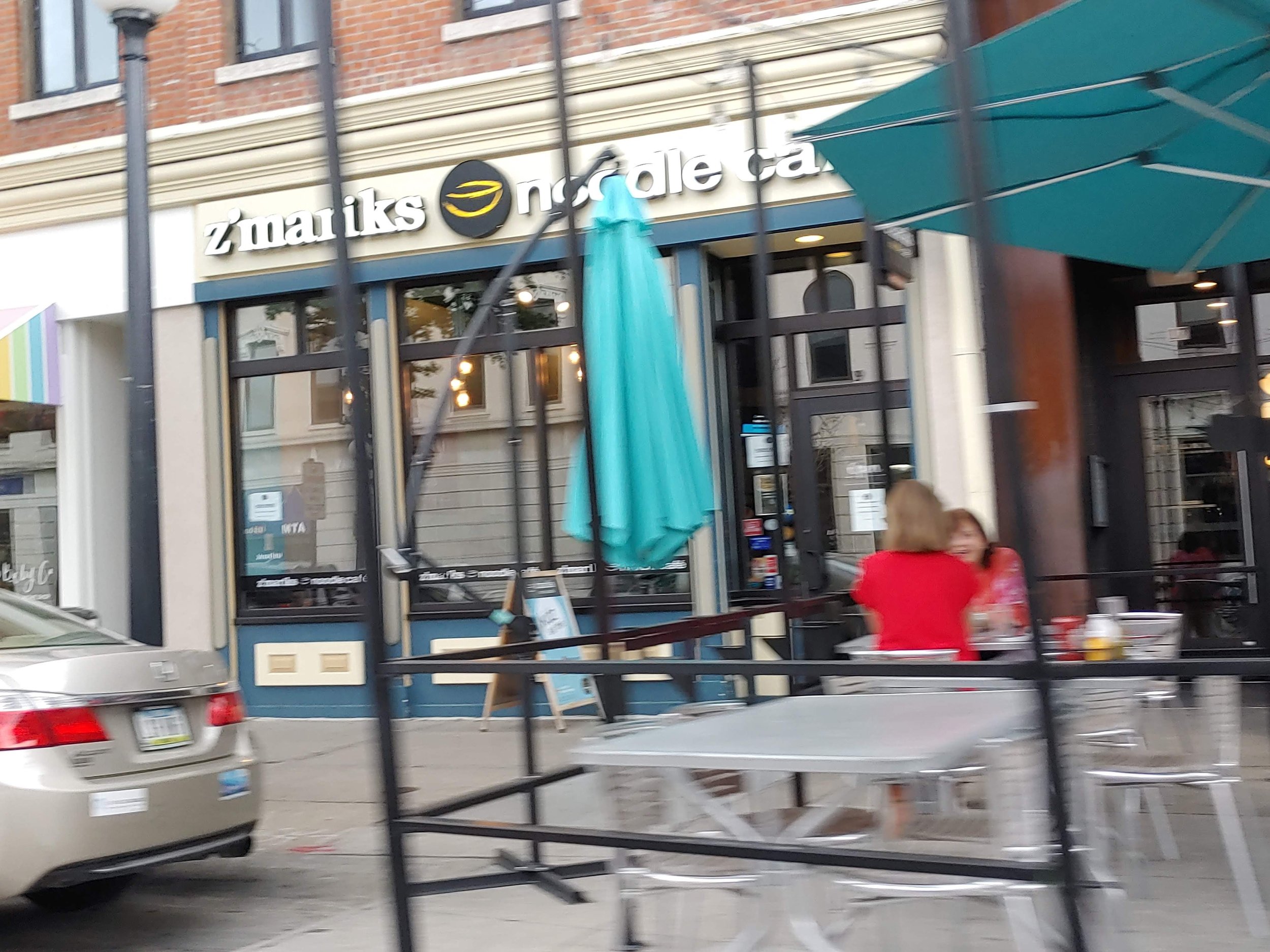
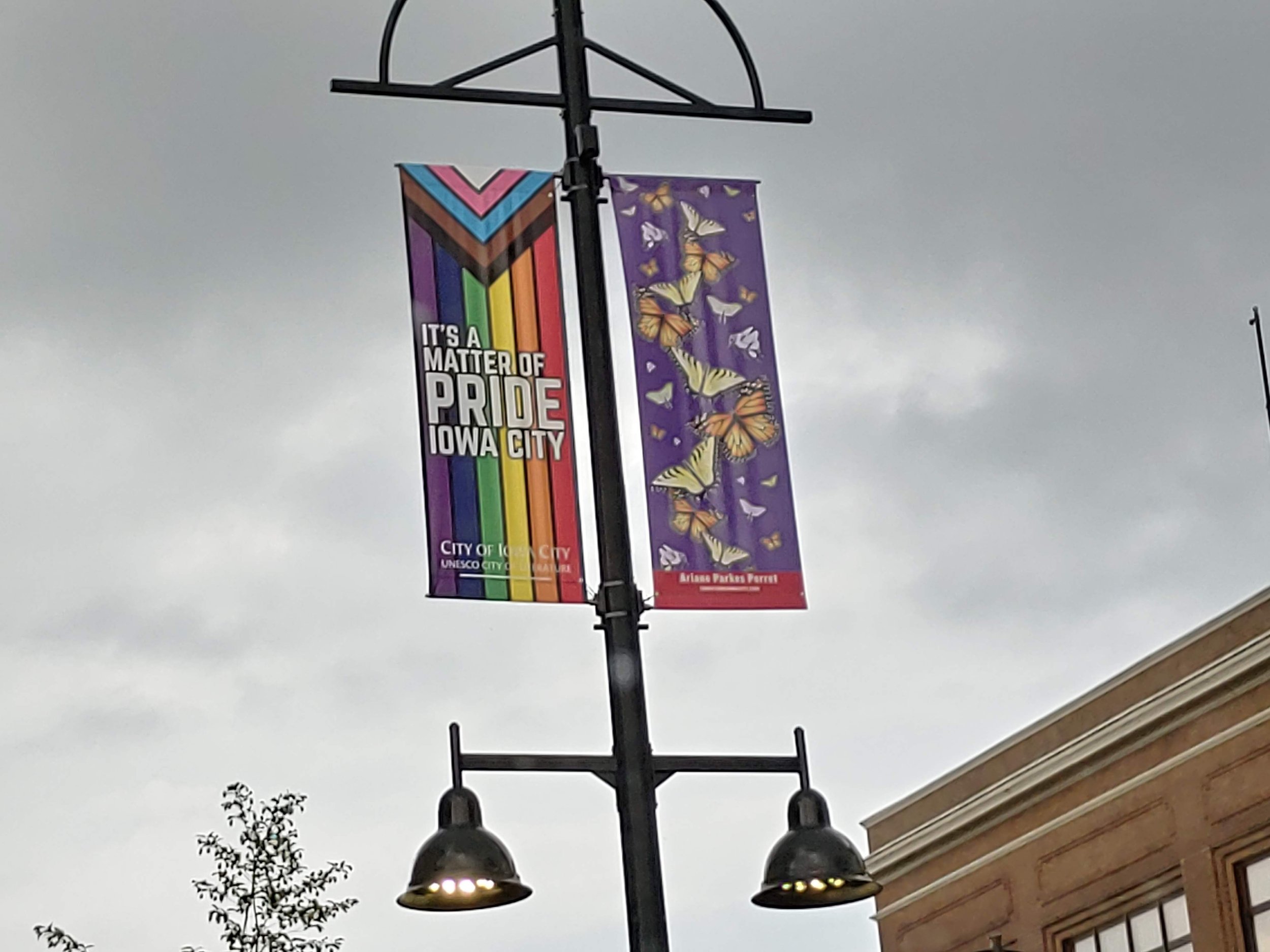

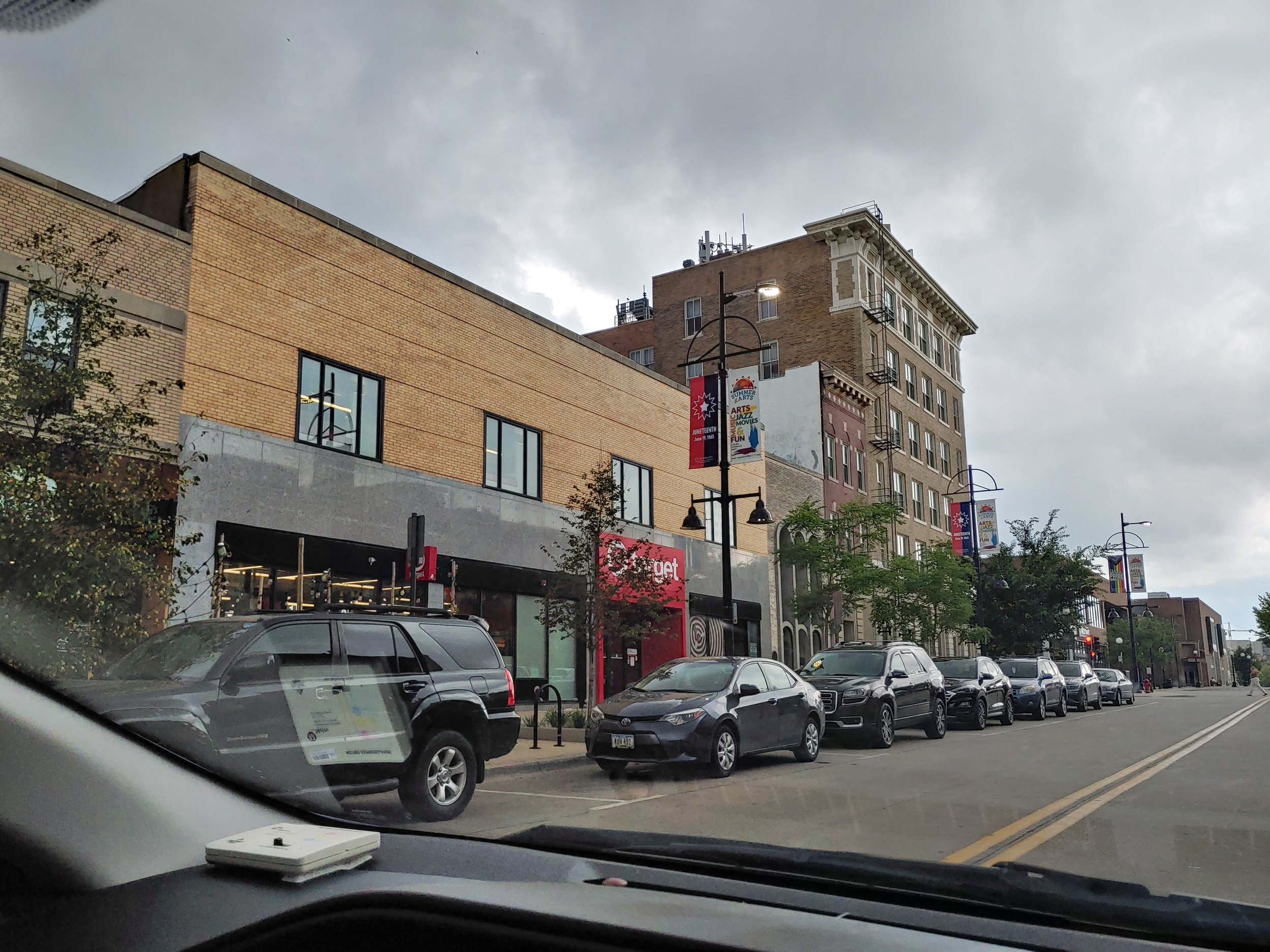
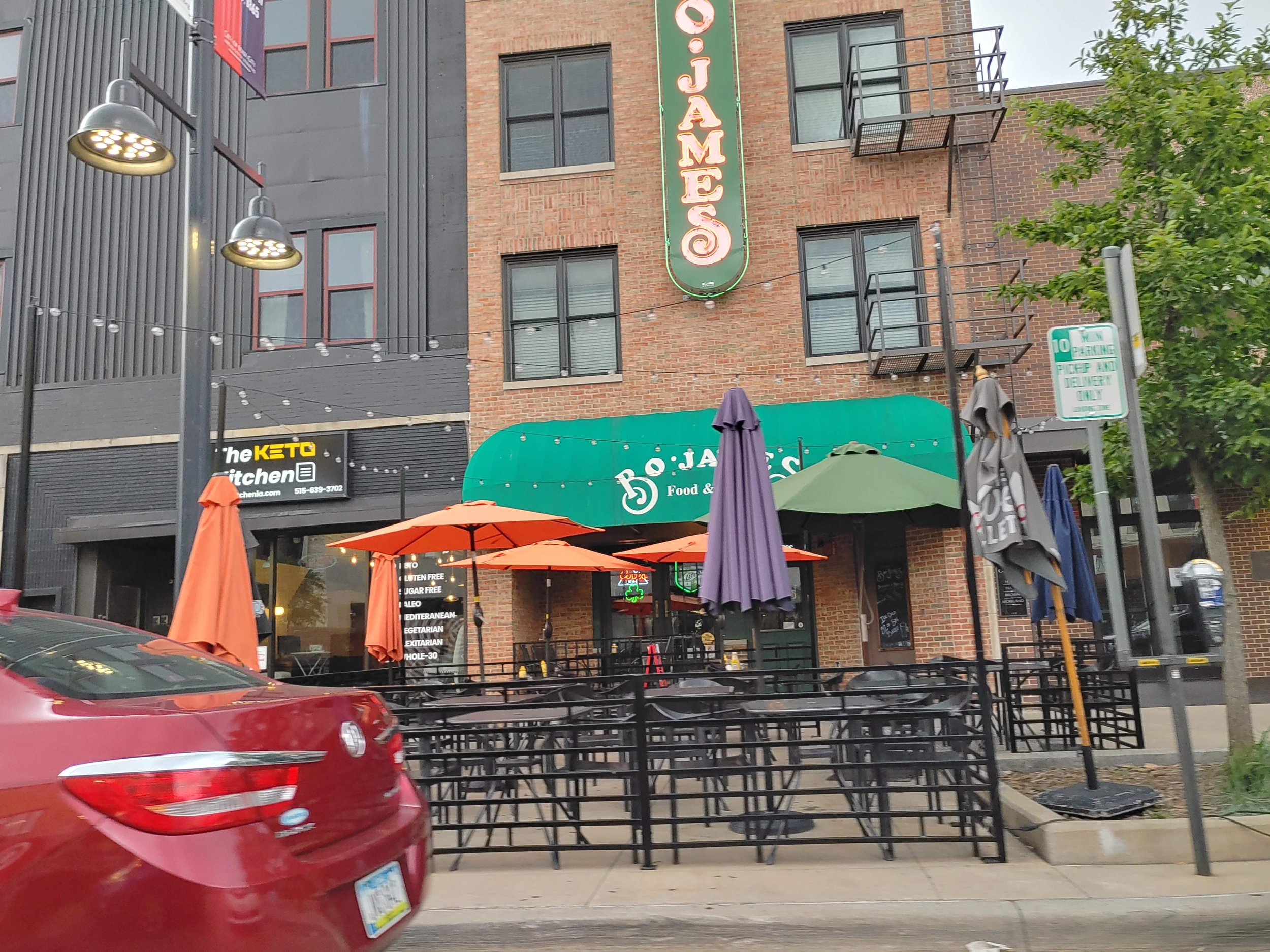
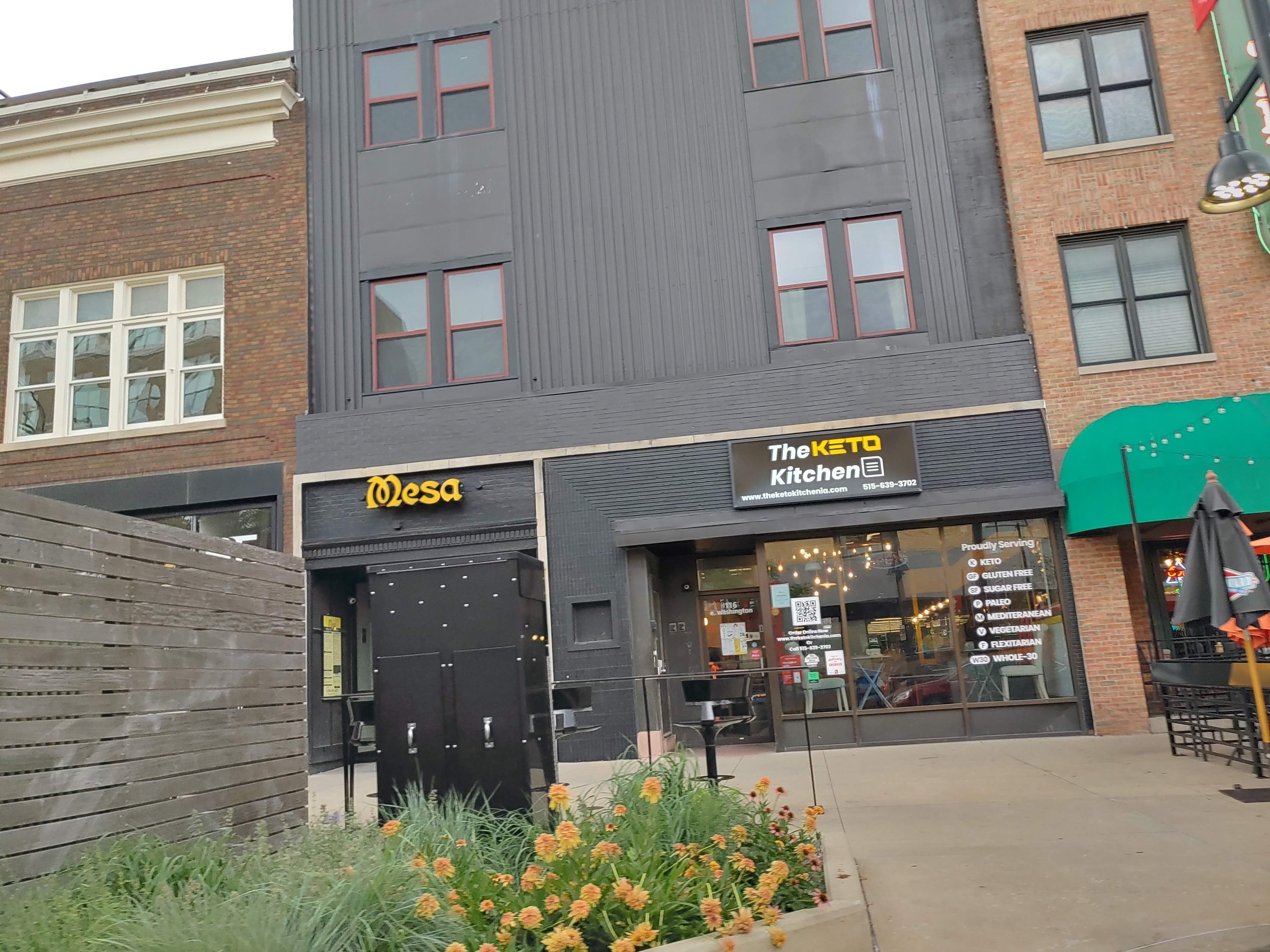
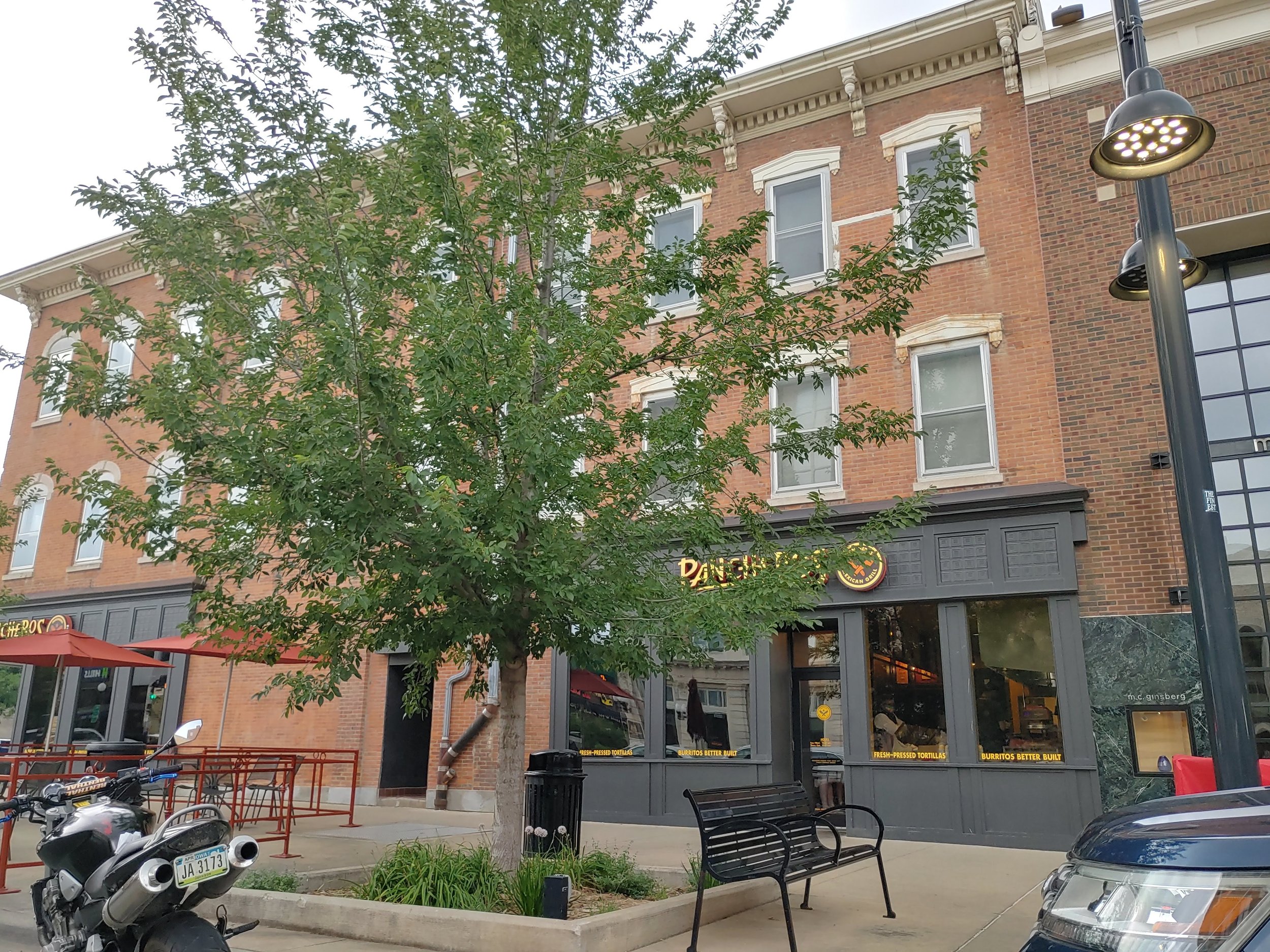
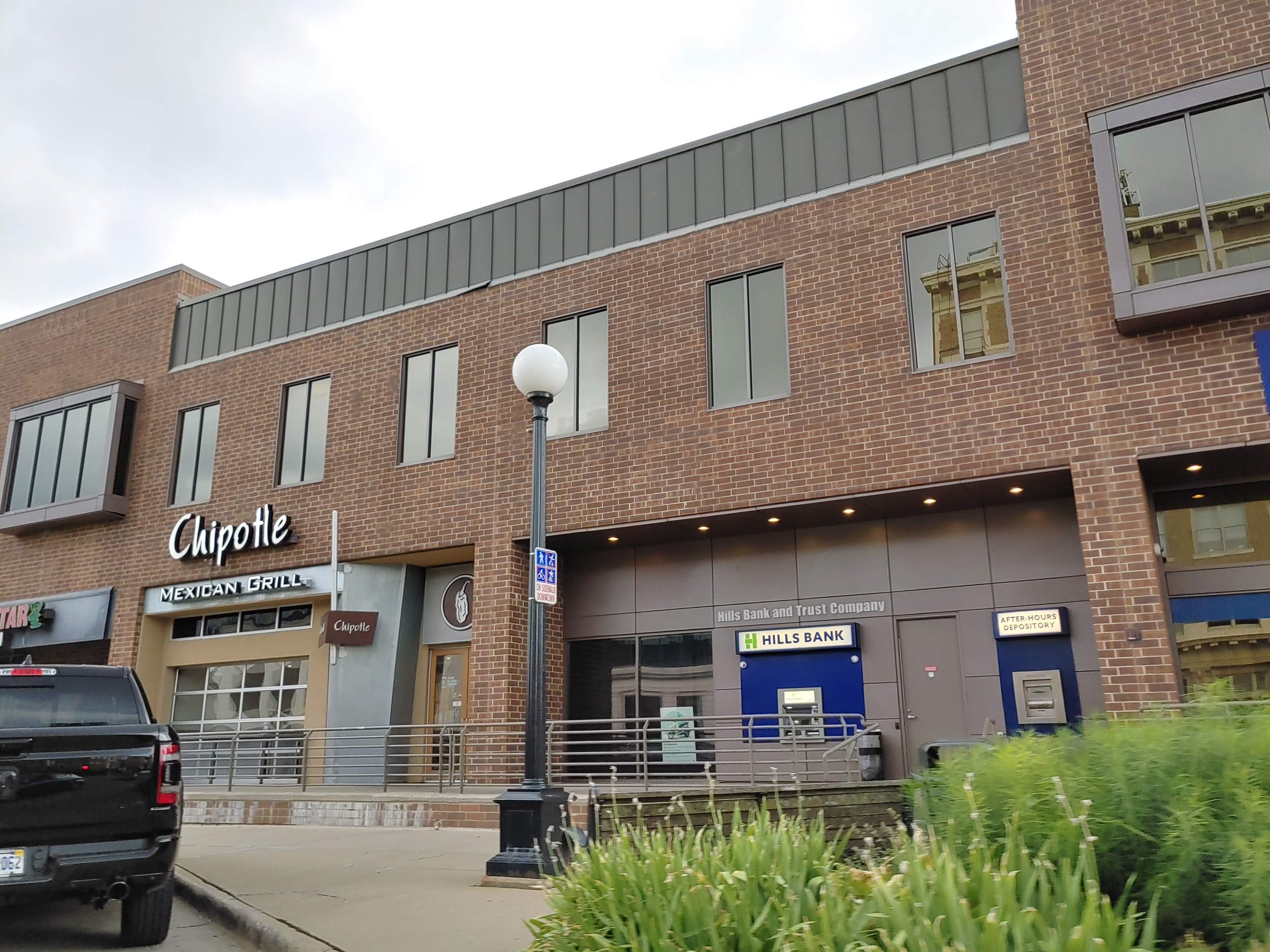
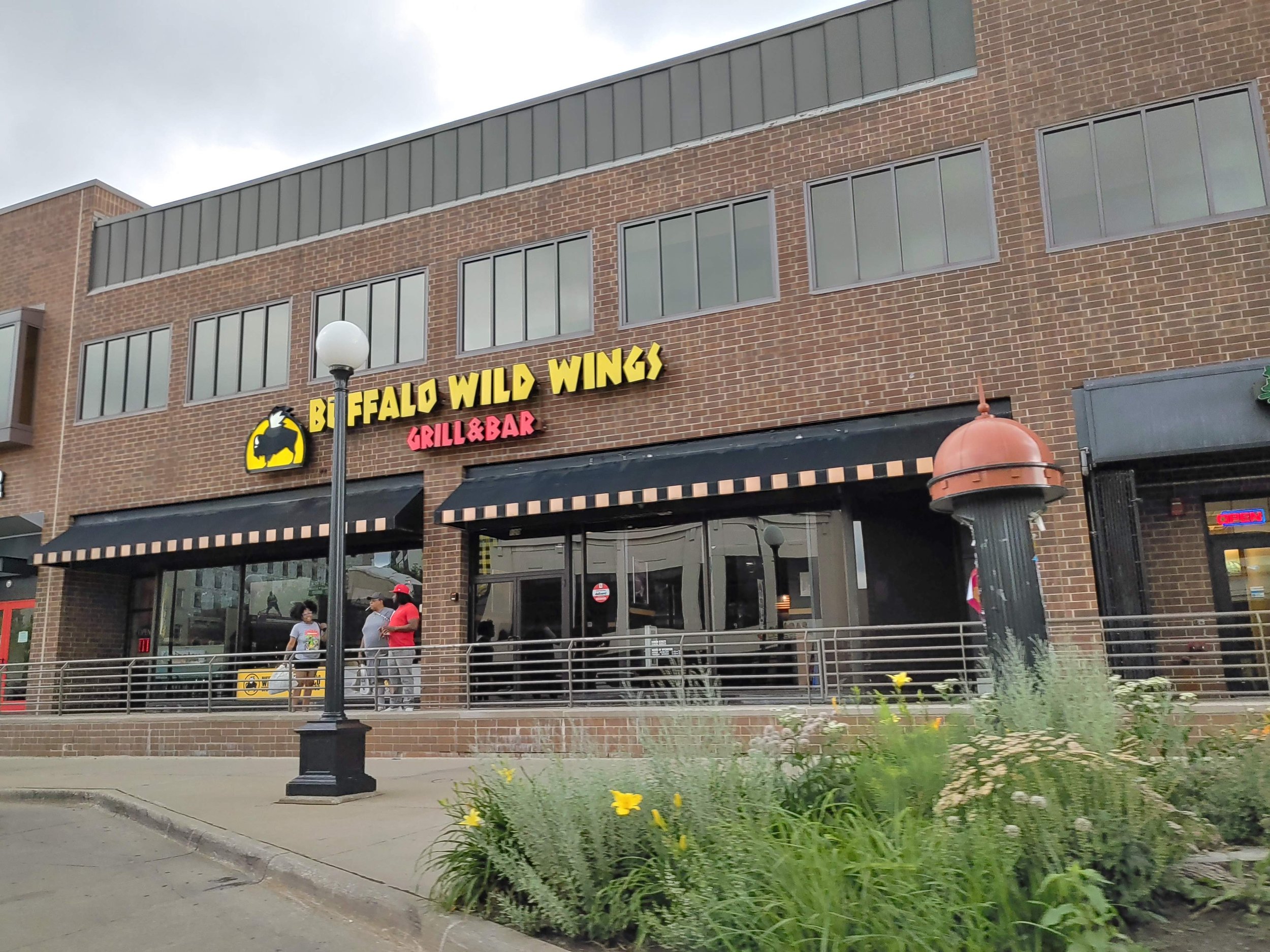

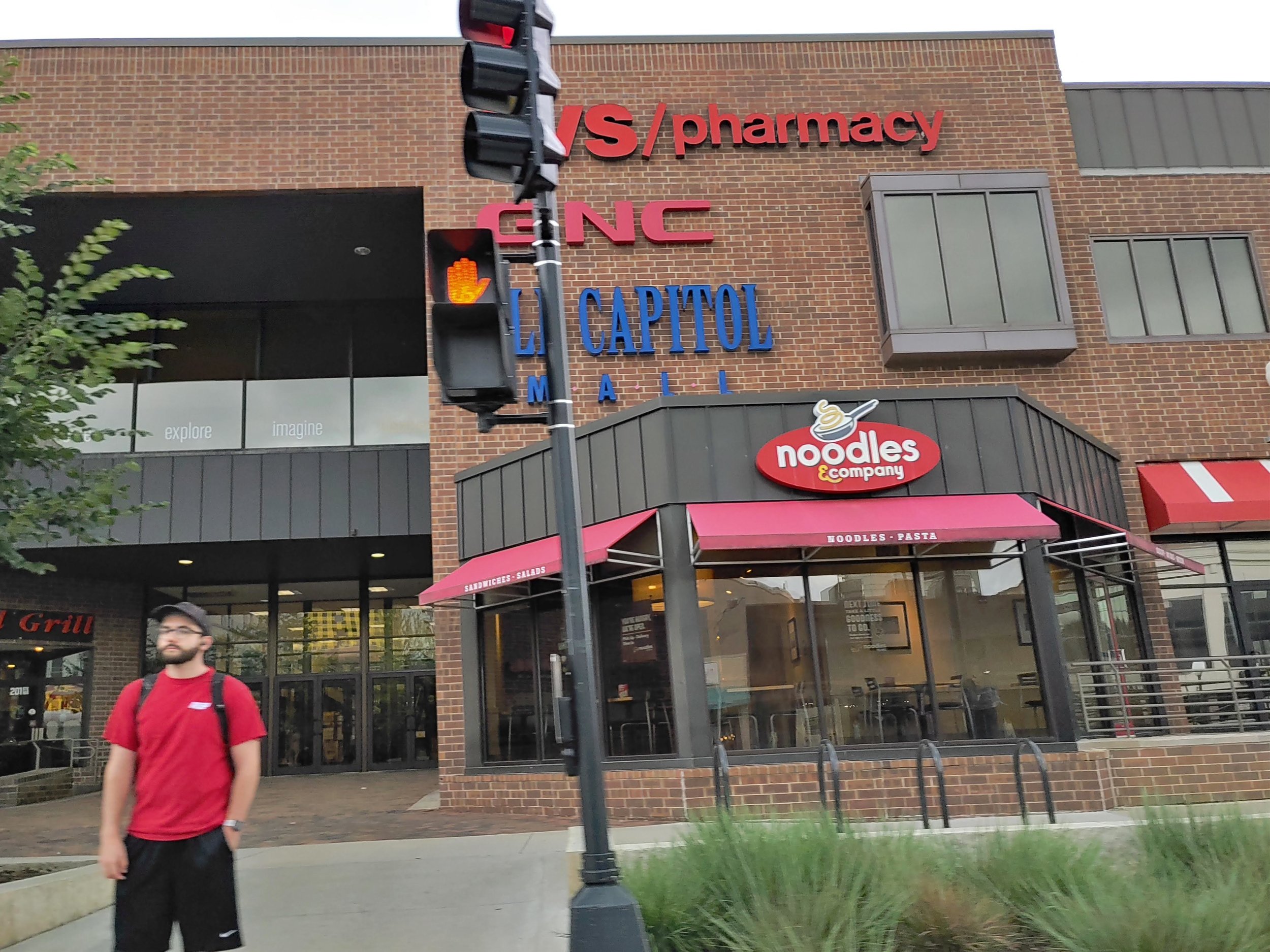
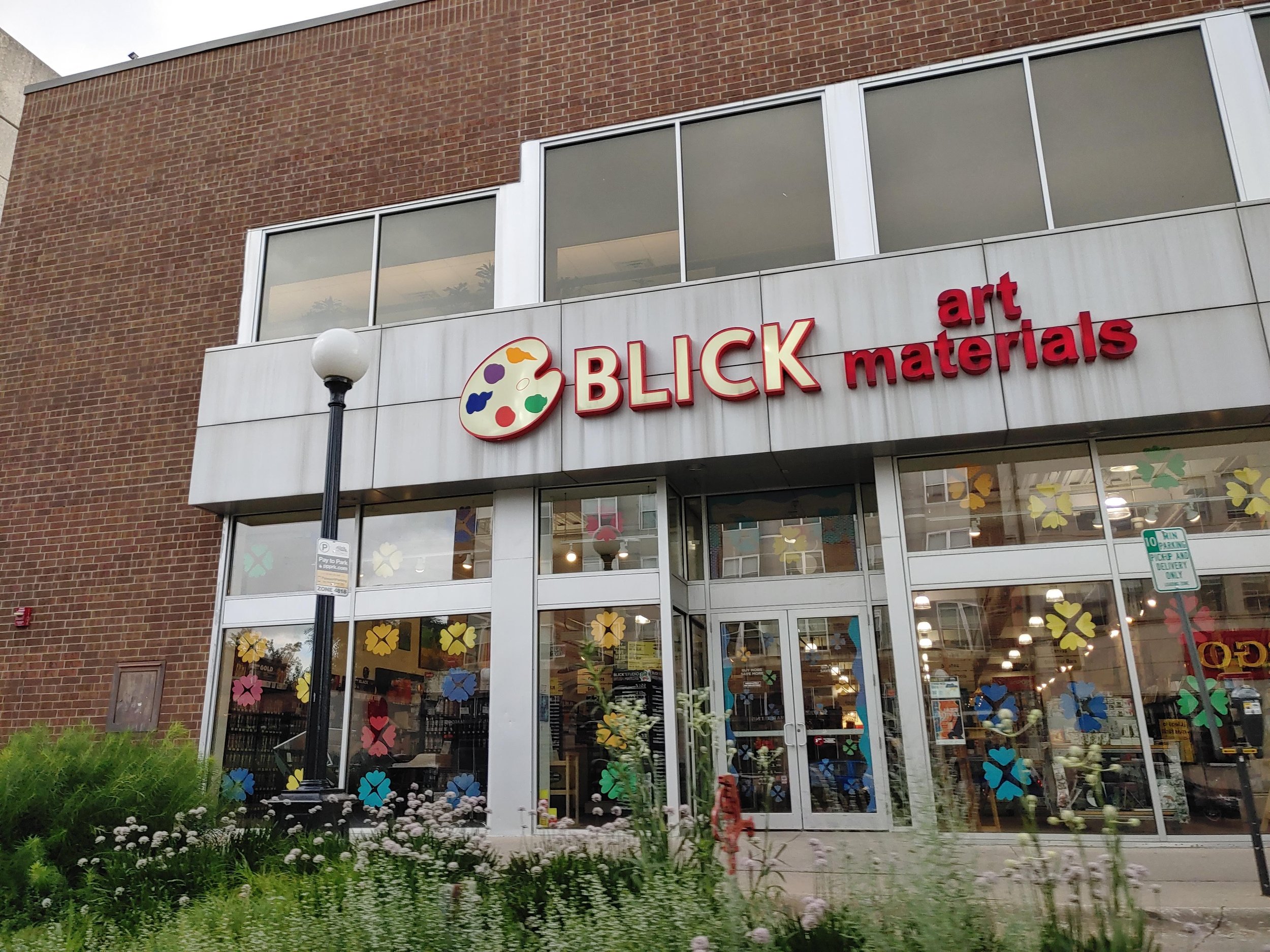
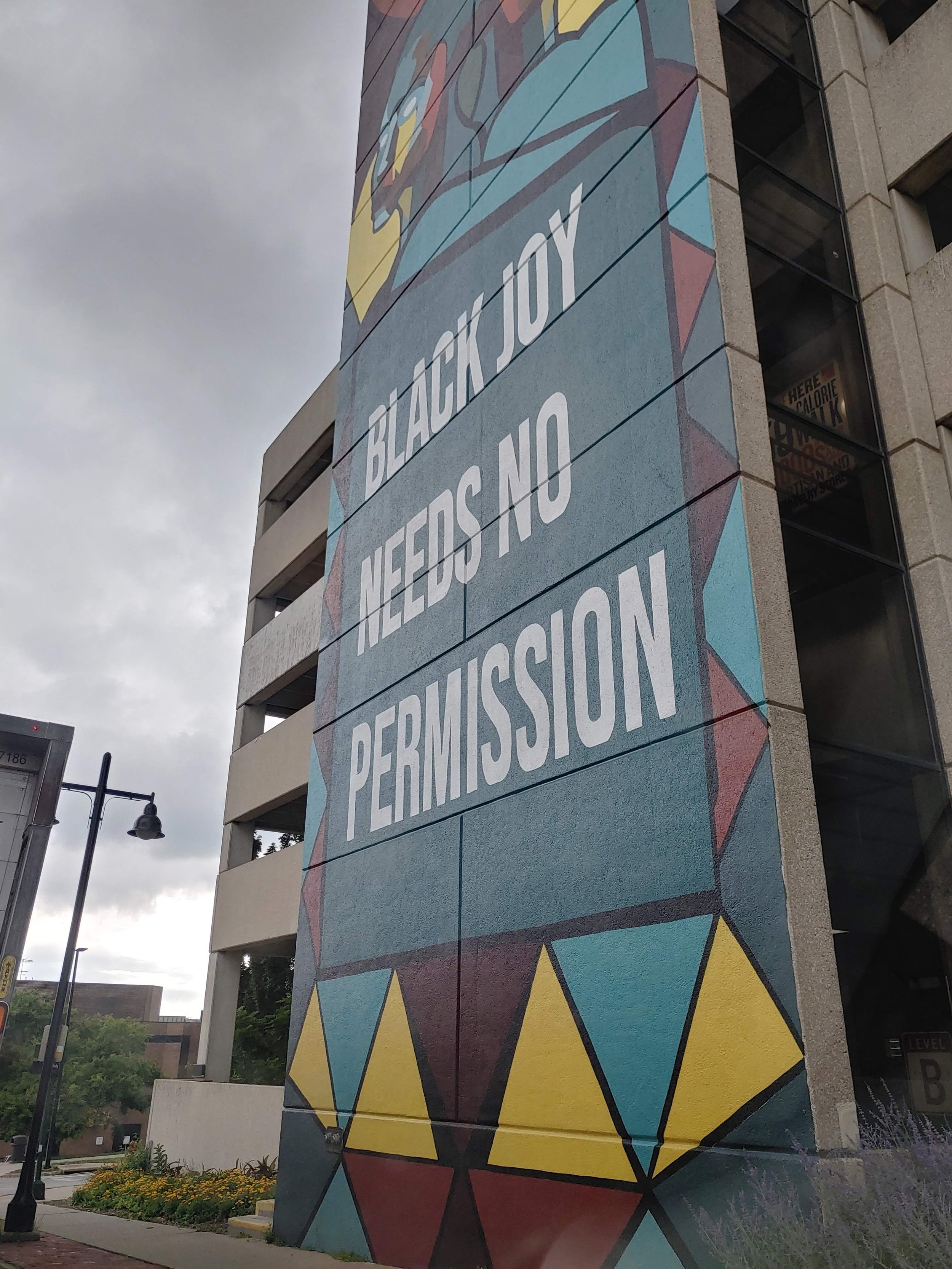
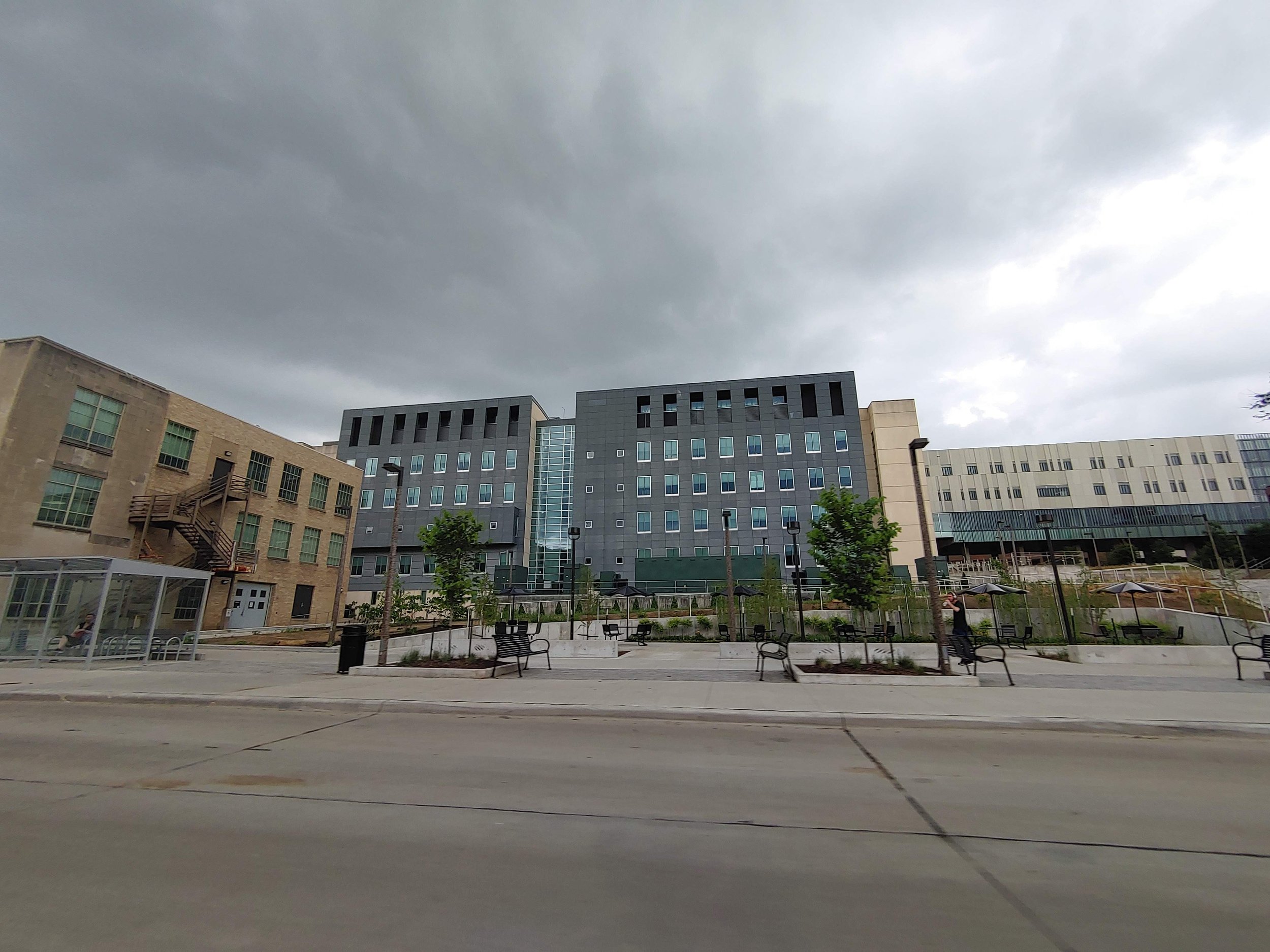

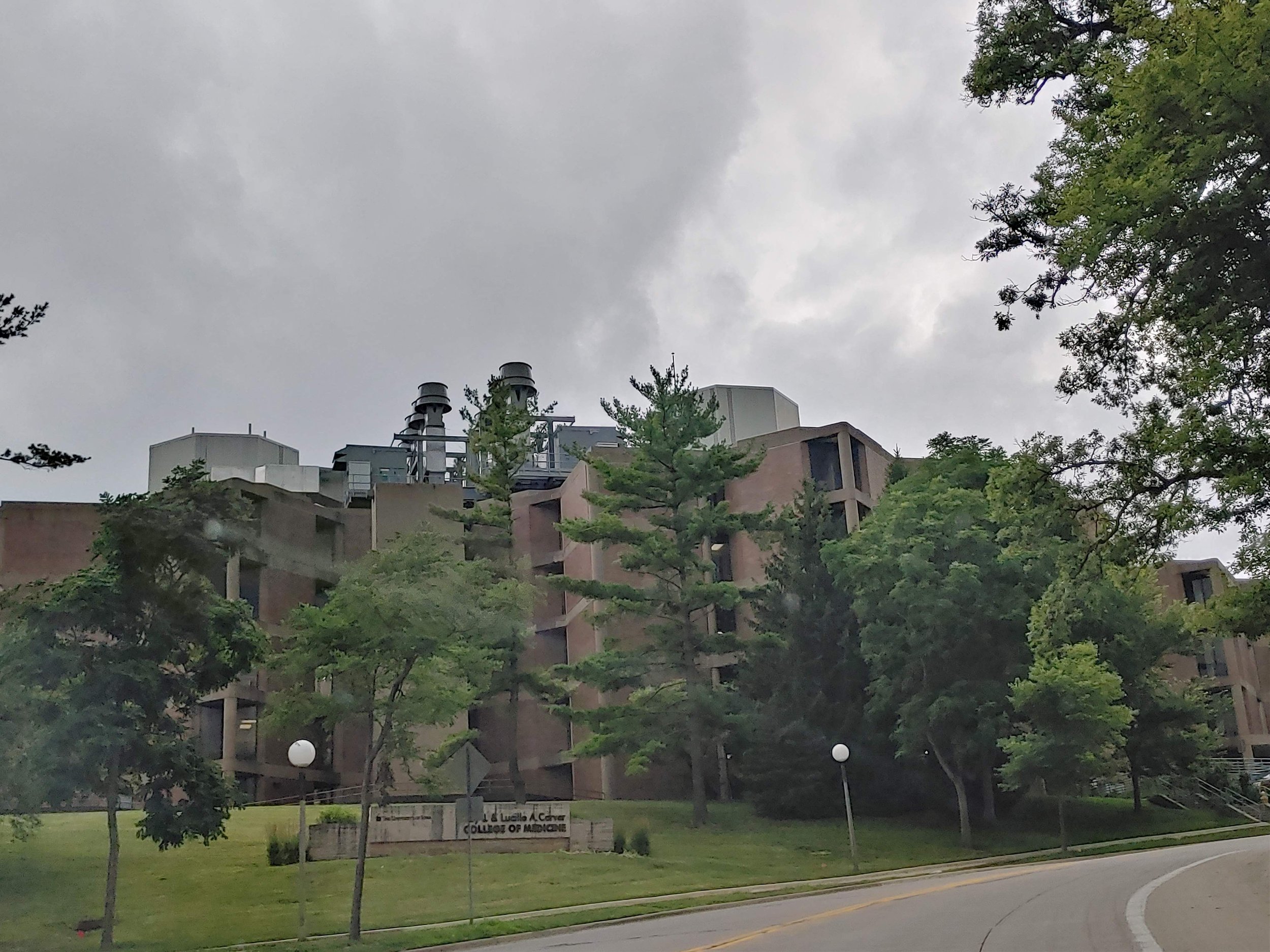
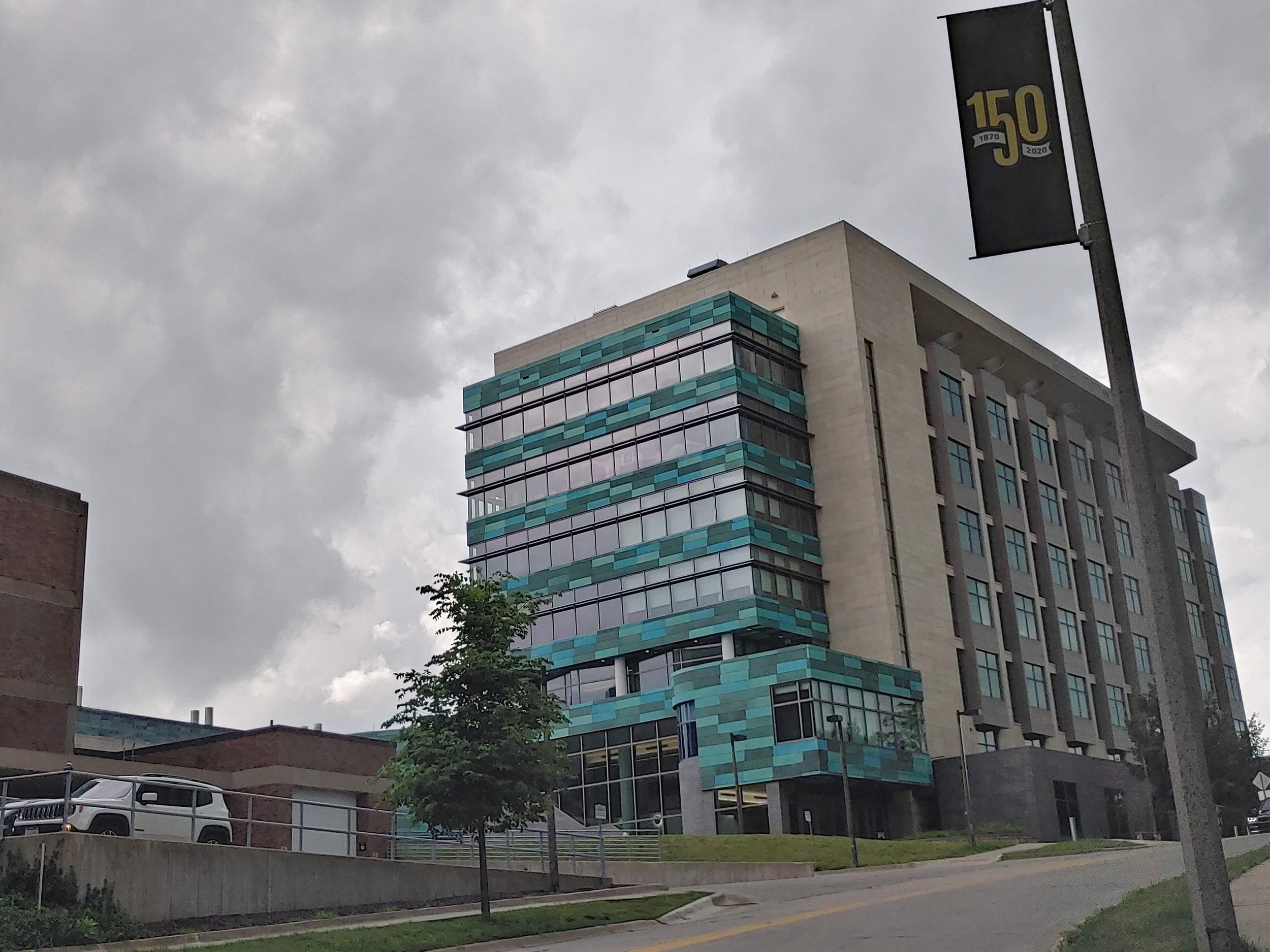
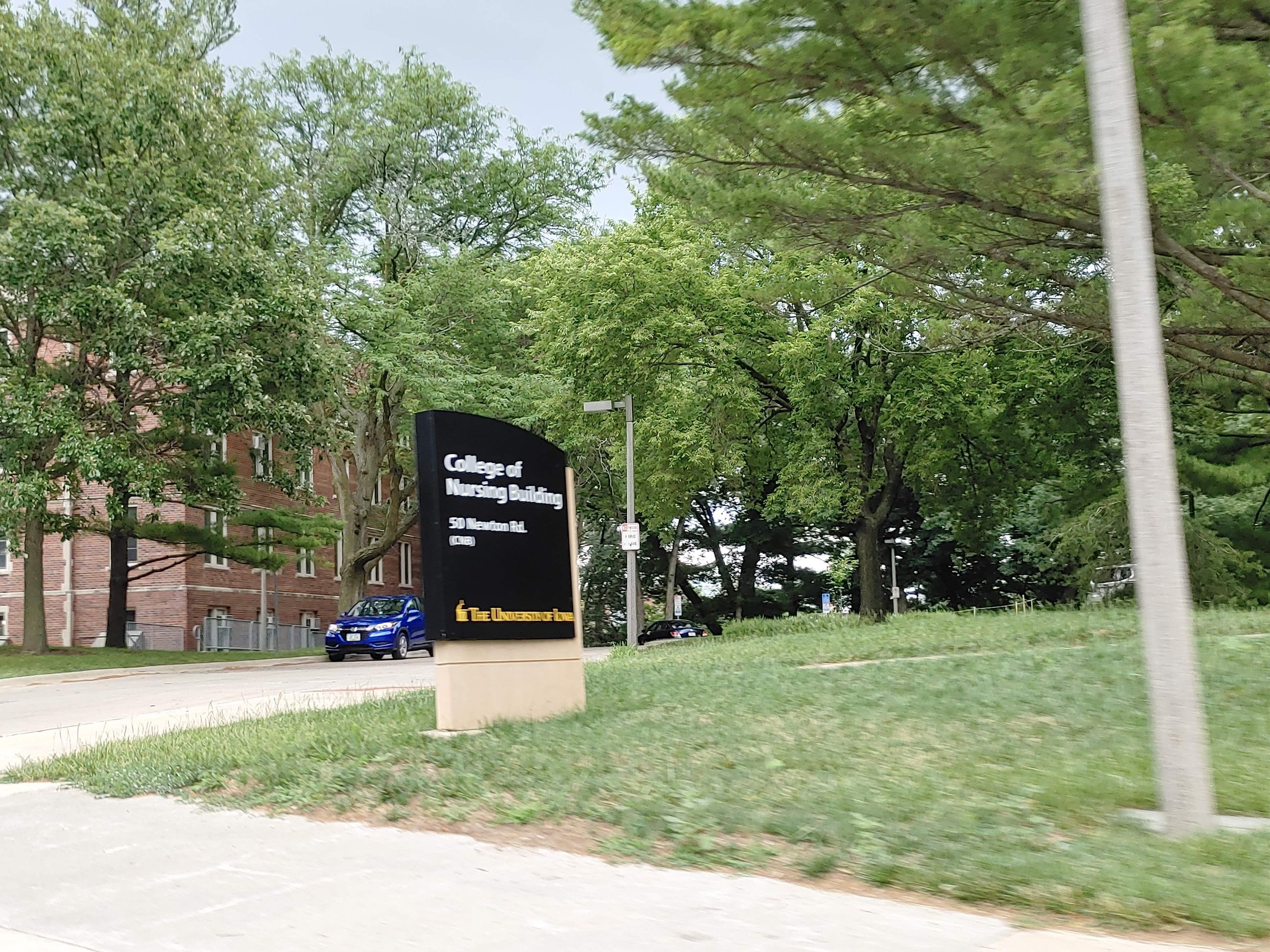
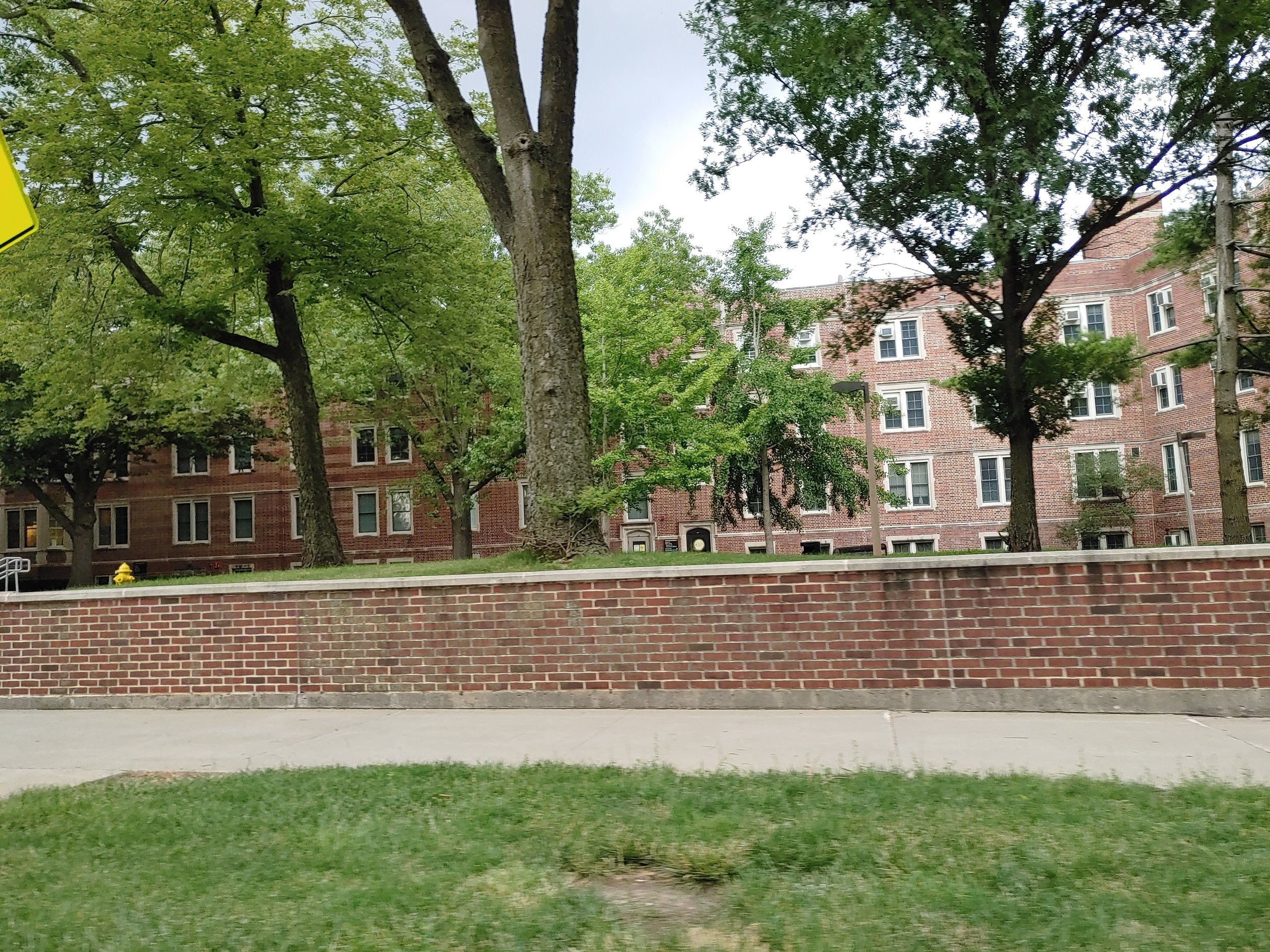
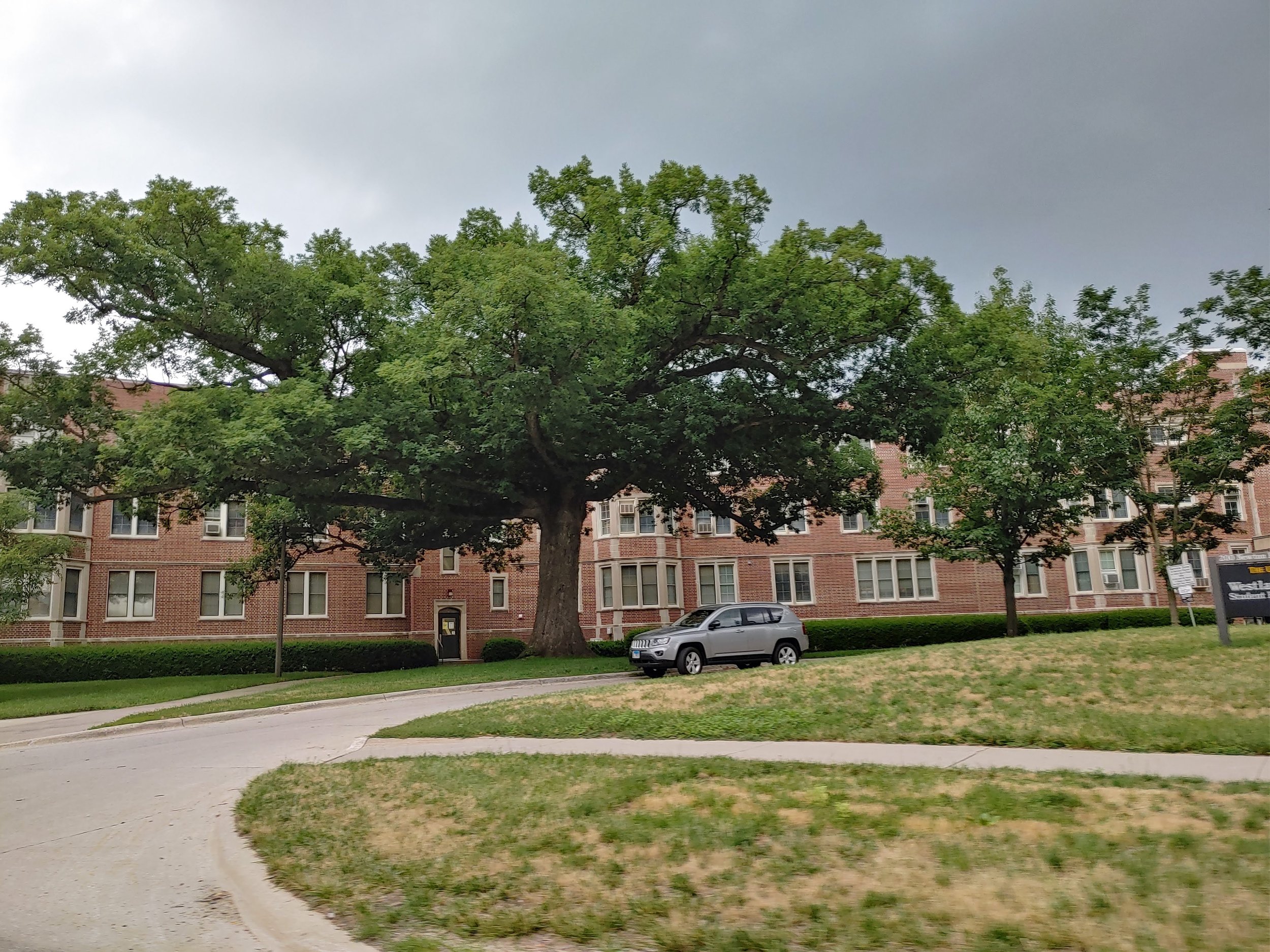
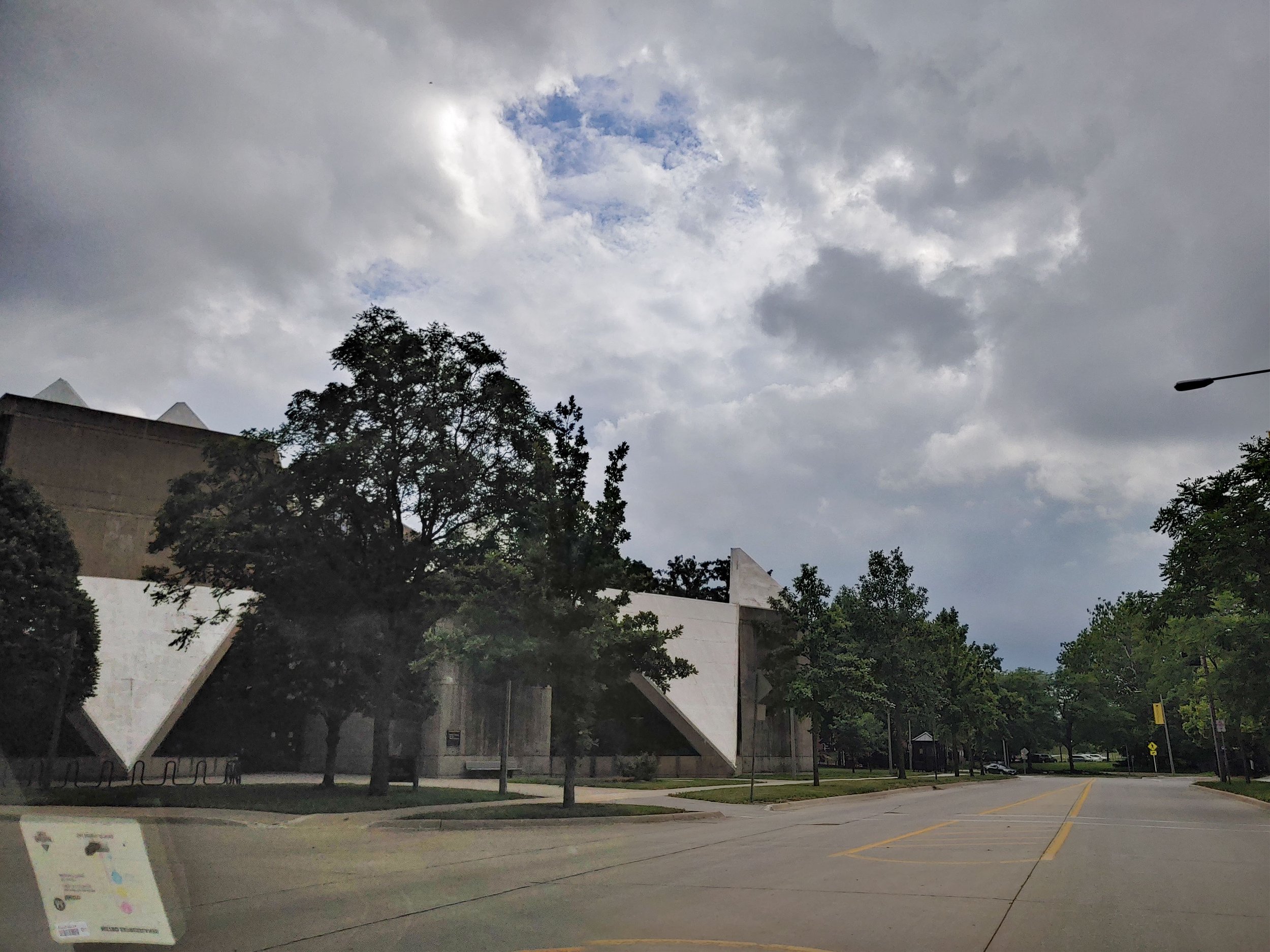
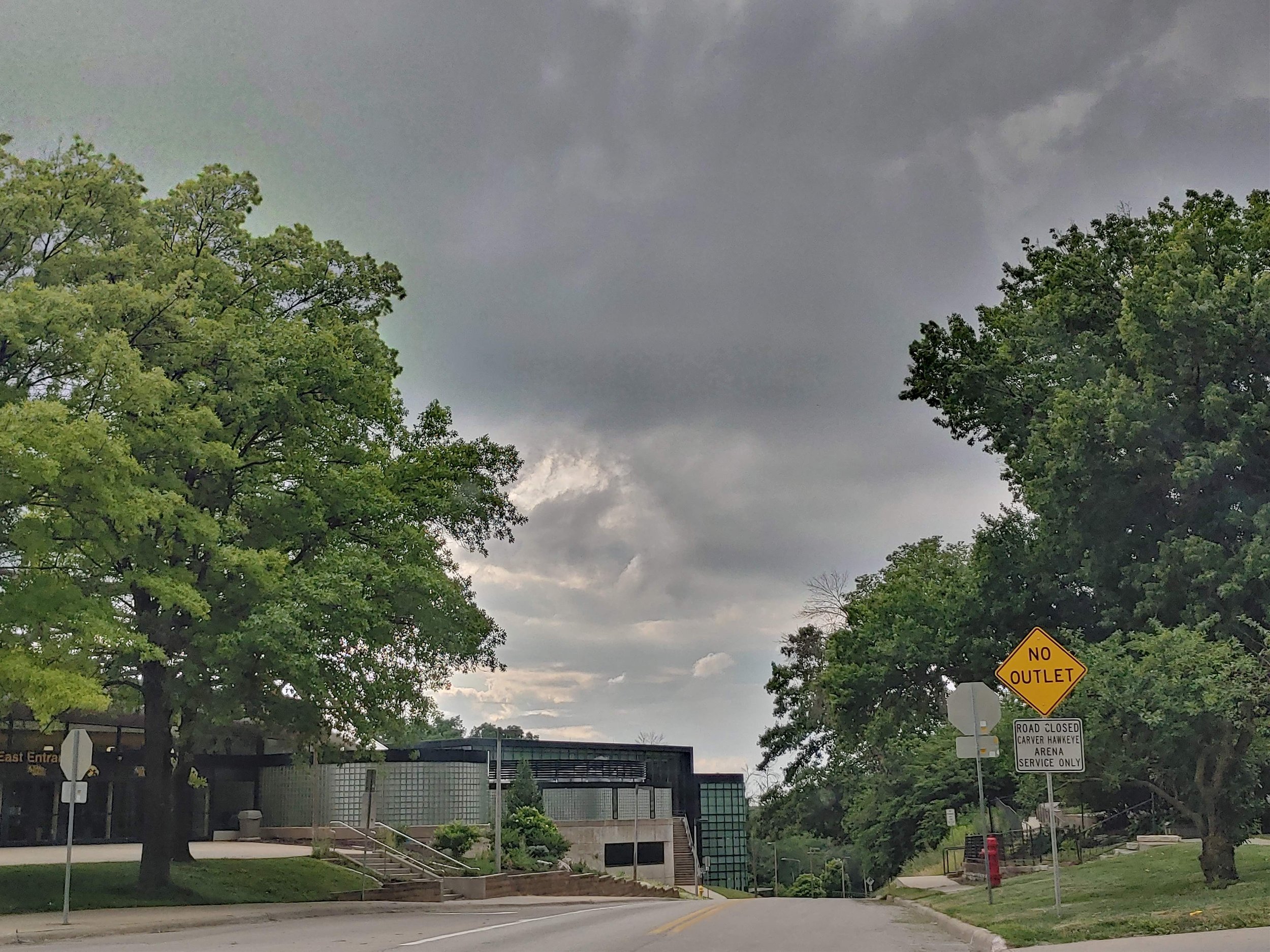
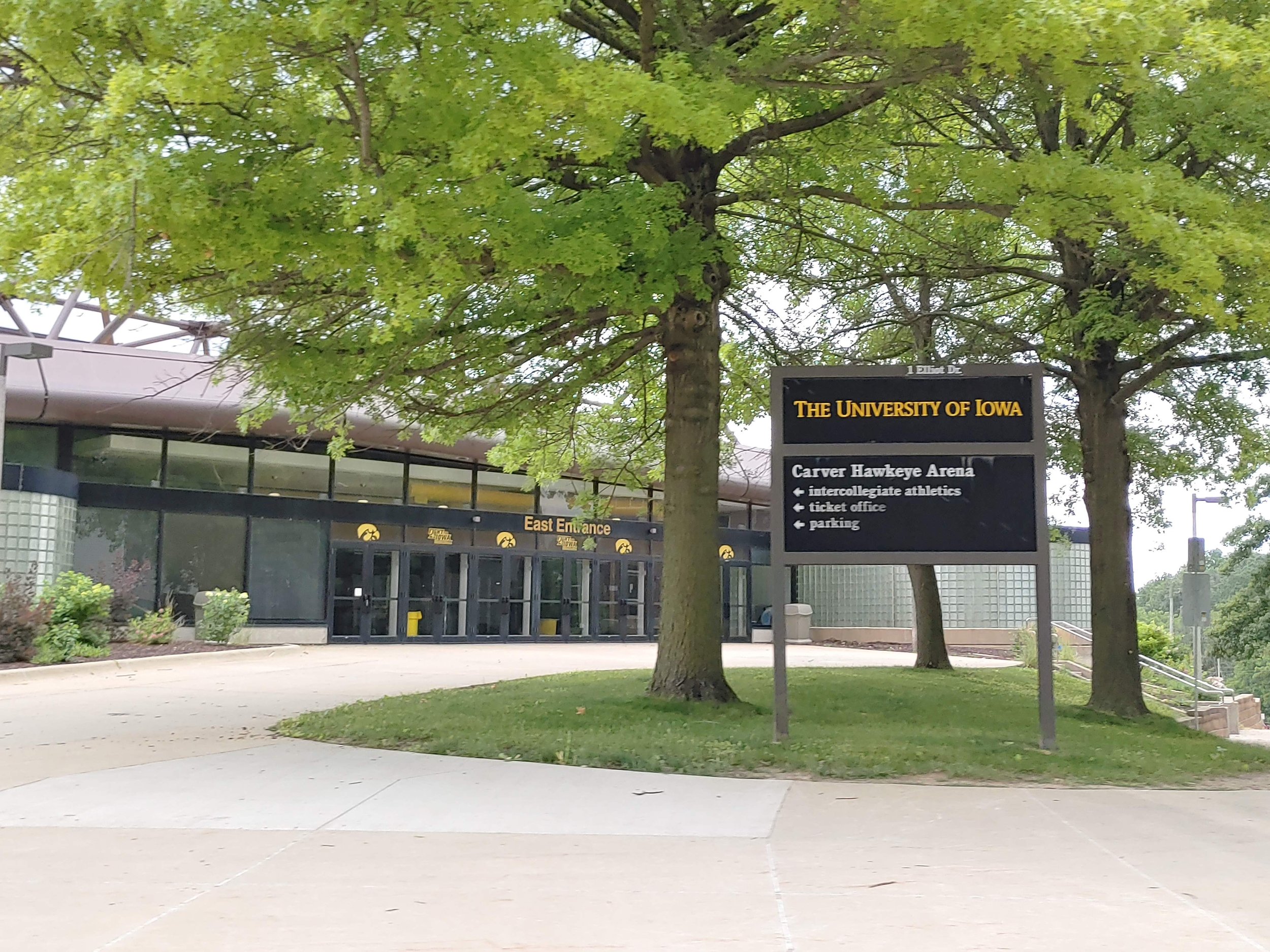
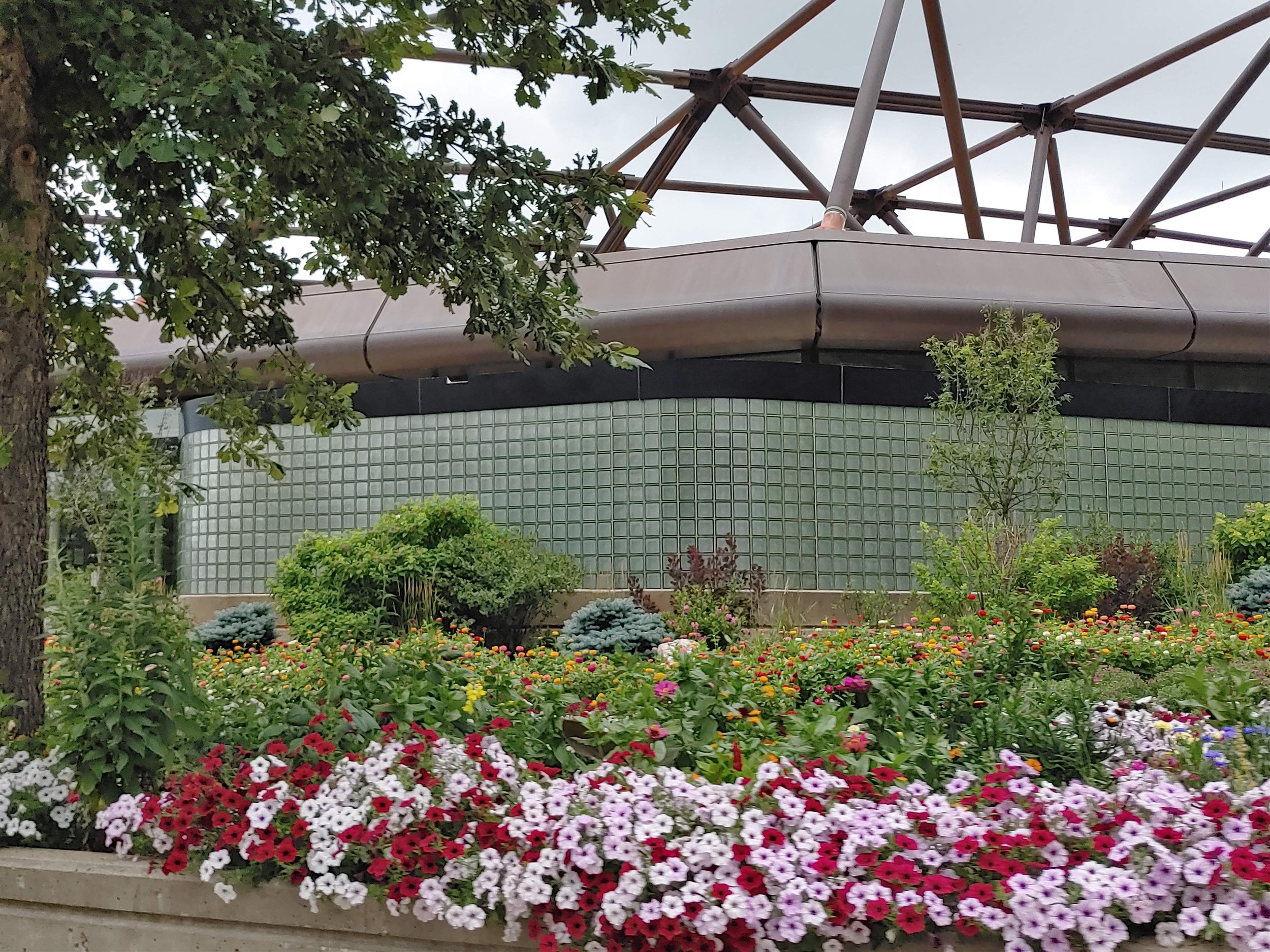
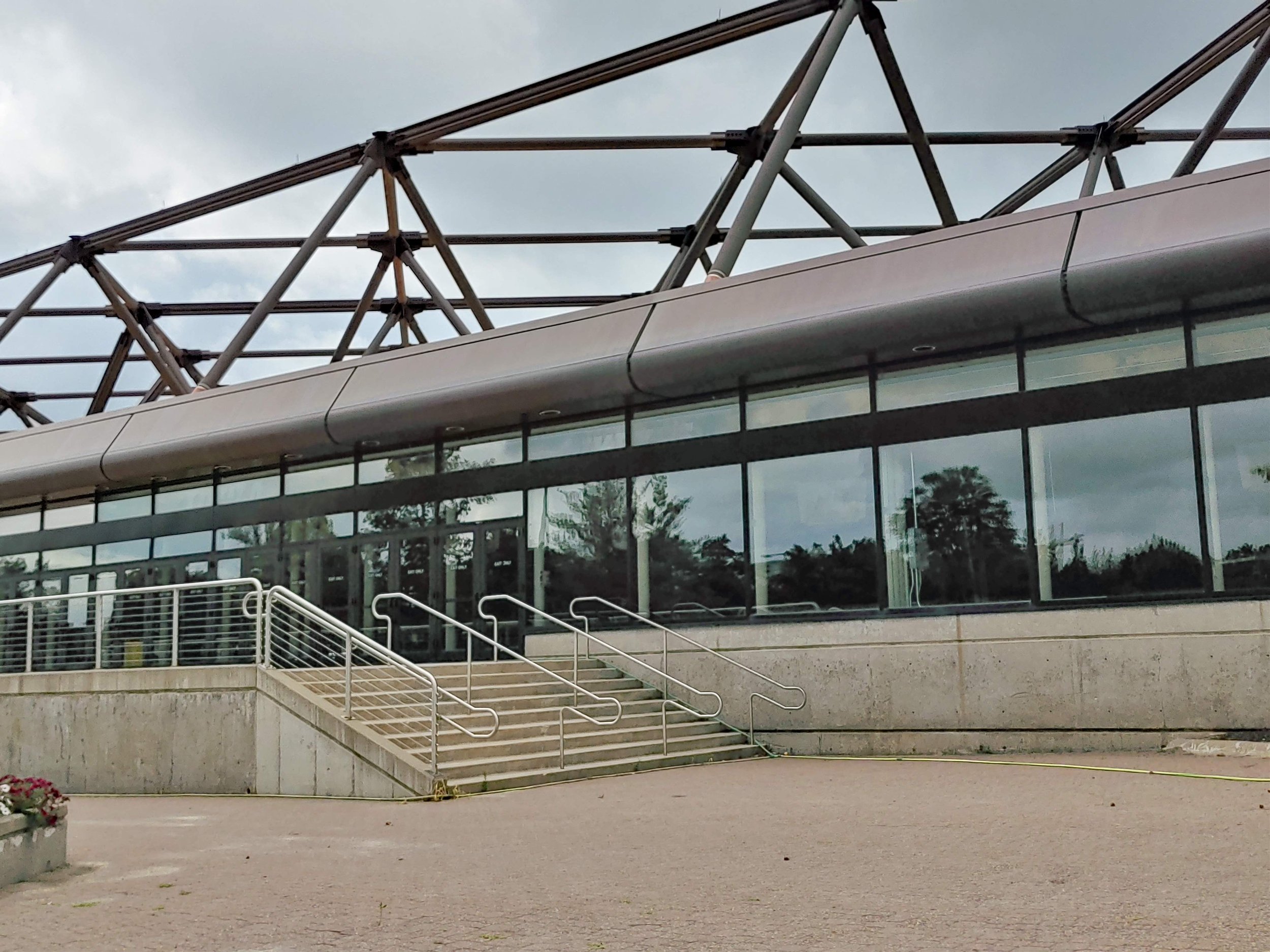
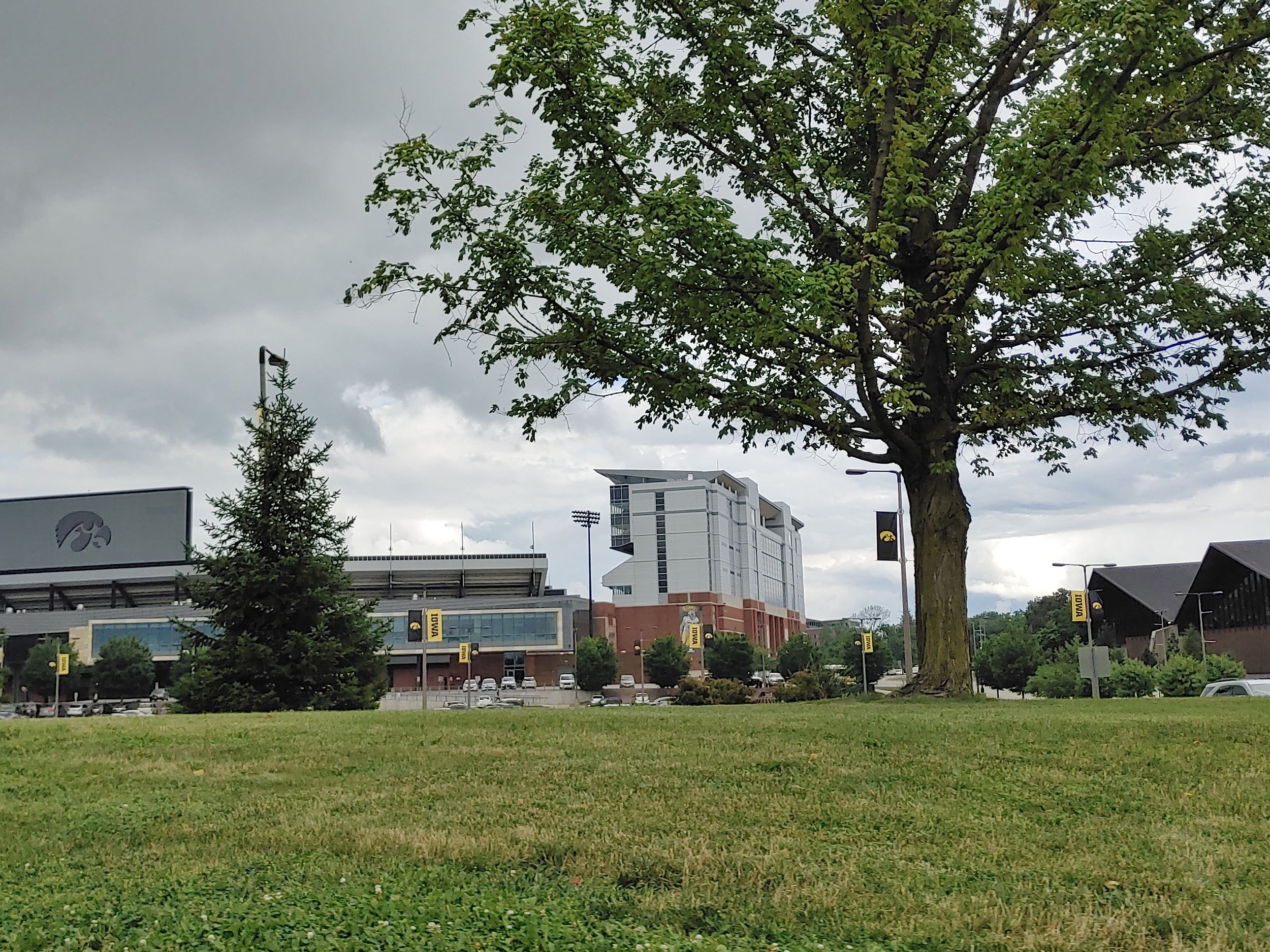
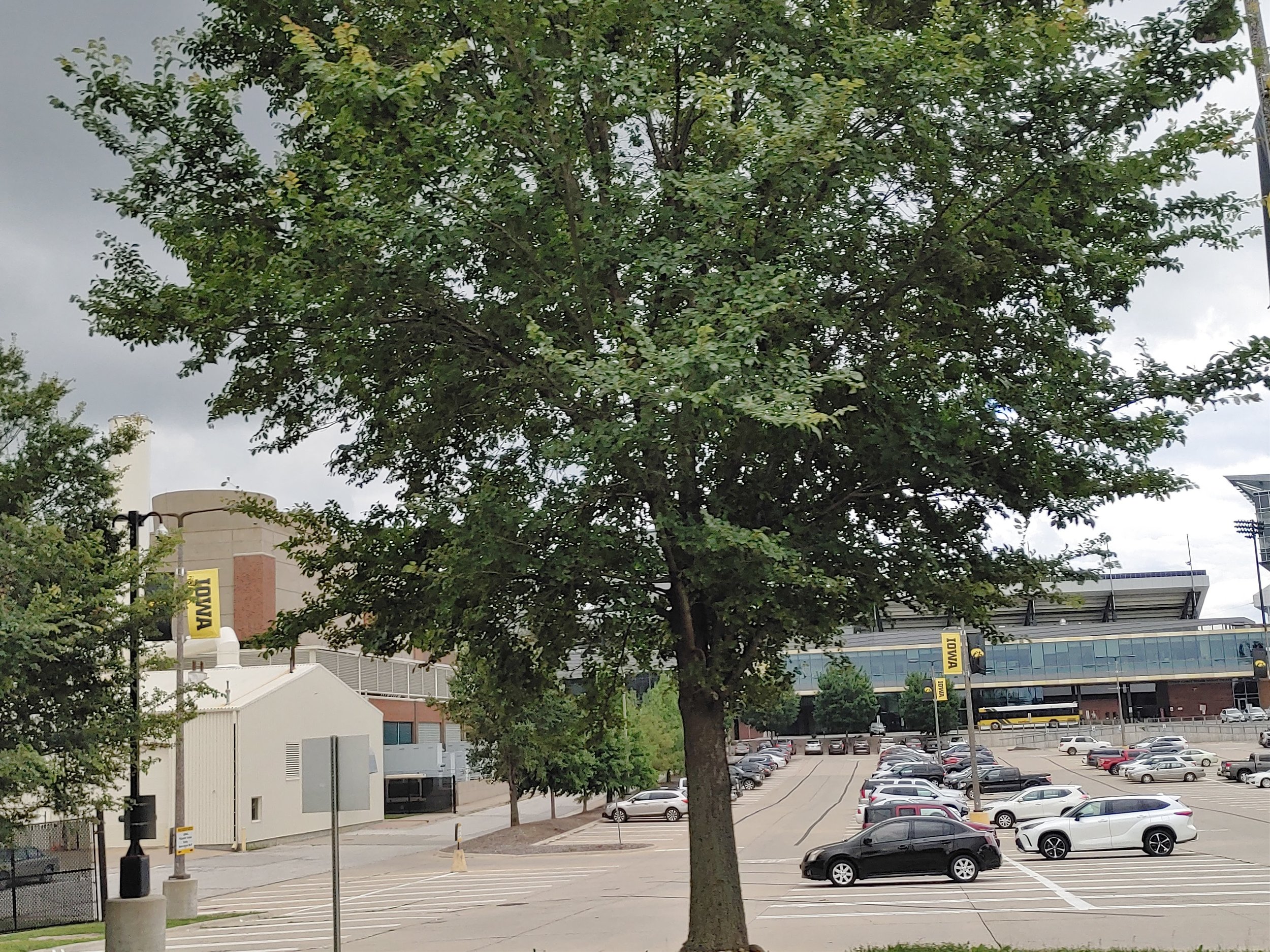
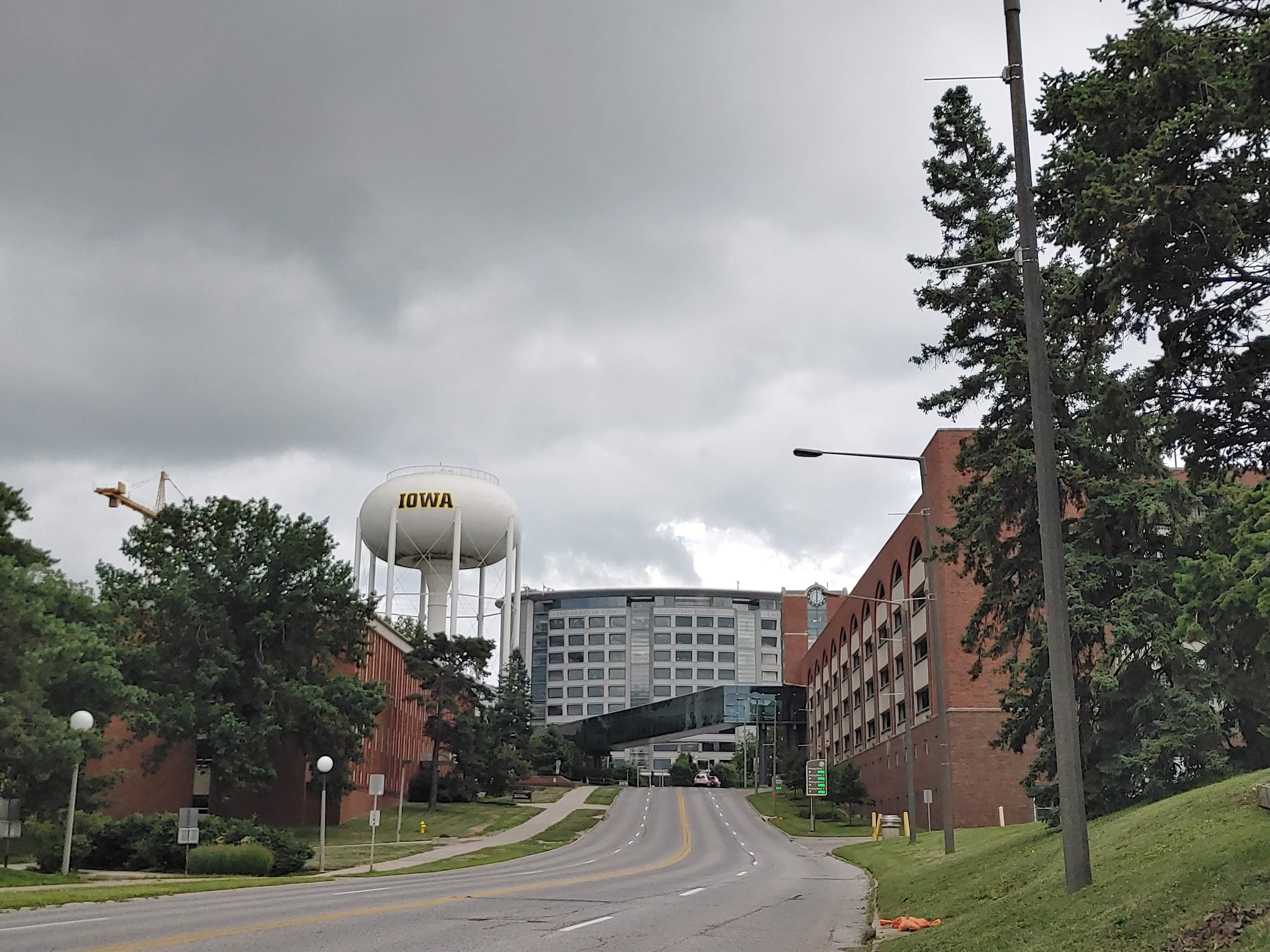

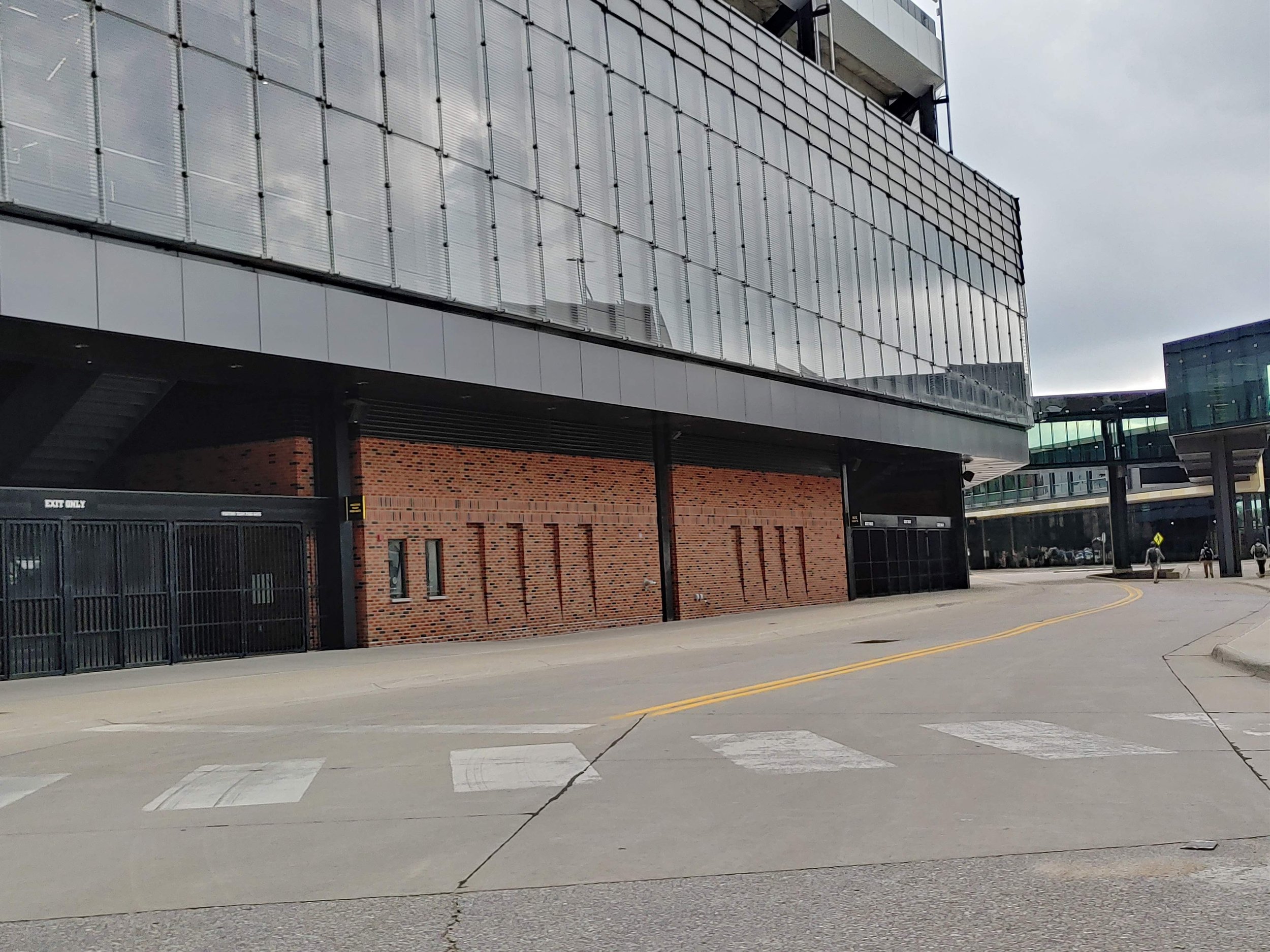
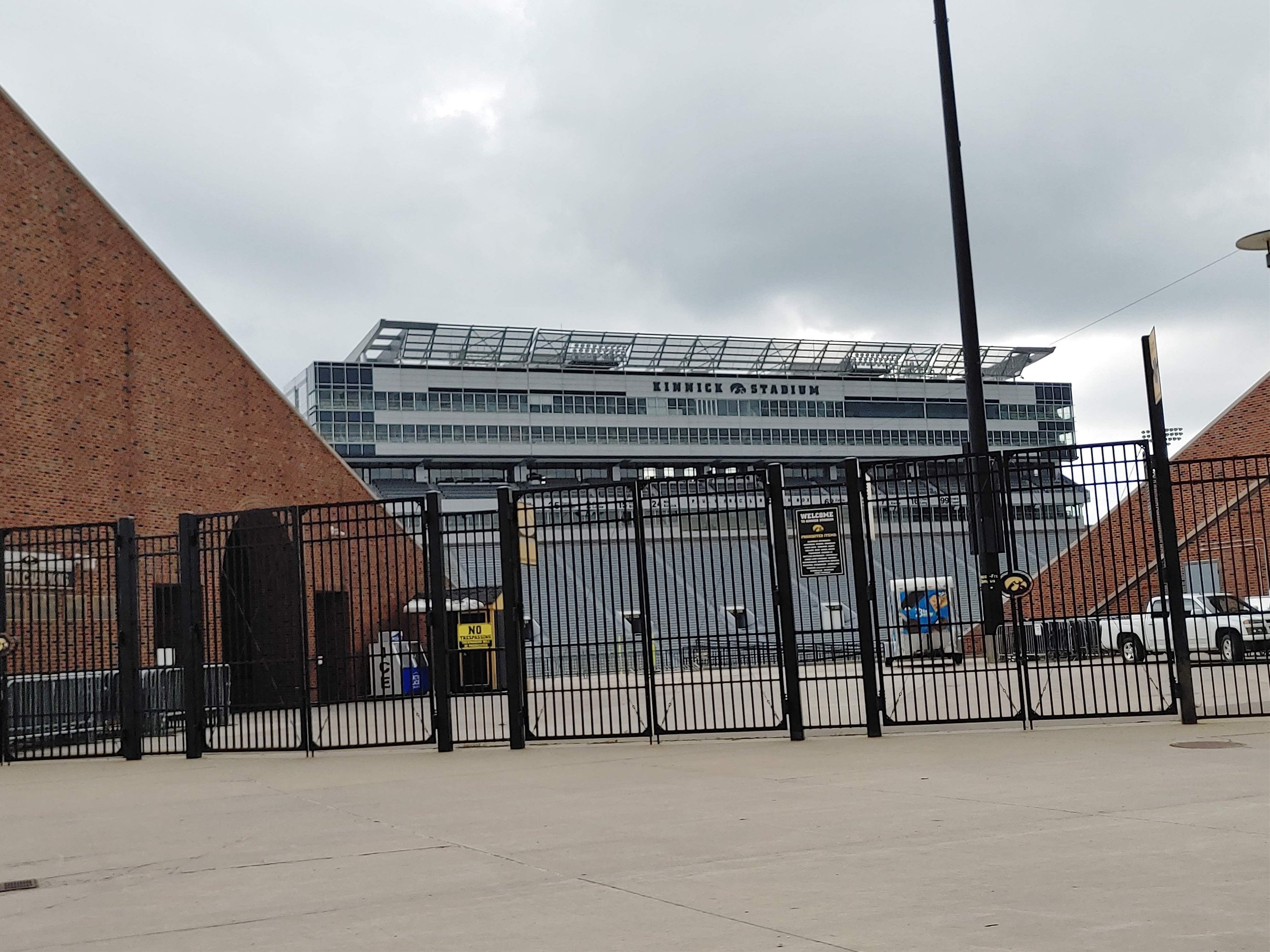
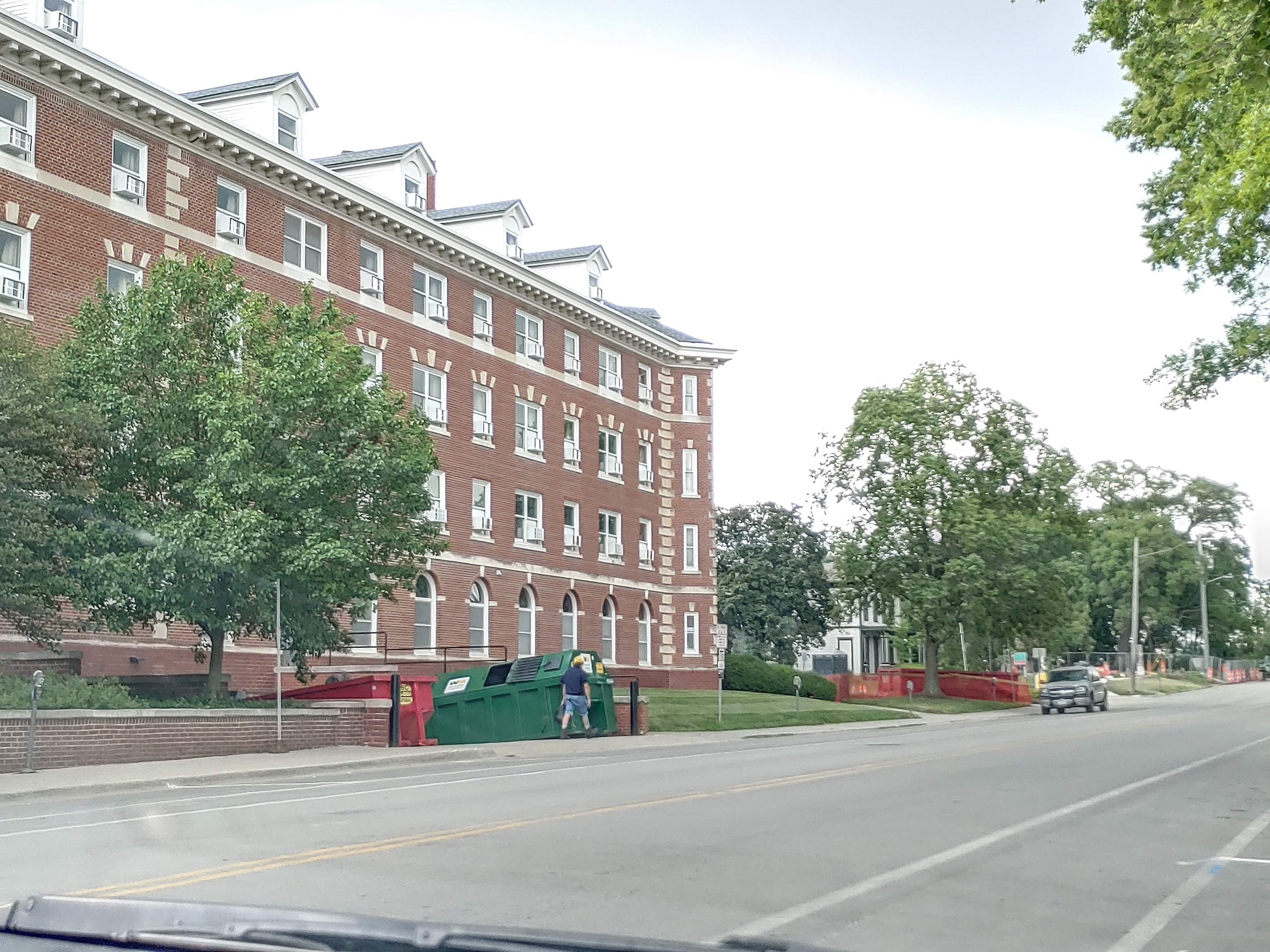
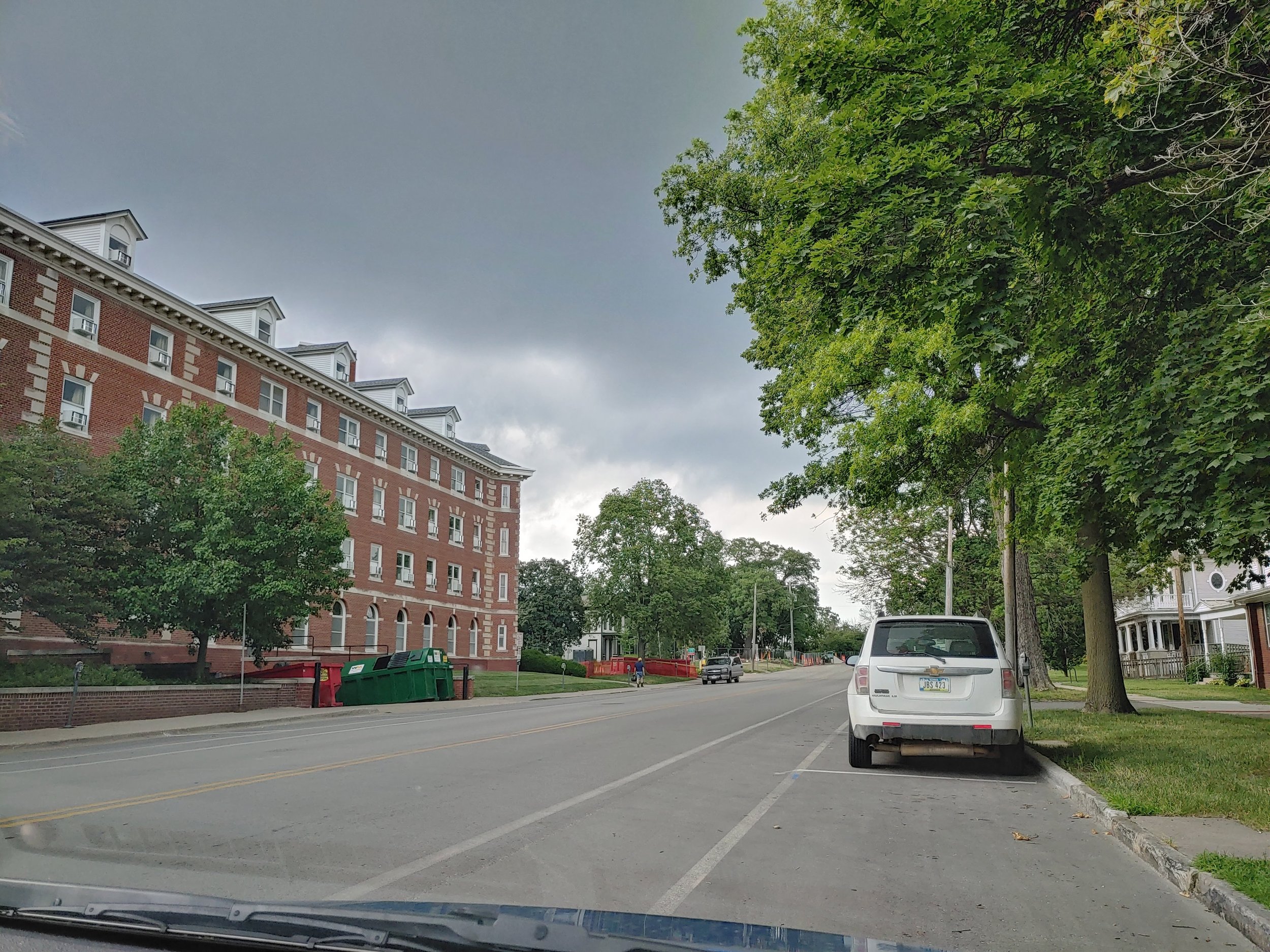
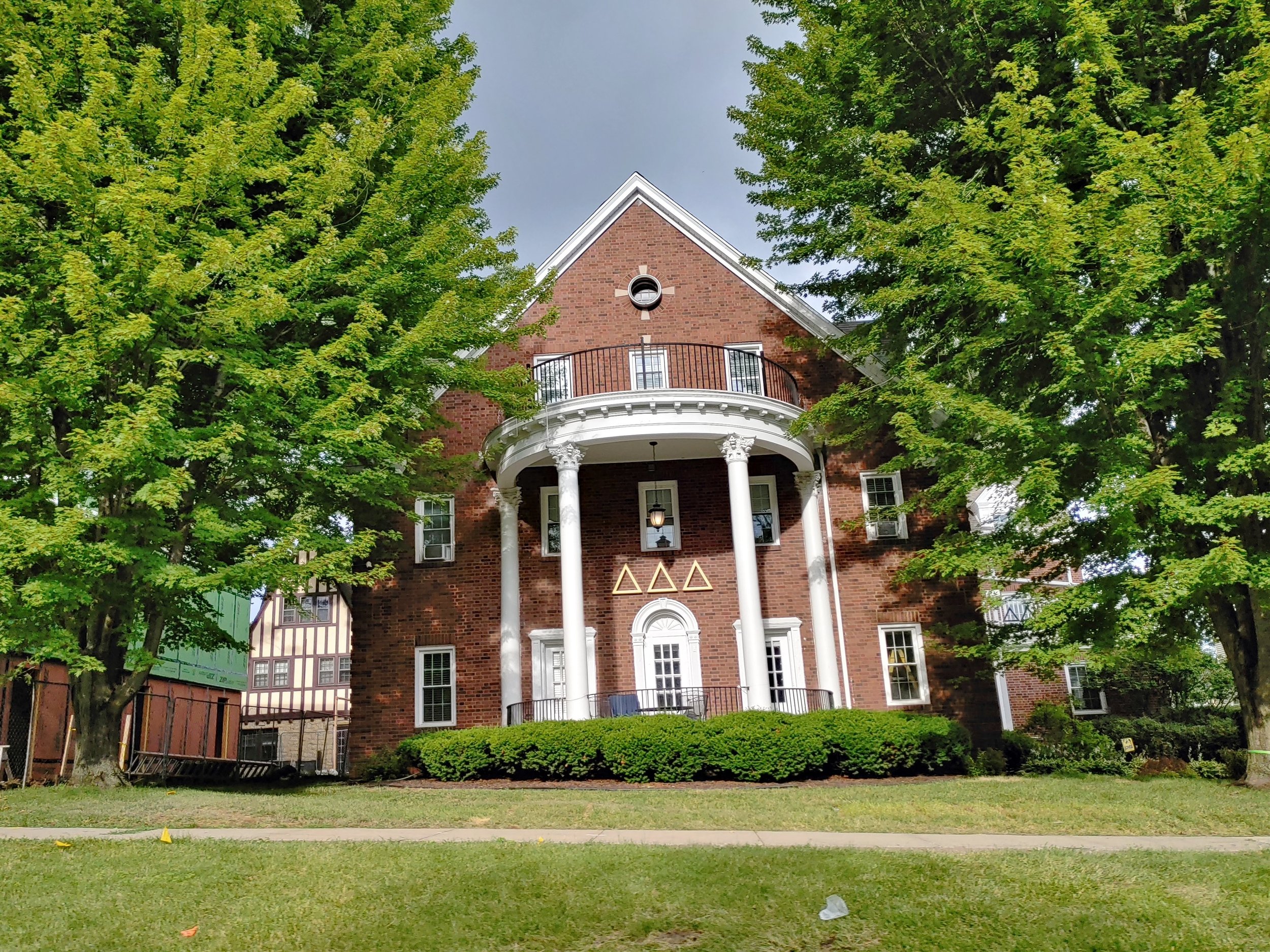
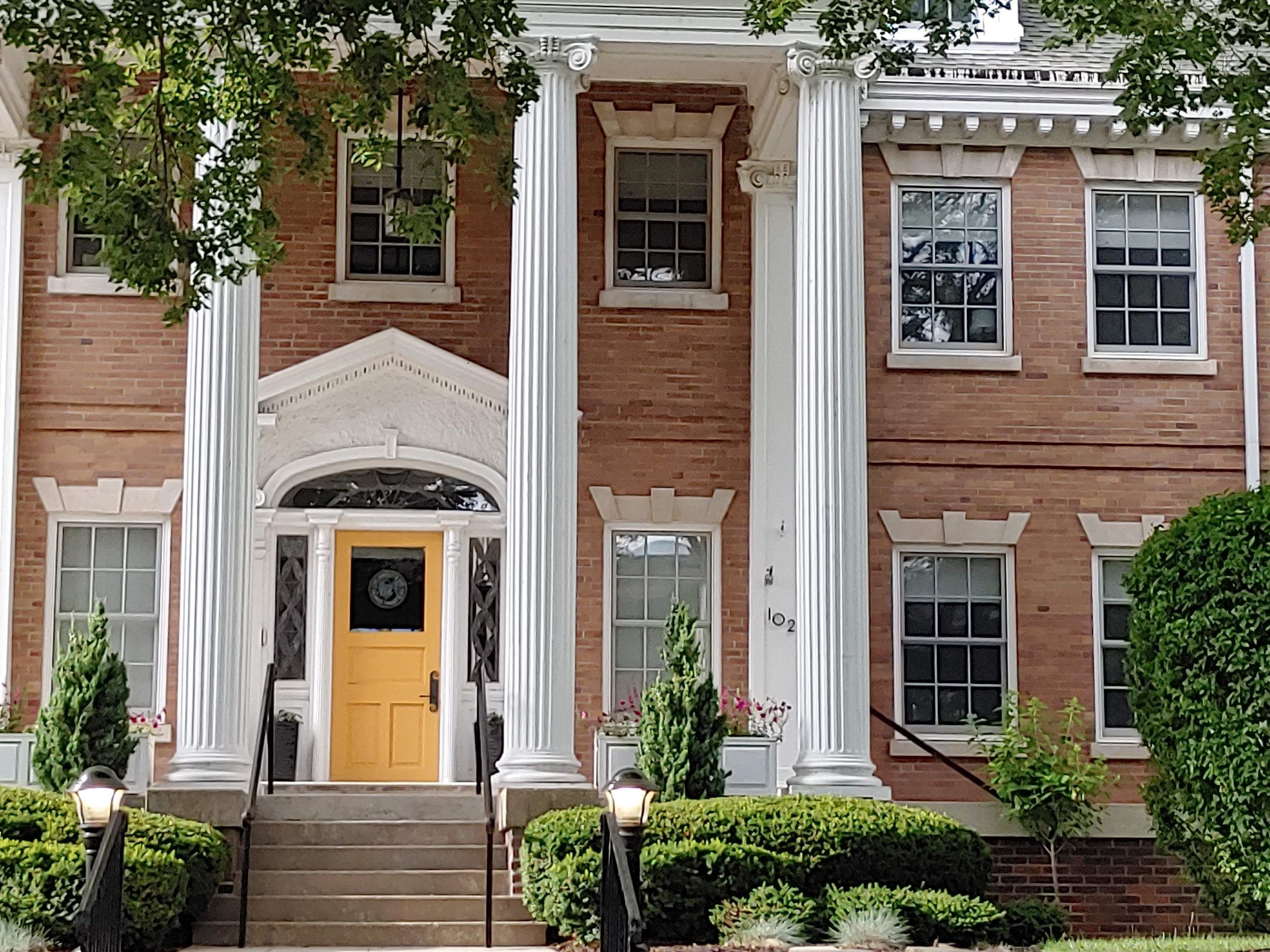
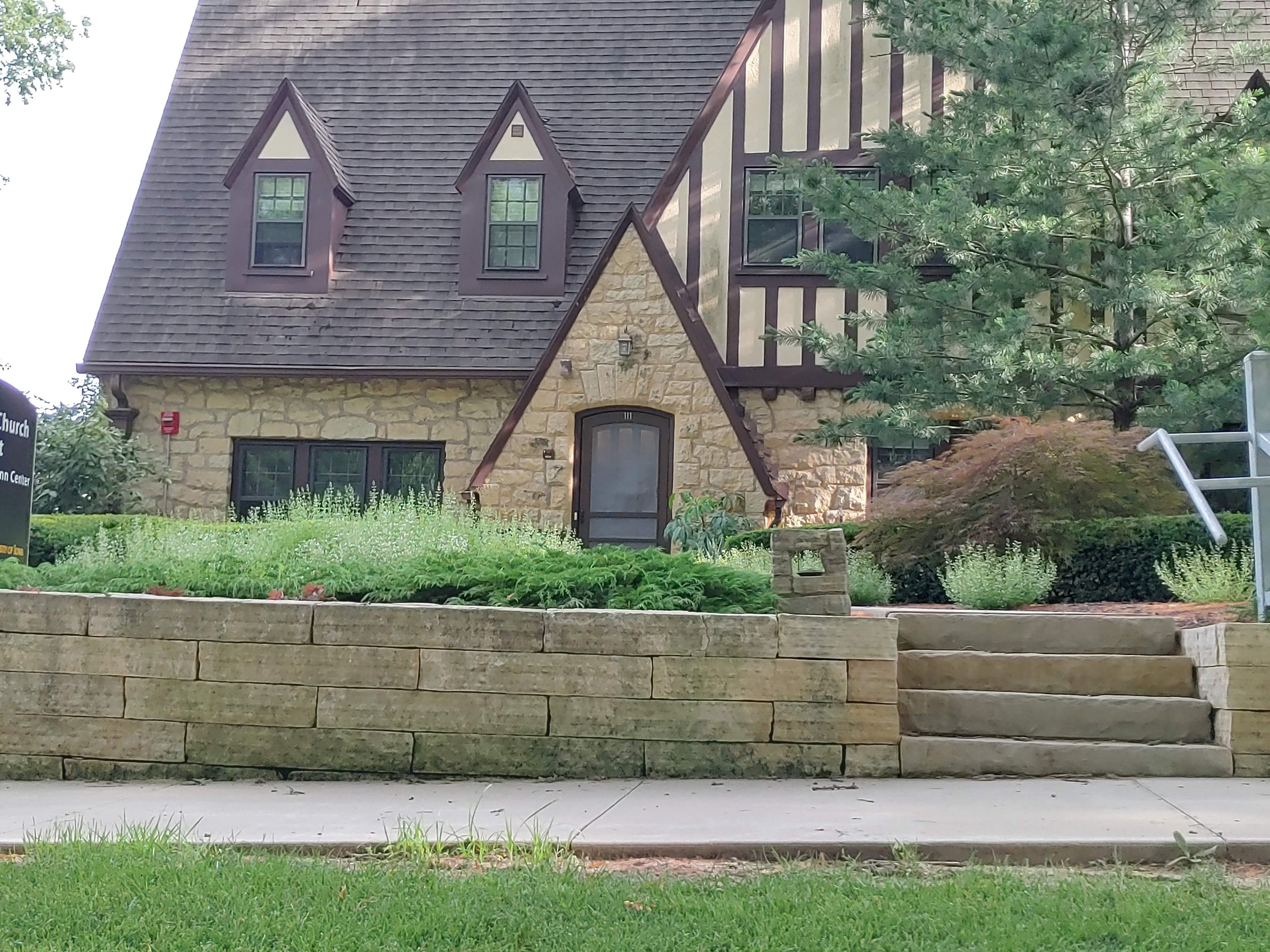
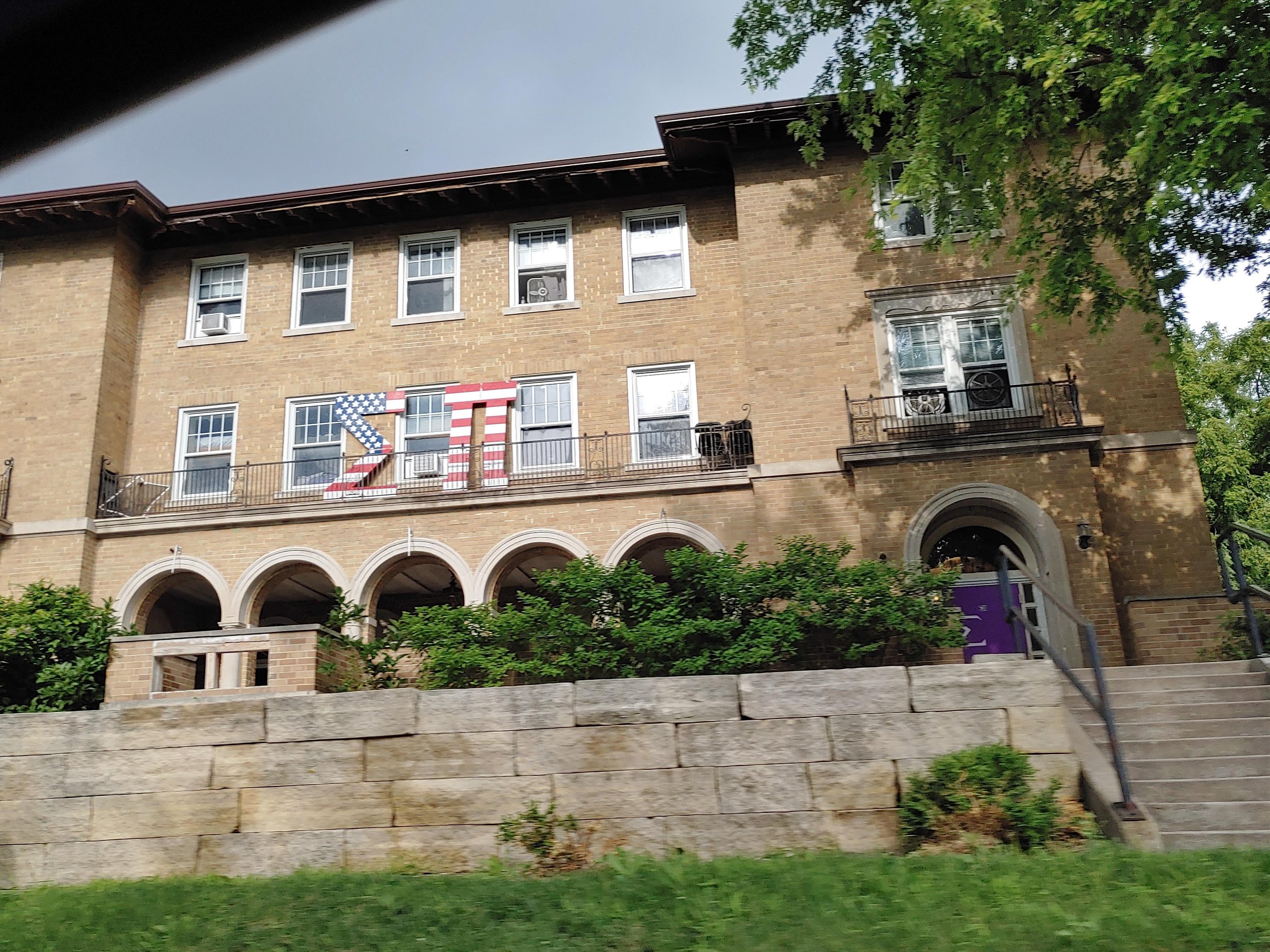
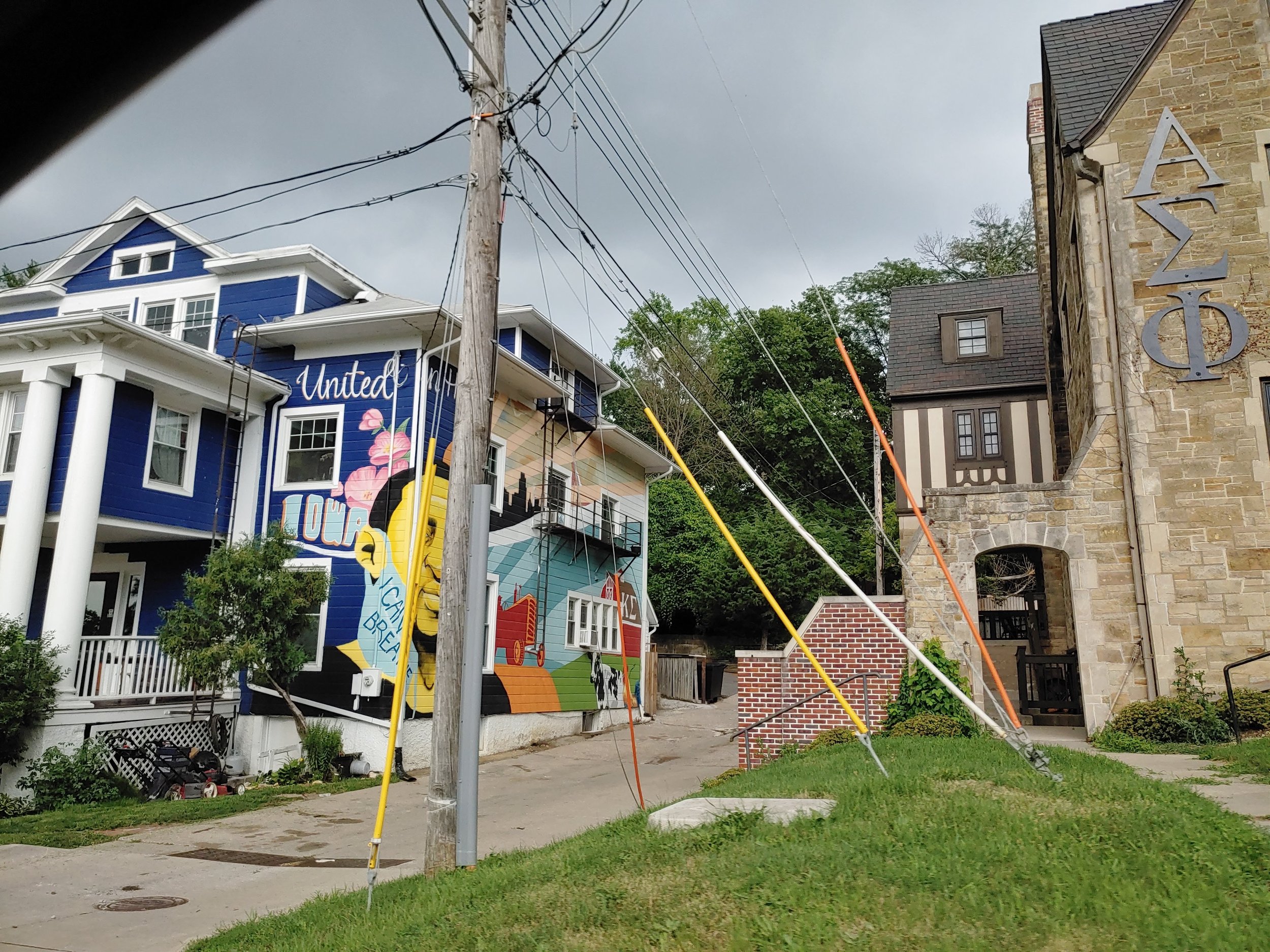
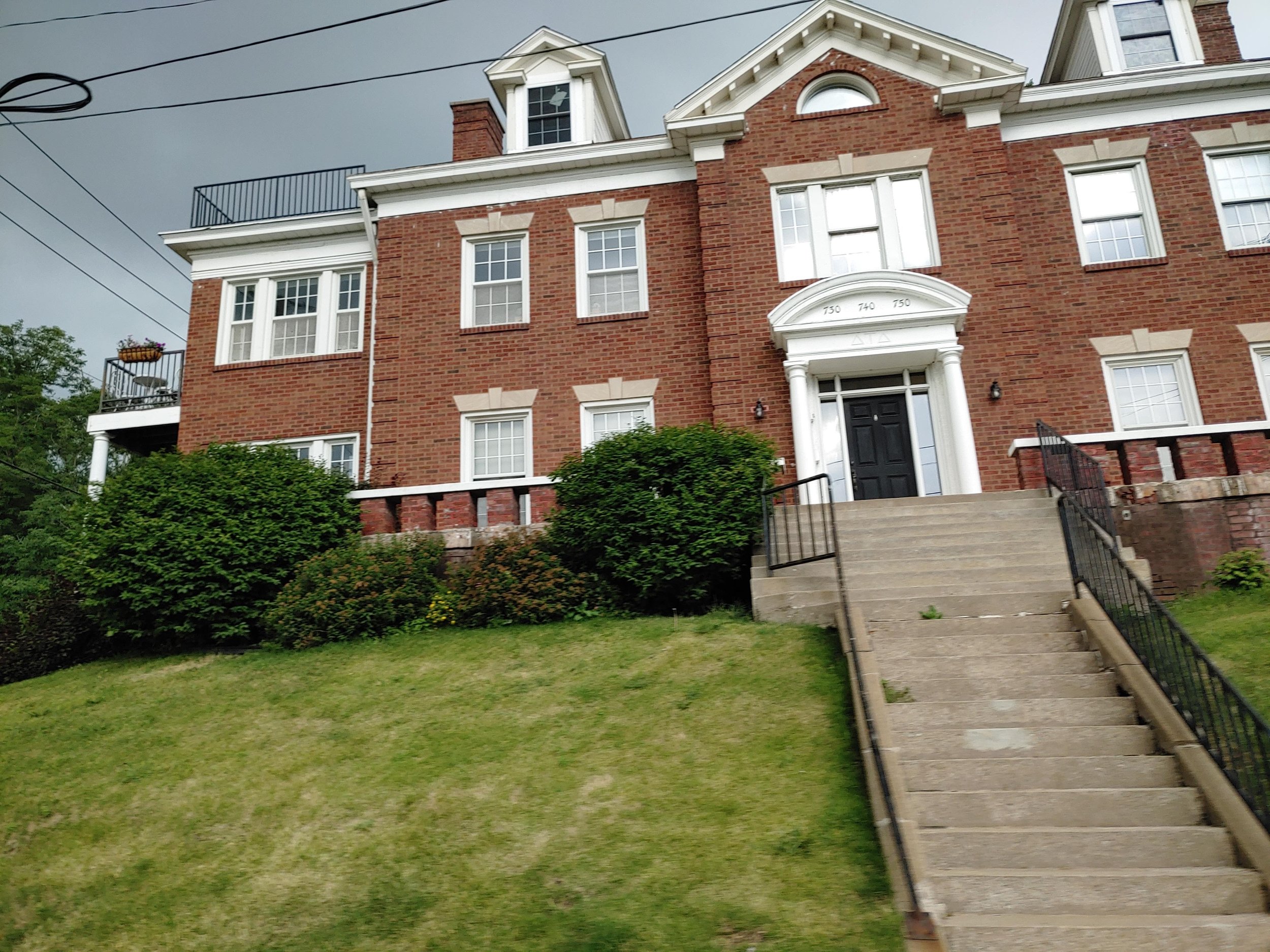
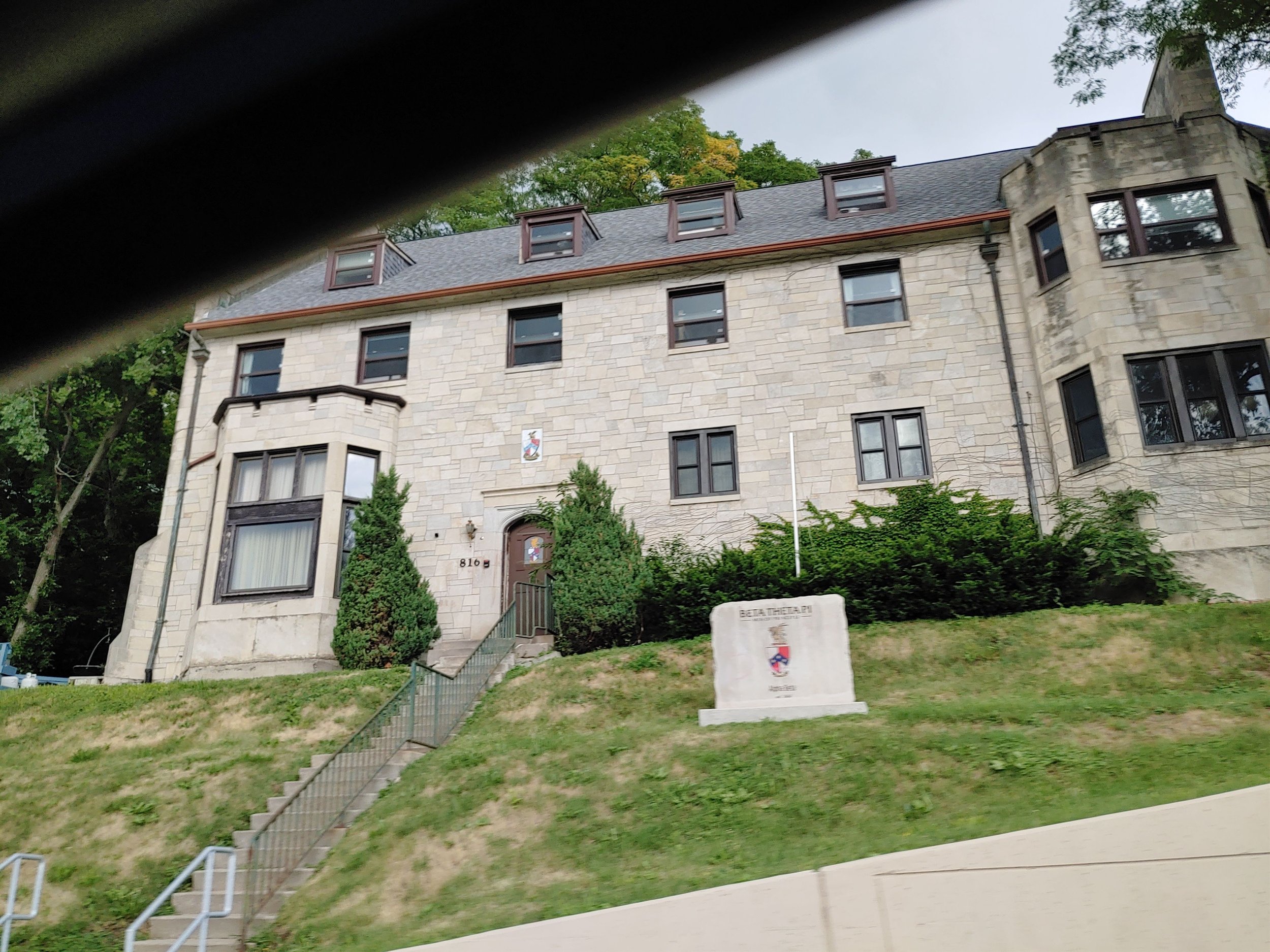
A bargain compared with other Big Ten schools such as Michigan and Illinois. Iowa is world-famous for its creative writing program and Writers’ Workshop. Other areas of strength include health sciences, social and behavioral sciences, and business. Future scientists should check out the Research Fellows Program. The university is a regional draw, although more students are arriving from outside the Midwest.
At first glance, one might dismiss Iowa as a standard-issue Midwestern State U. But look beyond the state’s endless miles of fields and corn and you’ll find one of the most dynamic schools in the country-and one of the best values to boot. Iowa is known for producing stellar nurses, future doctors, and of course, wrestlers. Founded in 1847, Iowa was the first public university in the 19th century to admit men and women on an equal basis and the first to accept theater, music, and the other arts as equal to more traditional areas of academic research. The university has long been a major player in the creative fields, particularly writing, and its small-town atmosphere is just one of many reasons students nationwide flock to this “budget Ivy.”
The 1,770-acre campus is located in the rolling hills of the Iowa River valley. Among the 300 major buildings is Old Capitol, the first capitol of Iowa, a national historic landmark, and the symbol of the university. The primary architectural styles of the campus buildings are Greek Revival and modern. Notable newer facilities include a 216,000-square-foot, state-of-the-art recreation and wellness center, the Voxman Music Building, Hancher Auditorium, and the Visual Arts Building.
Seven of Iowa’s 11 colleges offer either direct or delayed admission to undergraduates, and requirements vary by college. Liberal arts students must fulfill comprehensive requirements that include general education courses in the areas of communication and literacy; natural, quantitative, and social sciences; and culture, society, and the arts. The three-day On Iowa! program immerses incoming freshmen in the campus culture and introduces them to popular activities and traditions. Optional First-Year Seminar courses help students hone their discussion skills in a small-group setting.
Iowa has a long tradition in creative arts and is the home of the famed Writers’ Workshop, a two-year graduate program for emerging authors whose graduates have included Jane Smiley, John Irving, and Yaa Gyasi. The school also prides itself on its International Writing Program. “The English department is stellar,” raves one English major. “It’s possibly the best in the country-at least for creative writing.” Iowa’s programs in dance, music, and theater arts are also well respected. The university’s on-campus hospital is one of the largest teaching hospitals in the United States. Undergraduates benefit from strong programs in the health professions, such as nursing, physician’s assistant, and medical technician. The most popular majors are finance, psychology, health and human physiology, and communication studies. Iowa is also strong in the social and behavioral sciences, business, education, and paleontology. Combined degree programs permit students to earn degrees in liberal arts and their choice of business, engineering, nursing, or medicine. Agriculture, veterinary medicine, forestry, architecture, and animal science are only taught at Iowa’s sister institution, Iowa State.
Just over half of the classes have fewer than 20 students, and “freshmen do tend to spend a majority of their time in large lectures,” says a senior. The level of academic rigor tends to depend on the program, and professors are a mixed bag, students report. “I have had a few really amazing teachers become mentors, and I’ve had more than a few terrible teachers who don’t care,” a journalism major says. The university’s Four-Year Graduation Plan guarantees that students who fulfill certain requirements will not have their graduation delayed by unavailability of a needed course. The University Honors Program provides special academic, cultural, and social opportunities to students who maintain a cumulative grade point average of 3.3 or higher. About 150 undergraduates-across all disciplines-are chosen each year to be ICRU Research Fellows, earning scholarships of up to $2,500 to engage in faculty-mentored research. Roughly 5 percent of undergrads study abroad in nearly 50 countries worldwide, mostly in UI-sponsored programs.
“Generally, students are very open-minded and kind,” says an English major. Sixty percent of undergraduates hail from Iowa, with most of the rest coming from contiguous states, especially Illinois; 5 percent are international. African Americans account for 3 percent, Hispanics 8 percent, Asian Americans 4 percent, and multiracial students 3 percent. Students describe the left-leaning campus as tolerant and supportive of a community atmosphere in and out of the classroom. In addition to more than 400 athletic scholarships, there are academic scholarships averaging $5,700 for eligible students. Twenty Carver Scholarships are awarded each year to juniors who have “overcome unusual or debilitating circumstances in life.”
“The residence halls range from hotel-like (Catlett and Petersen) to antiquated but charming (Currier and Hillcrest) to slightly gross (Burge, a.k.a. ‘Dirty Burge,’ and Mayflower),” explains a sophomore. All are co-ed by floor or wing, and first-years can opt to live in one of nearly 20 living/learning communities, such as Global Mosaic, Living Literature, and Justice for All. Twenty-eight percent of undergrads live in university housing; most students move off campus after their first year, often to apartments or houses adjacent to the campus. The “very nice” dining halls are “set up like food courts, with numerous options for varying ethnic and special tastes,” says a senior. The student union includes a coffee shop, two cafeterias, and the State Room Restaurant. “The university talks a lot about preventing sexual assault and other forms of violence/intimidation,” notes a student.
Students often venture to Iowa City’s lively downtown area, across the street from campus, which “is built with the college student in mind,” a student says. “There are two university theaters right on campus and many affordable cultural events take place at Hancher Auditorium. The Union Bar and Grill, Mickey’s, Sports Column, and George’s are all popular hangouts with students.” Thirteen percent of the men and 17 percent of the women belong to fraternities and sororities, respectively. Policies against underage drinking are strictly enforced, and alcohol is only permitted at Greek events if there is a licensed, third-party vendor checking IDs, serving drinks, and providing security. “Students disobey the policy,” says a student, “but there are fines and academic ramifications.” Students look forward to the annual Iowa City Jazz Festival, homecoming, Dance Marathon, and Big Ten football, especially the game against Iowa State. For a change of scene, Chicago, Kansas City, or St. Louis are all within four to six hours by car, a short road trip by Midwestern standards.
Iowa’s Hawkeyes compete in the Division I Big Ten Conference. The football team is a national powerhouse and regularly appears in New Year’s Day bowl games. Hawkeye fans are serious about their team: “The whole town is basked in black and gold,” a freshman says. The women’s basketball team is a recent Big Ten champion. Softball and men’s basketball, wrestling, and baseball are also strong. Sixteen percent of undergrads participate in the extensive intramural program, which offers more than 40 individual, dual, or team sports with a variety of leagues. Among the most popular are flag football, indoor soccer, basketball, volleyball, and spikeball.
Much more than a campus among the cornfields, Iowa is an ever-evolving university where scientific innovation thrives alongside artistic creativity in a relatively progressive college town. “No one has to be ‘just an engineer,’ or ‘just an artist,’” remarks an English major. “There’s crossover everywhere on campus, and it leads to a culture of inclusiveness and respect that is hard to find elsewhere.” The scope of Iowa’s academic programs is broad and social activities abound-especially when it comes to rooting for their Hawkeyes.
-Fiske Guide

